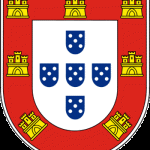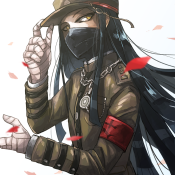|
Certainly, the whole interventionist thing might not be an "optimal" way to play, but it's certainly an interesting one! Also seems to make for a good narrative.
I can have moments of... eccentricity and sometimes be quite curious about things. Please forgive me if I do something foolish or rude.
|
|
|
|

|
| # ? May 5, 2024 09:18 |
|
the new screenshot size is fine yes!
|
|
|
|
 As war in the East continued to escalate, a growing internationalist movement began to forment itself among Portuguese philosophers and thinkers. 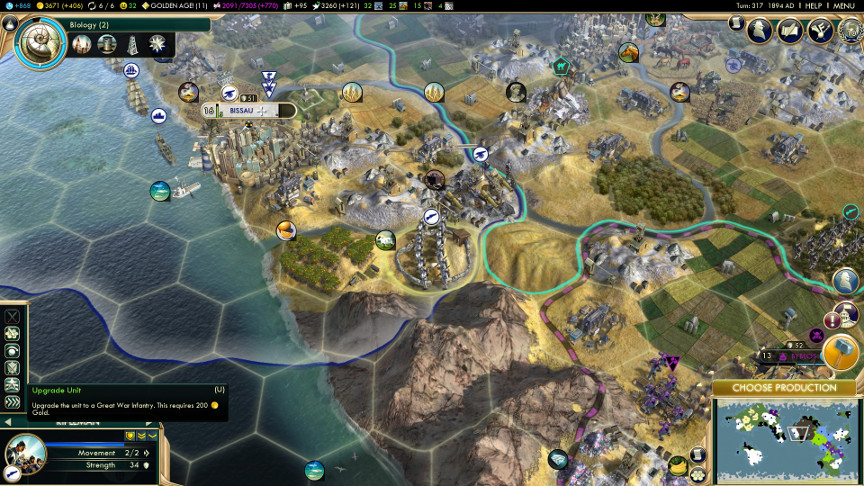 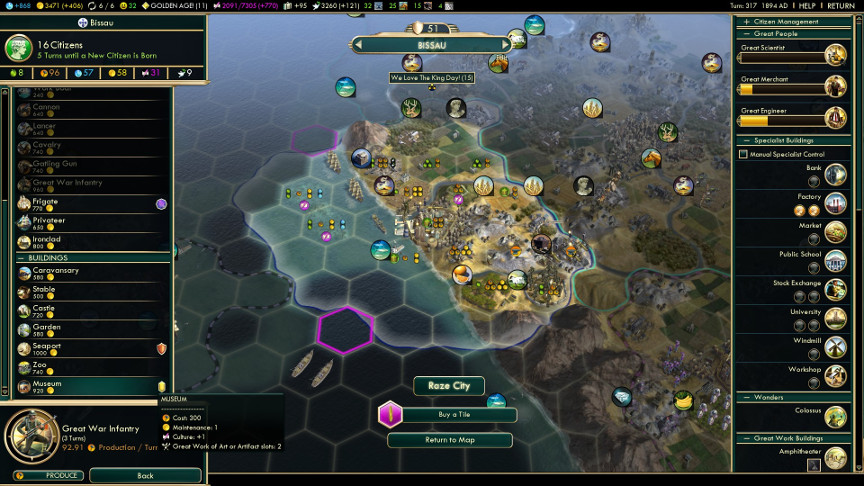 Despite a need to safeguard against the possibility of war with the Shoshone, and subsequent military expenditure and modernization, there was a sense among Portuguese abroad that, for the most part, they were safe. 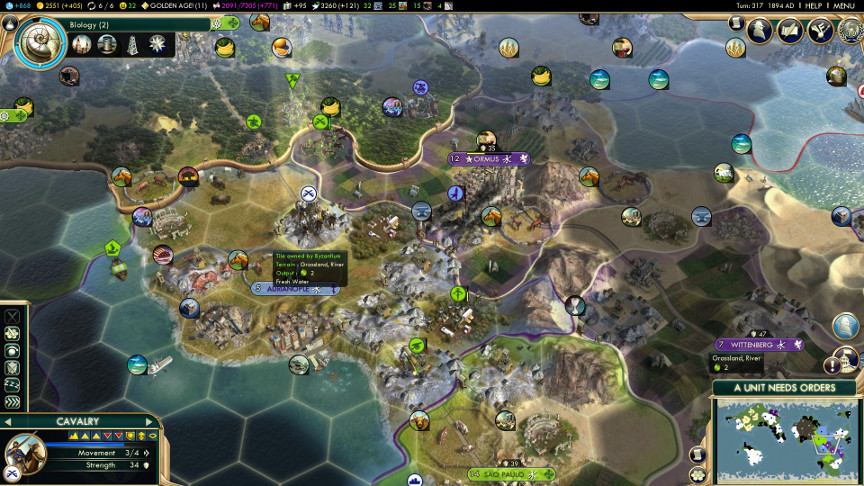 Amidst reports of sieges rapidly overcoming Venetian defences in the Byzantine exclaves, there was a prevailing sense of...distance growing between those living in Portugal and those still embroiled in conflict. 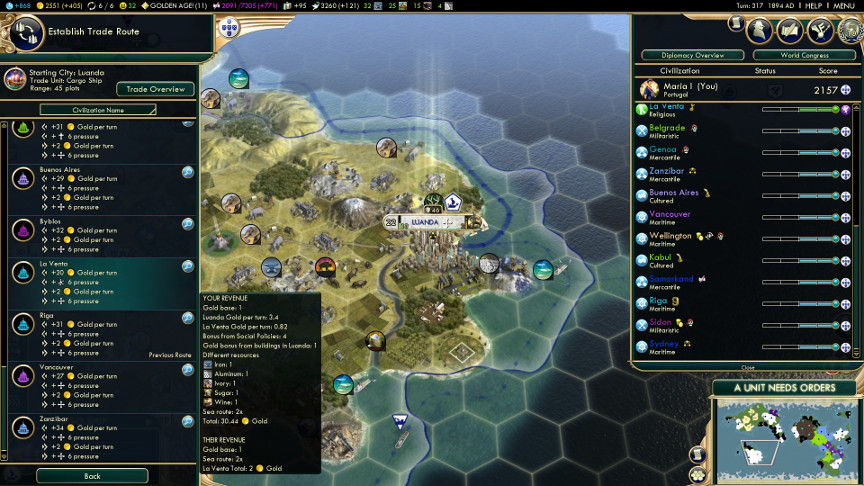 After all, Portuguese wealth, still the lifeblood of the nation, was able to guarantee anything from education to frivolities to the promise of safety within its borders. 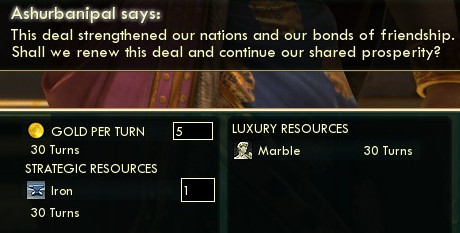 Assyria recognized this as a reason for which they knew to foster strong relations with the Portuguese.  However, this desire to reach out and more positively affect the world on an individual level took on a more interesting course. 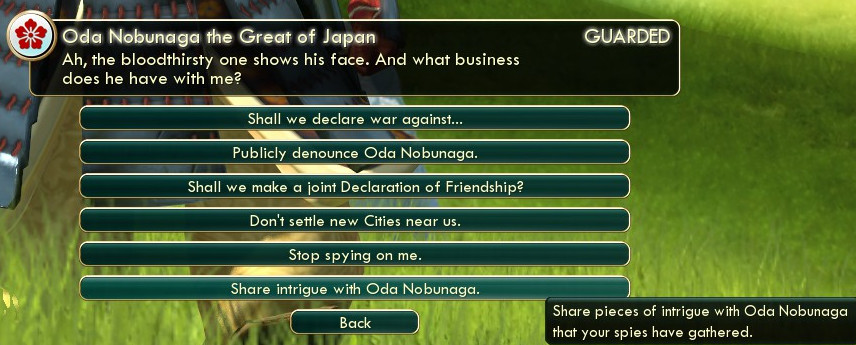 Sometime just before the turn of the century, a Portuguese intelligence agent gave a secret missive to a contact among the traders to travel to the city of Osaka via La Venta and deliver a message to Nobunaga Oda.    Though the message did reach its intended recipient, its contents quickly spread throughout the Japanese territories still owned by the shogun, and there was a brief period of widespread panic during which there was widespread speculation that the remaining Oda-controlled Japanese city would soon belong to another power. 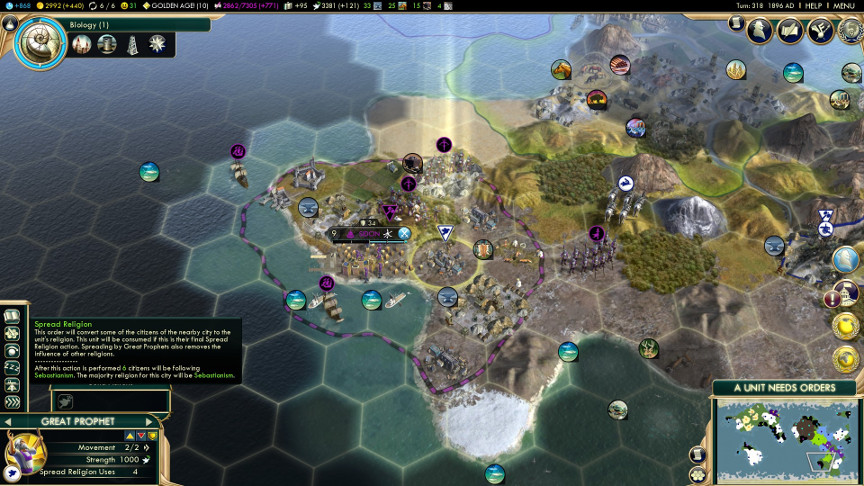 With Sebastianism ascendant in the southeast, there was a sense among many Japanese that their future as a unique culture was not merely in doubt, but destined for extinction. 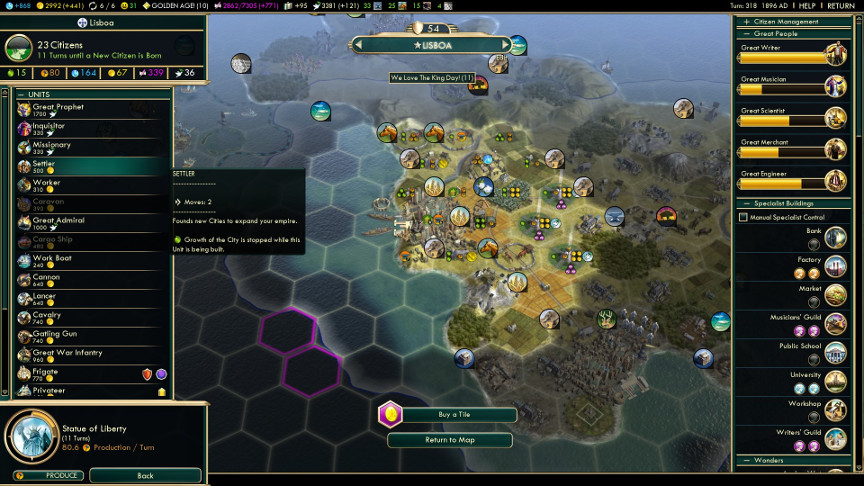 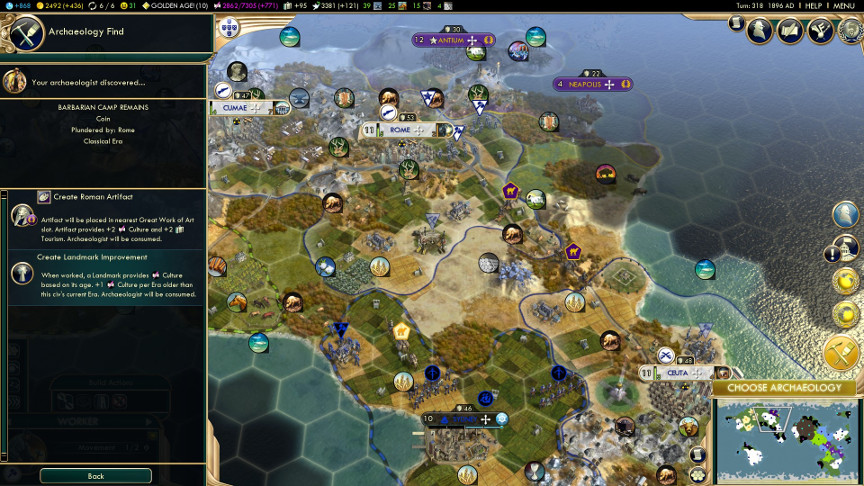 Portuguese expansion efforts were on the rise, and there was no piece of history that they would not appropriate to put in a museum in any of their worldwide museums dedicated to other culturally obsolete nations. 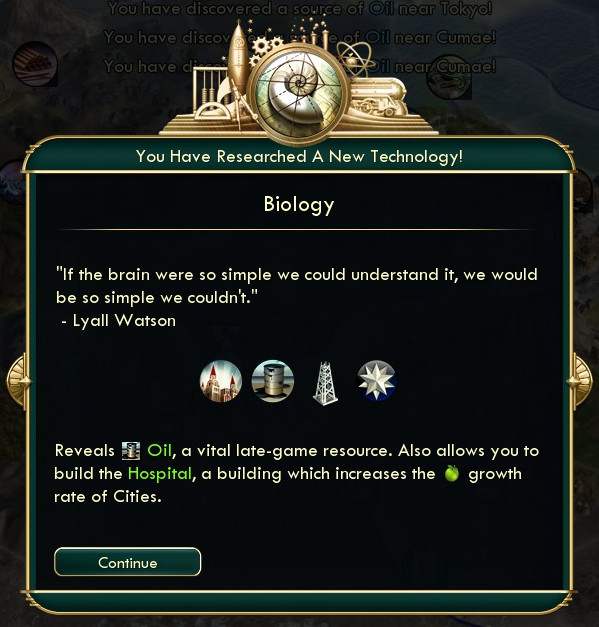 With each advance in Portuguese learning, the end of Japanese culture seemed nigh. However, something different happened: 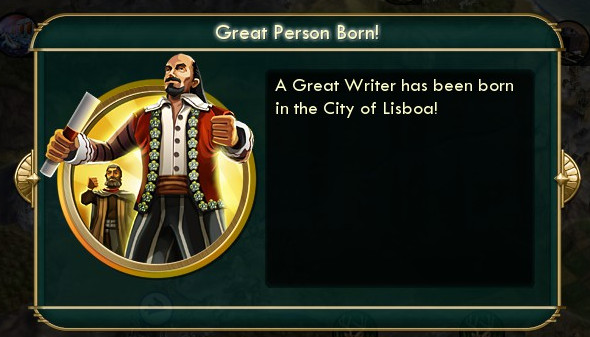  At around this time, the Portuguese focus on their historical presence within Japanese exclaves came to light with the publication of a journal belonging to a sailor aboard the formerly Japanese warship, the Justo Takayama. These memoirs were published in serial format as part of a Japanese newspaper, and played a part in bringing the story of the Japanese population of Portugal into the public eye. 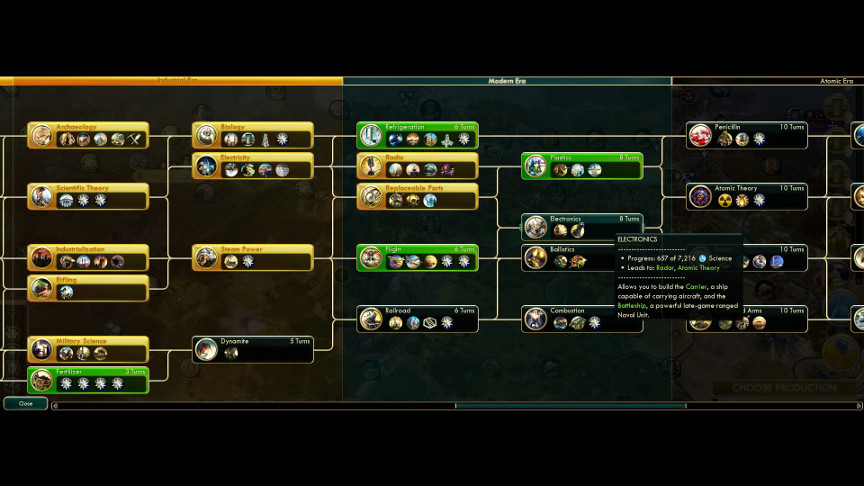 A devout Sebastianist, the central theme of his letters seems to have been one that agreed with the notion of Portuguese cultural supremacy, on the prevailing notion that their focus on learning and advancement could only be good for the world. 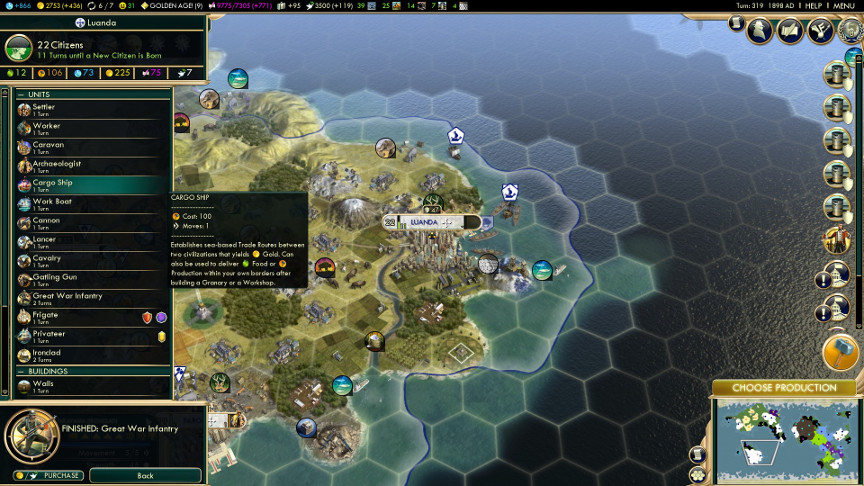 This view understandably won some popularity with a larger Japanese audience, but there were also underlying messages of dissatisfaction with the status quo, and that his learning would necessarily be predicated on the loss of things he once held dear, such as his homeland and faith. These are some of the ideas he shared: 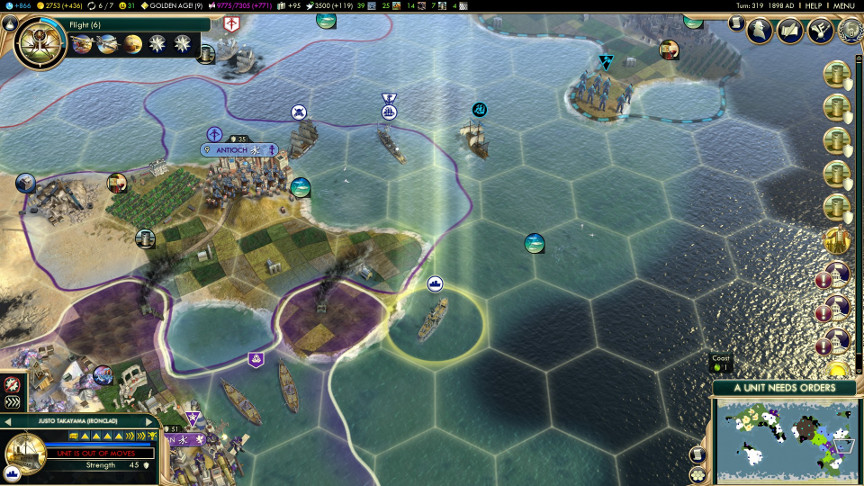 "Junho, 1897 As we wandered our way up the coastline back home to Kyoto, the evening sun stained the sky with a morose and somber red. I was remembering a conversation I had with a man in Lisboa. 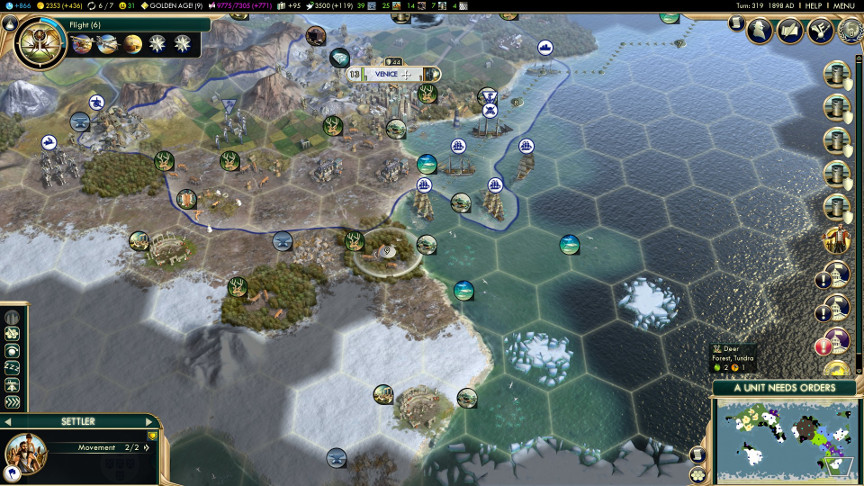 He told me that he was once a professor at the Universidade de Lisboa, and he was going to seek greatness in an arctic expedition. He believed that soon, the endless land of winter to the south would thrive like the cities of Faro or Cabo Rachado. 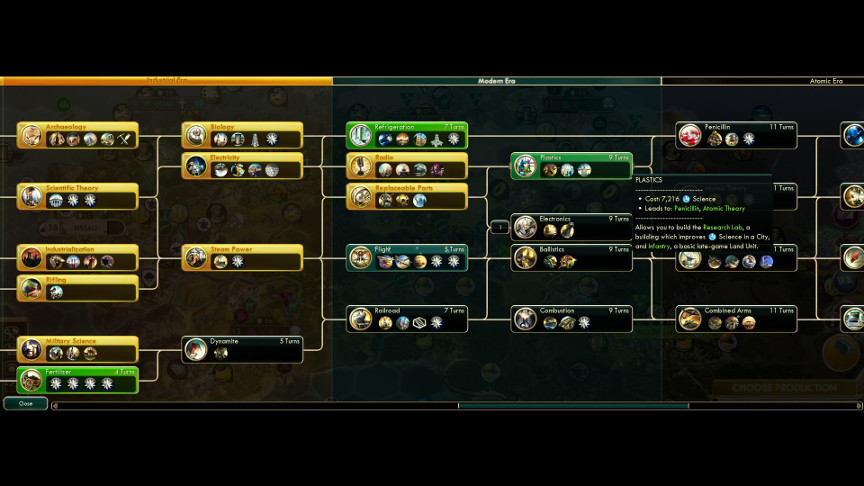 He had also made clear his dissatisfaction with some divisiveness at his place of work regarding areas of research to pursue. A funding grant had recently been revoked and a number of professors had resigned in protest. 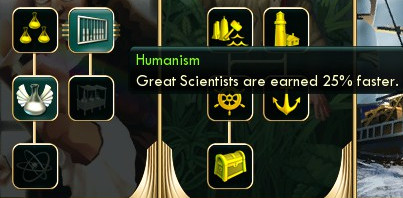 In this I find myself confused as to the nature of the Portuguese, as their military dominion over my homeland, by all accounts, seems unlikely given their divisive, individualist nature. 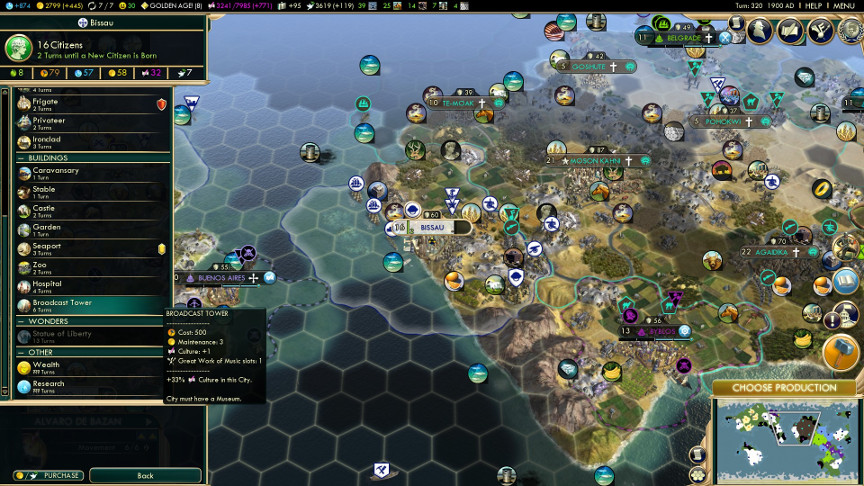 However, the professor told me that his belief was that where the individual thrives, the nation can reap ever greater rewards. 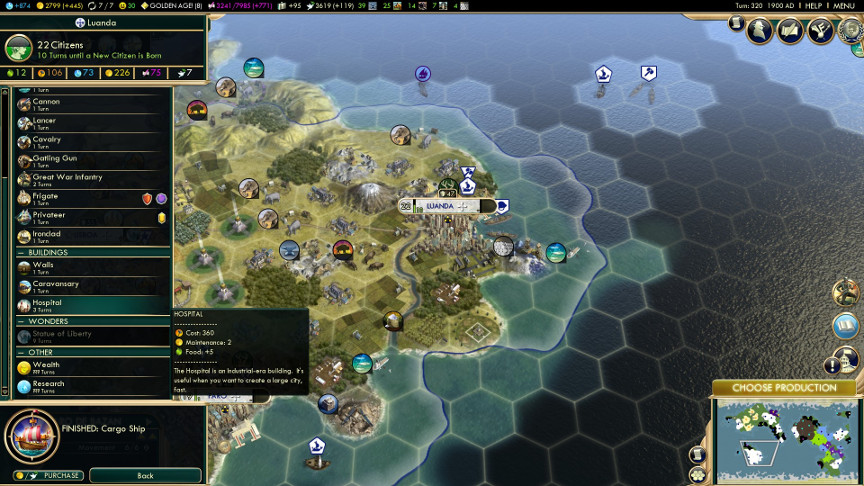 If the state exists only to guarantee the ability of its people to be free and make their own judgements, then why do they not act according to their own impulse, disorderly and self-centredly for lack of leadership. What then makes the Portuguese different from the anarchists they claim to be fighting? 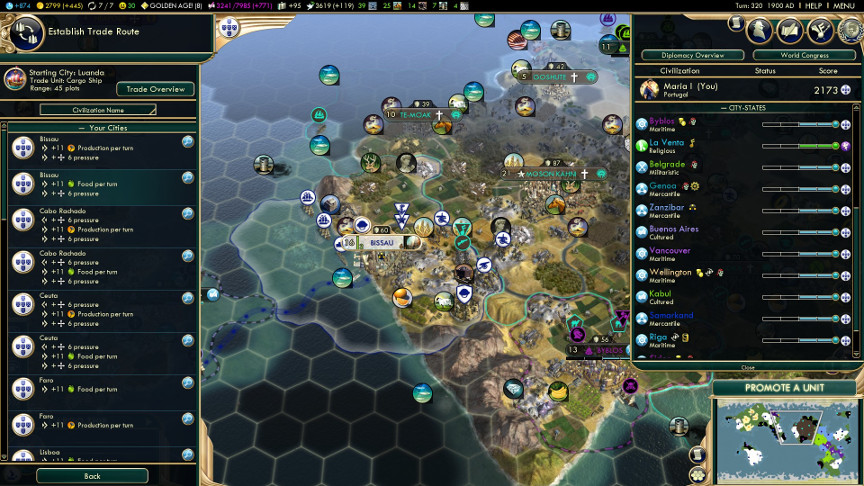 He told me that it has to do with the human capacity for reciprocity. The Portuguese merely look at the crises abroad and see that their own lives are richer and more peaceful for the efforts of their nation, and thus feel naturally obligated to each other. 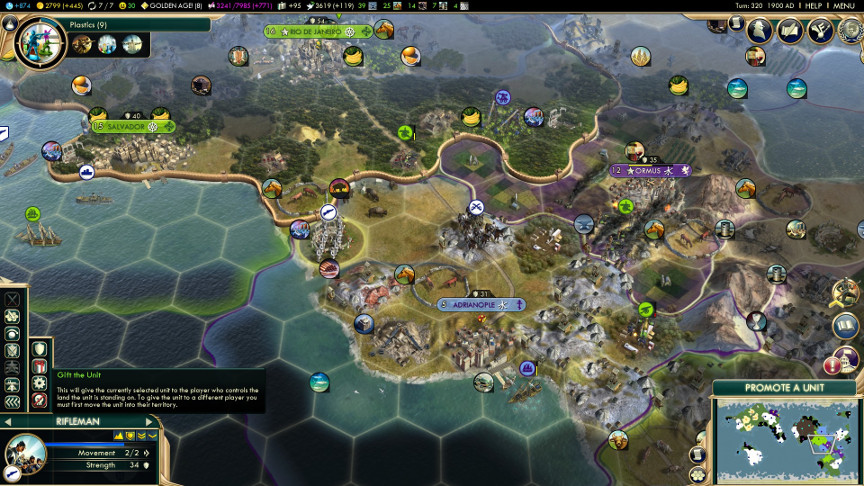 This bond of natural mutual obligation is stronger than any obligation to the will of the divine or to the authorities of kings, as its effects and consequences are immediate and readily visible. 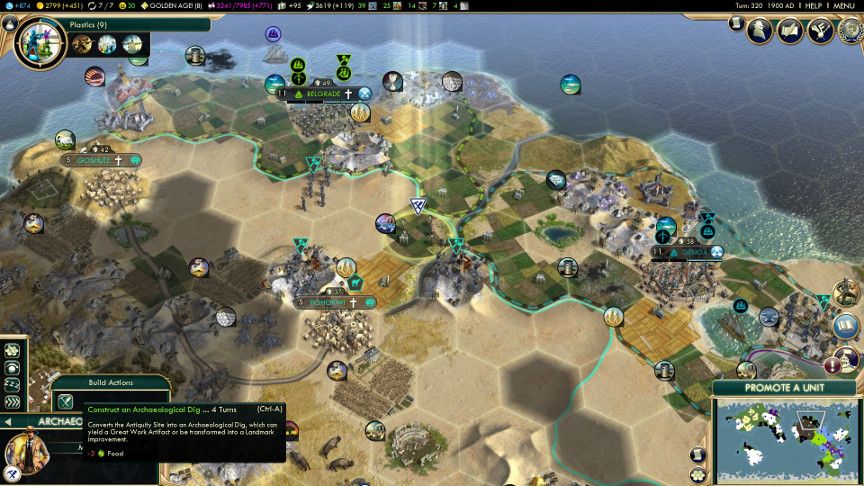 It is not perfect, and it does have its limits, but it is the basis of the Portuguese character. 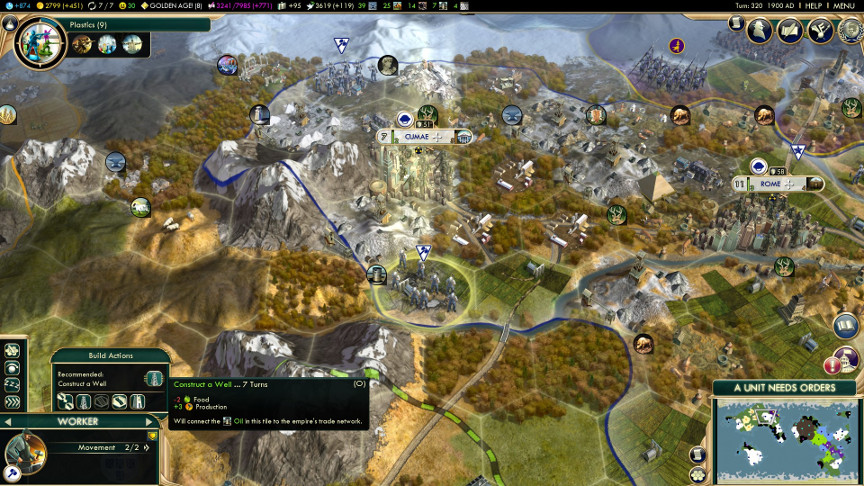 I told him that under Oda, our obligations to the nation were still greater, as we were expected to give our lives to the cause of the Shogun. How then, does human reciprocity prove itself in the face of a willingness to discard your own life?    He paused for a time, and then he told me:  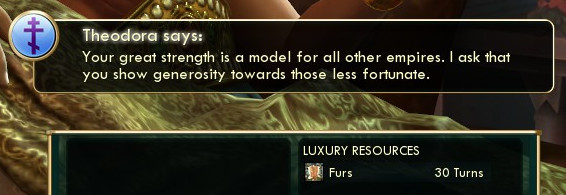 "By demonstrating that you would willingly sacrifice yourself for another, you make it possible for them to do the same for you.'" 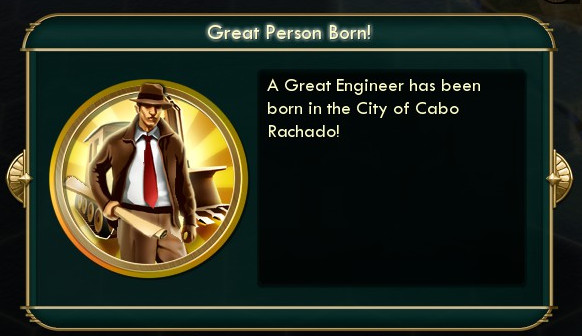 "Outubro, 1899 Time seems to have lost more and more meaning to me the longer I remain apart from my homeland. I saw a tree on the coast of Osaka burning yellow in the daylight, and remembered a strange young man I met some time ago in Cabo Rachado.  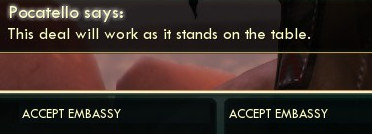 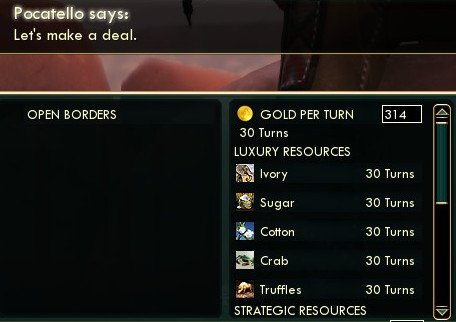 He said that he was originally Shoshone, and that he was studying at an exchange program in the small neighbouring city. He betrayed an expression of sadness when he did so, as though he understood something that I did not. 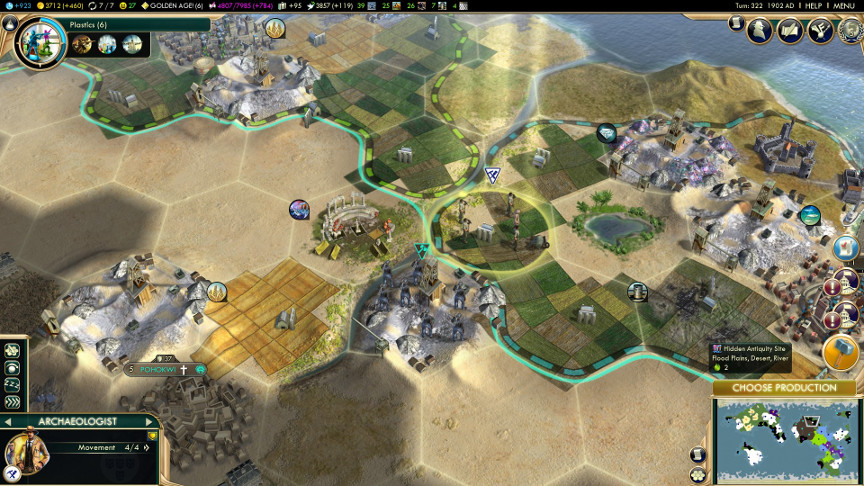 He was an admirer of history, and wanted to better understand the arts and sciences in a way that would contribute to the future of mankind, both Shoshone and Portuguese. 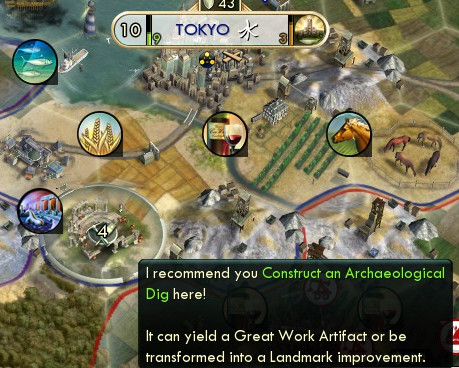 Knowing at the time that tensions among our people were high, I warned him that his desire to do so may not be looked upon kindly in his chosen place of study. However, his optimism about his work seemed unabated. 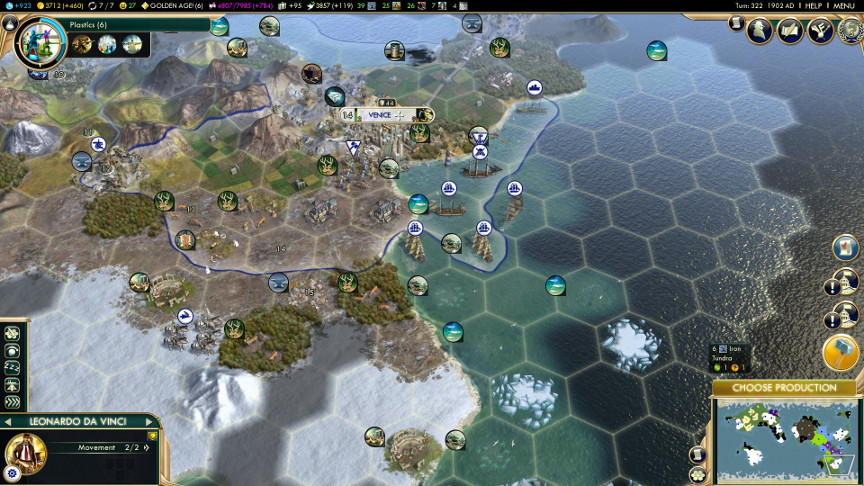 That enthusiasm was infectious, as I decided to tell him about my encounter with the man from Lisboa, and his similarly mad scheme to set up a place of research to the south of the Venetian arctic. He immediately told me that he would be going there as soon as he graduated. 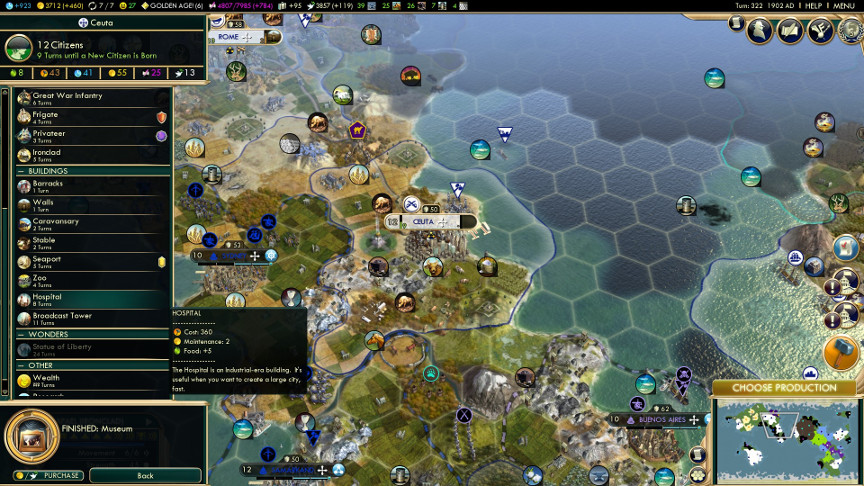 He struck me as a man somewhat detached from the world around him, but admiring it through a telescope like one sees and maps the stars, entrusting his own fate to their guidance much like the explorers of old. 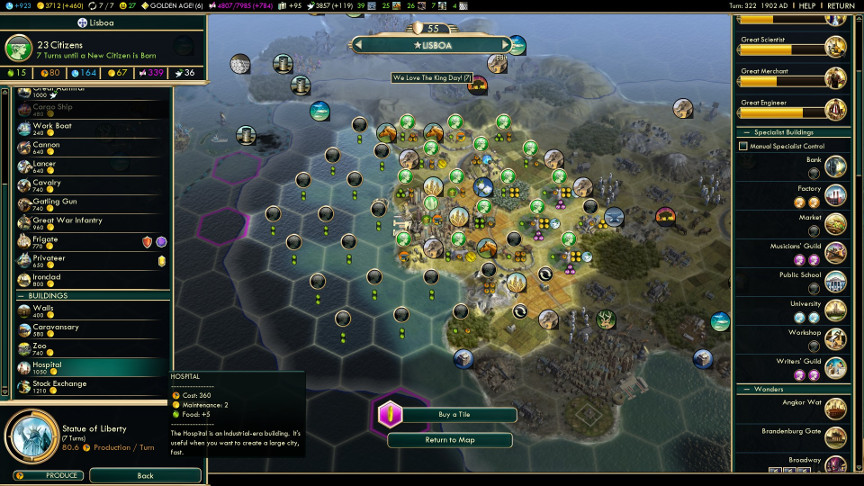 I could not help but wonder why our world could make such a man as this, who could decide at a moment's notice to travel away from his home and his loved ones in mad pursuit of an idea. 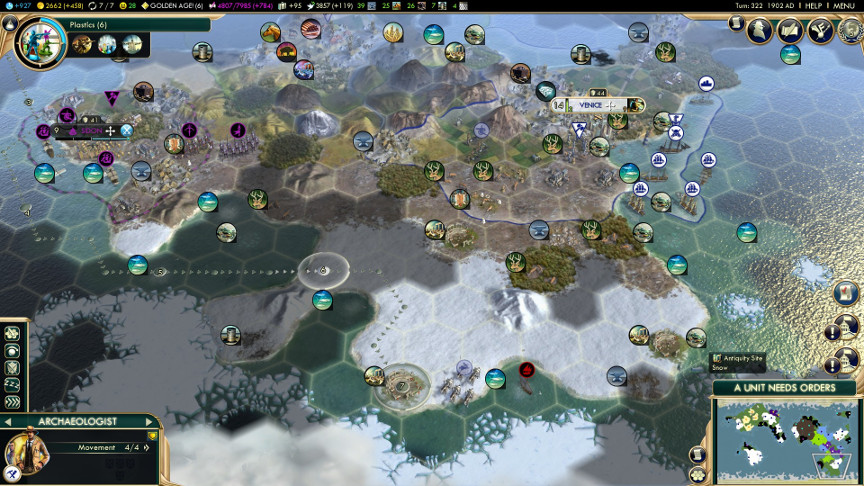 I can see that as my body grows older, my mind seems to wither in the face of these strange occurrences and ideas, and I wonder what Father would have thought of it all." 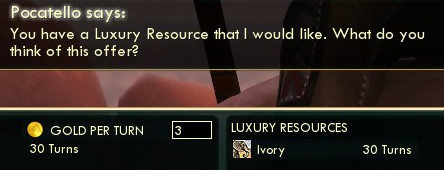 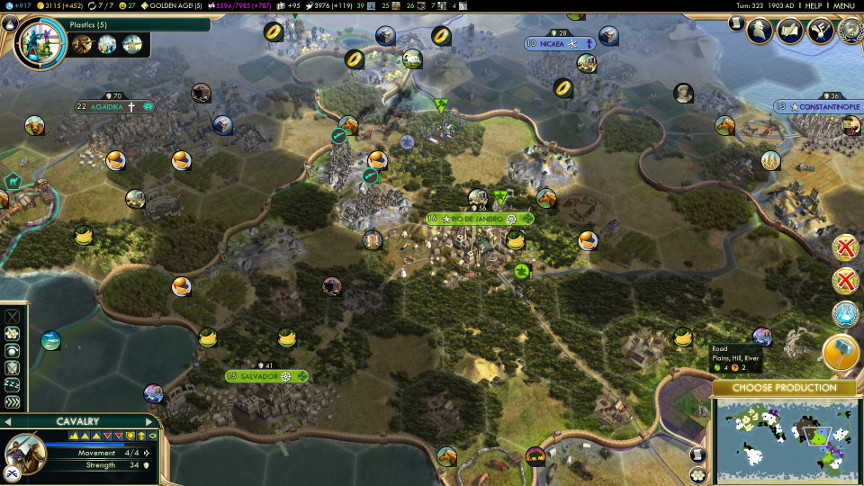 "Janeiro, 1900 This new year's celebration that I looked forward to since my return has turned to ashes upon my arrival, as I have learned that my dear mother passed away in my absence. 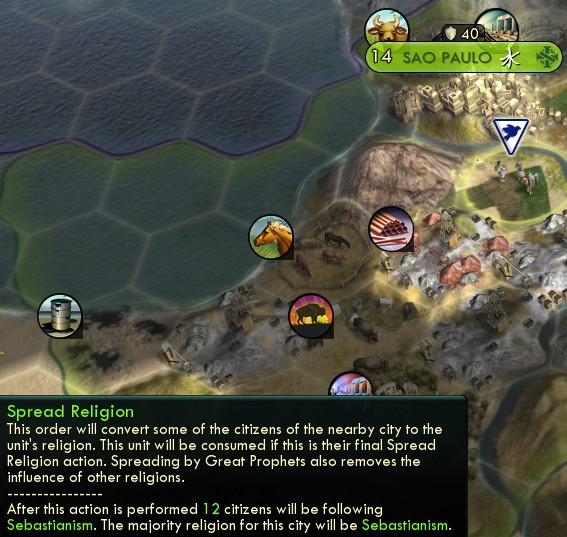 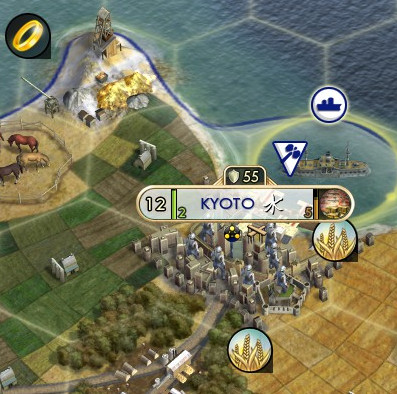 Though I may sit in my home, watching the rain fall outside my window, I cannot help but wonder what has become of my brothers and sisters. 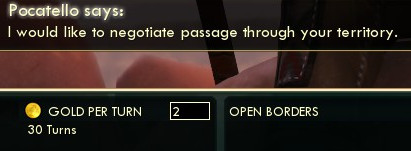 is talk of escalating war abroad, and that the Portuguese have hatched a plan to deliver our own soldiers to Pedro in order to stop the ambitions of the Shoshone. I can only pray for the safety of our troops, and ask the huntress to let their bullets find the hearts of our enemies. 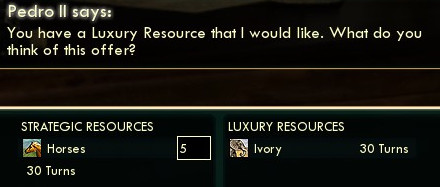 I cannot accept the idea of living in another century without better understanding the world I live in.  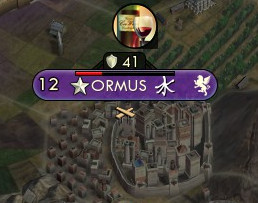 What we might call the miracles of the past seem to fall upon good and evil with seeming abandon. 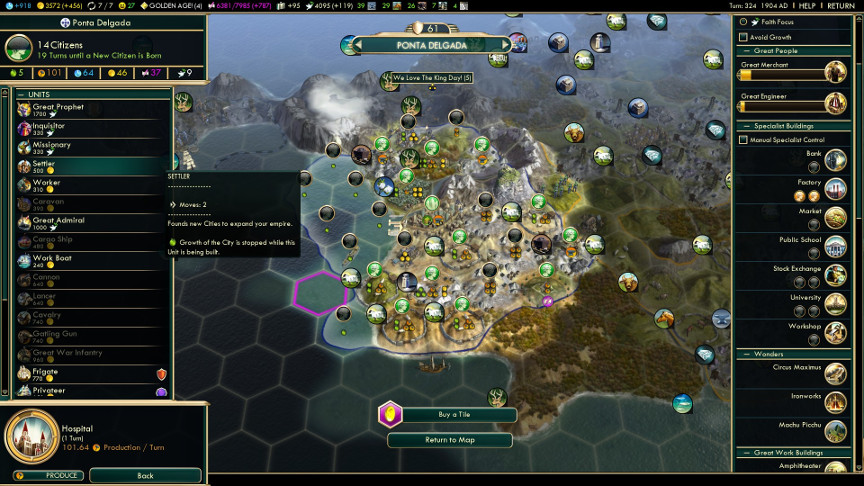  I was blessed with an opportunity to learn and travel the world, and now my thoughts are only with someone whom I left behind, never to see again."  "Septembro, 1905 I believe that I have come to understand something on the nature of reciprocity. 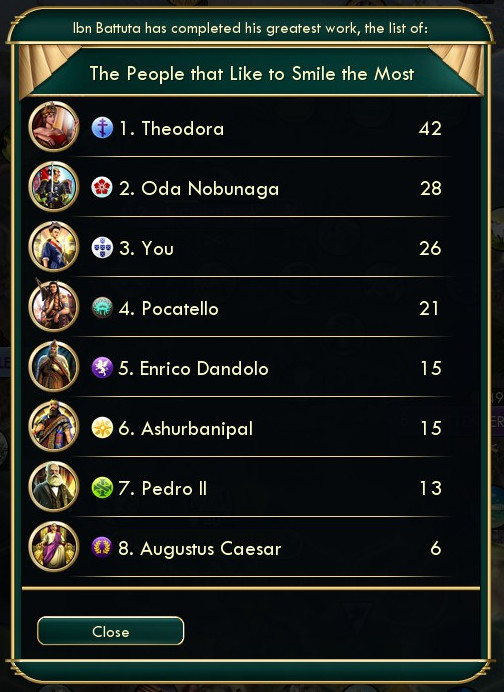 Perhaps we may live in what is called a 'golden age', but as an individual I must turn away from my homeland once more in order to sail into uncertain possibilities. 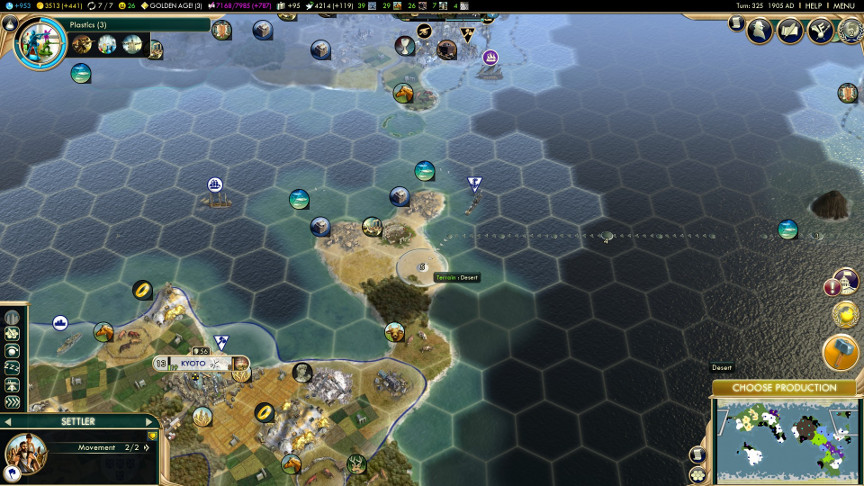 I watch the land I call home fade into a distant sunset, and learn that the people of Ponta Delgada wish to contribute to the construction of a new city on Japanese shores. 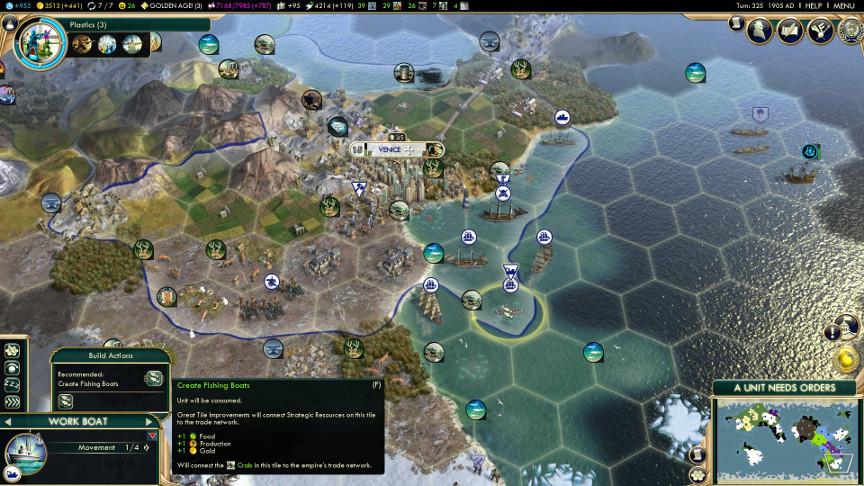 I learn that Faroan fishermen have found fortunes off the coast of Venice, and that soon my acquaintance from Lisboa will be completing his expedition. 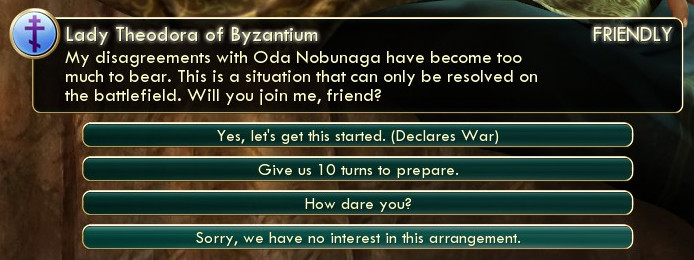 Though it was but a rumour, I learned that the President of Portugal was not going to pursue claims on the remainder of Japanese territories, which is just as well, since I can barely consider myself to be anything like the people to the south. 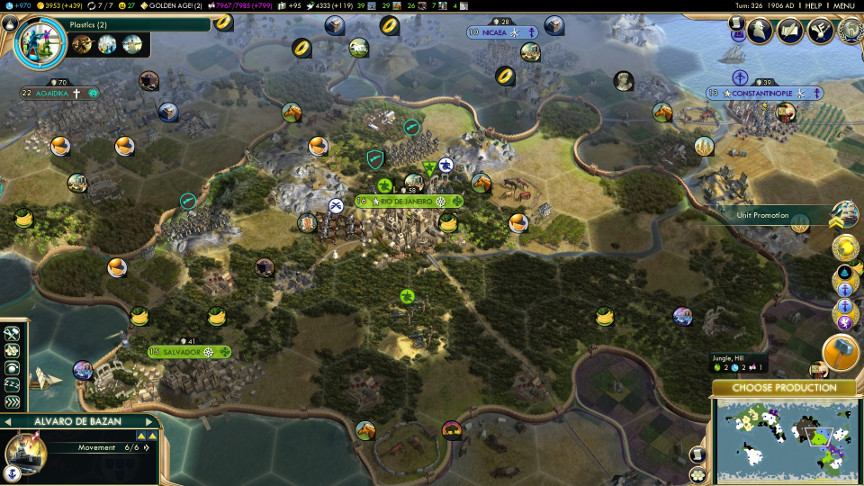 As this thought crossed my mind, a deep and still feeling of warmth came over me, as I finally grasped something about my life.  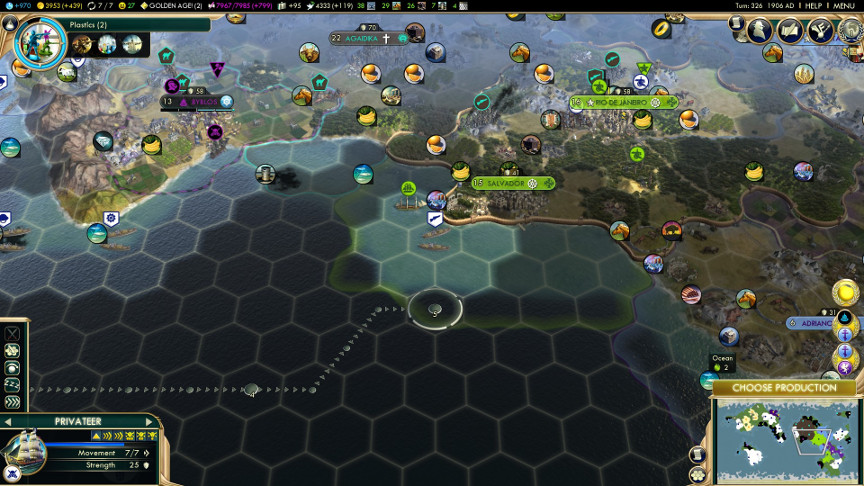 How strange it must seem to the Portuguese, that I consider myself among their number and consider those that share my language and my skin as outsiders. 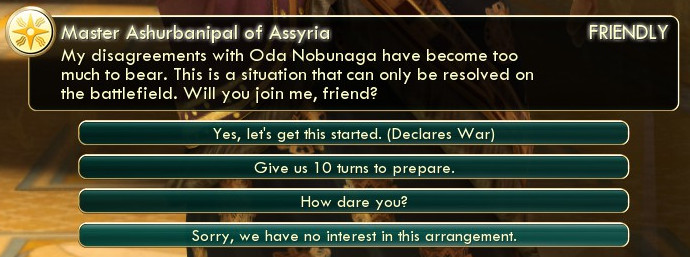 Yet, I cannot help but feel gladdened by the understanding that Oda and his ilk, while given to the ideal of sacrifice for the state, are not at risk of harm from democracy's arsenal. 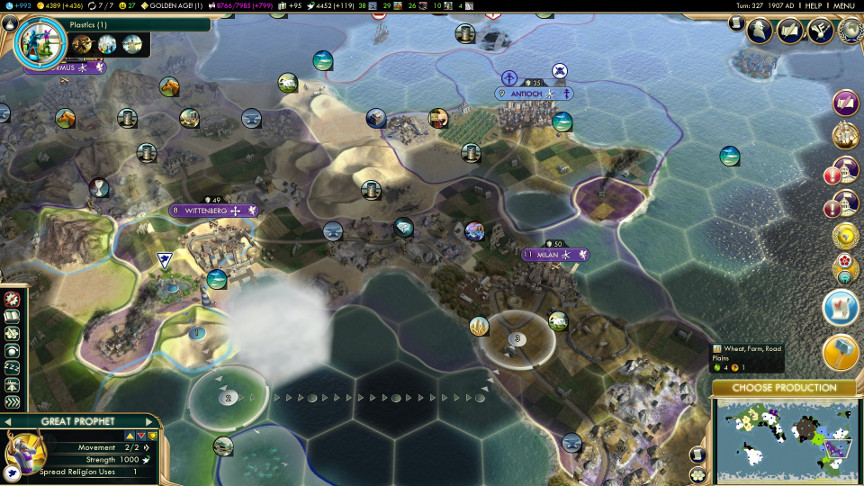 As a Sebastianist, I am told to pray for peace as the arrows of mankind are to be turned upon beasts, not each other. 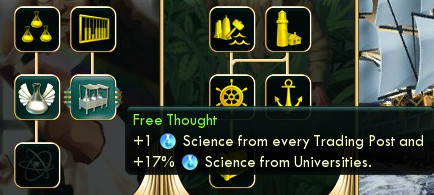 As a man, I find that I can agree with this.  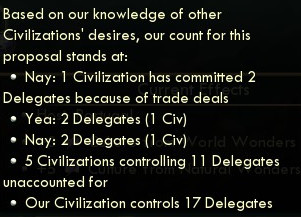 Yet, I understand that this is also a feeling shared by the Confucianist majority in my homeland, and that my own opponents in matters of faith are brothers in thought, united by a commonality of will. 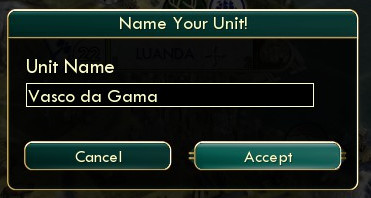 I think of myself as like an explorer of old, facing a new landmass for the first time. 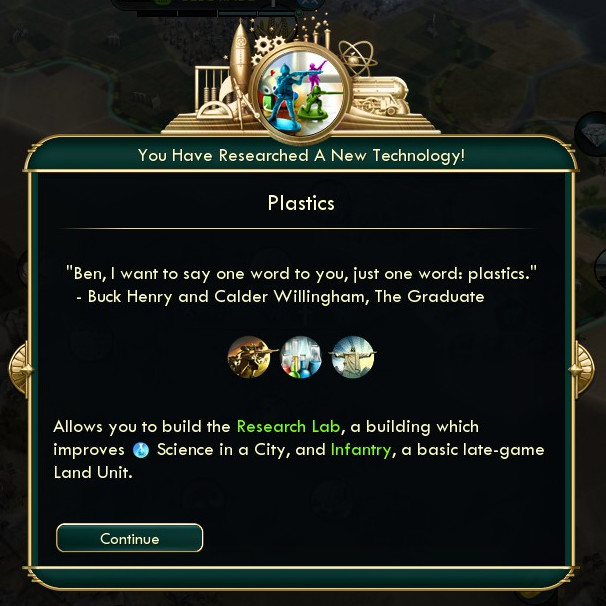 Yet, what I find on this new island are other explorers, seeking the world much as I do. 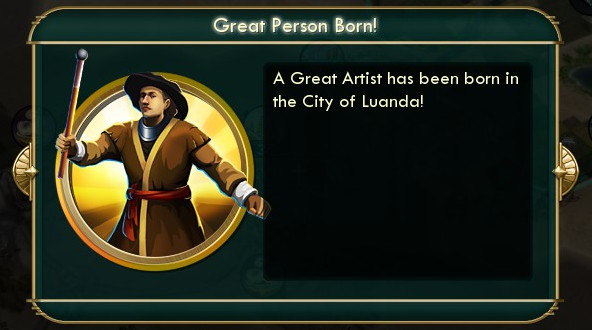 I find myself wanting to celebrate their stories, share their insights, and discover their homelands for myself. 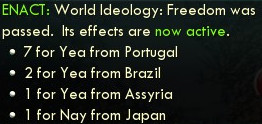 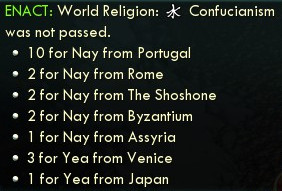 In this, I believe we can find common humanity." 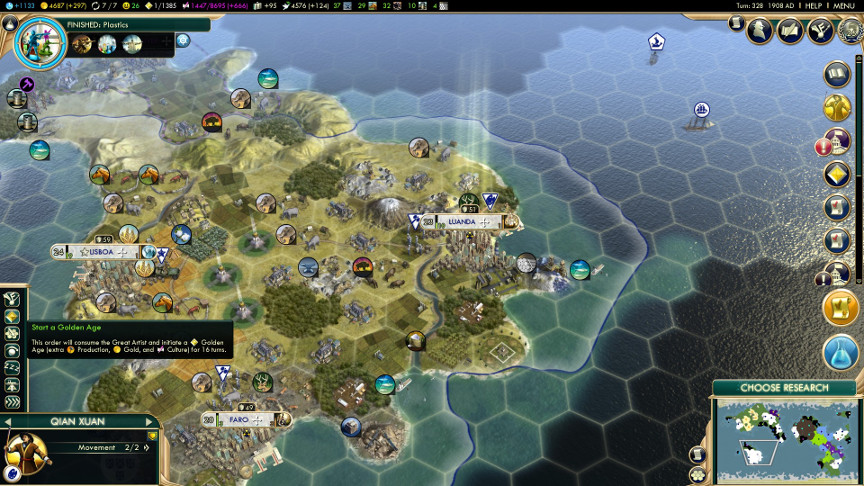 "Julho, 1906 I remember something on the faces of the people I had met in my travels. The visionaries with whom I shared part of a journey. 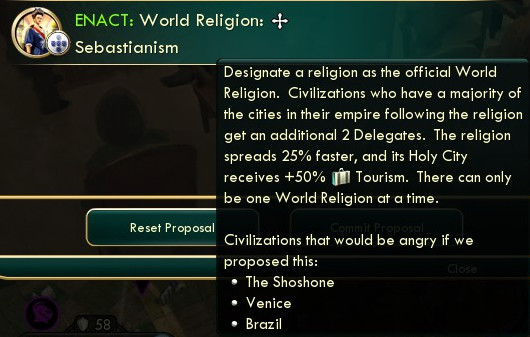 I remembered that each of them looked somewhat sad when I spoke of their homes, and it was in mourning the loss of my mother that I understood why. 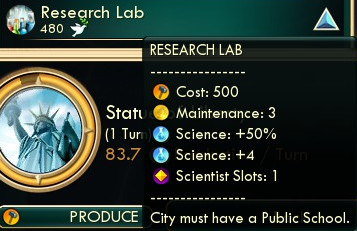 To undertake a journey of learning is to leave behind what you once knew, no matter how dear and close to your heart it once was. I have heard that learned men of faith sometimes cannot reconcile their desire to learn with their desire to find God, and this conflict costs them faith. 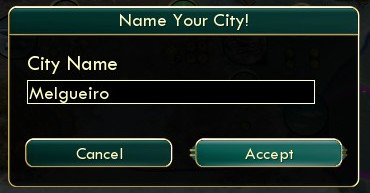 I had learned that the professor from Lisboa had made his research station, and even had it named after him, but his body could not withstand his adventurous spirit, and he died on one of his expeditions. 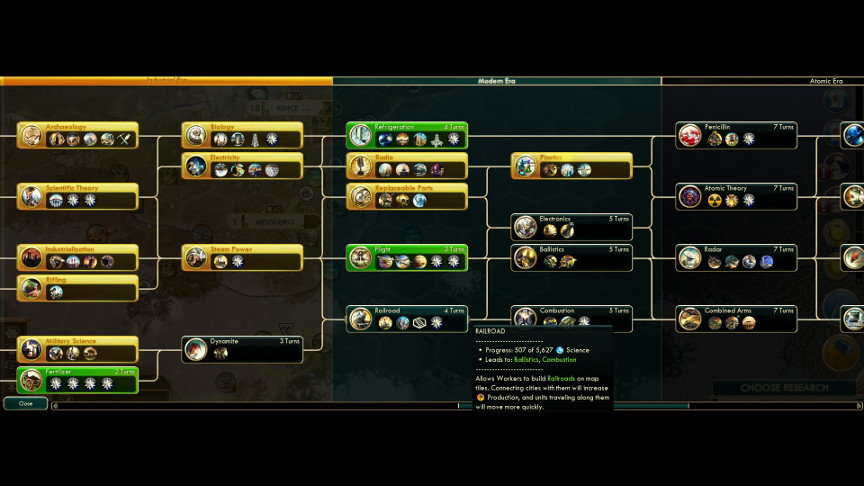 I learned that the young student from Cabo Rachado had not yet arrived there, and that while he was famous and well-known among academics, his current whereabouts were not known to anyone. I could not help but think of his family back home, now shuttered behind a wall of politics. 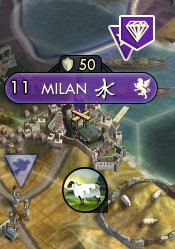 I remembered one of my great teachers, who studied in Portuguese lands to bring education to my family, gave every moment of his life to a cause that he believed would protect the world from the destruction of man. 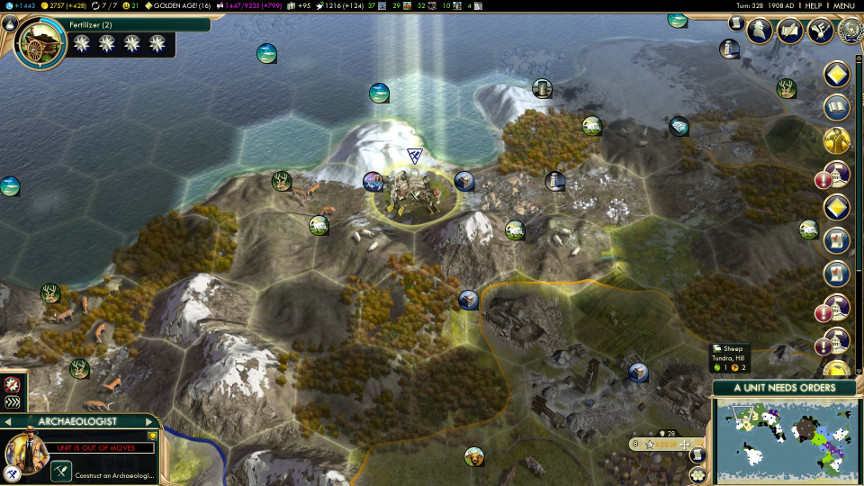 I think of these people who walk into death thinking of those they had once left behind, and I realize the meaning of 'saudade'. 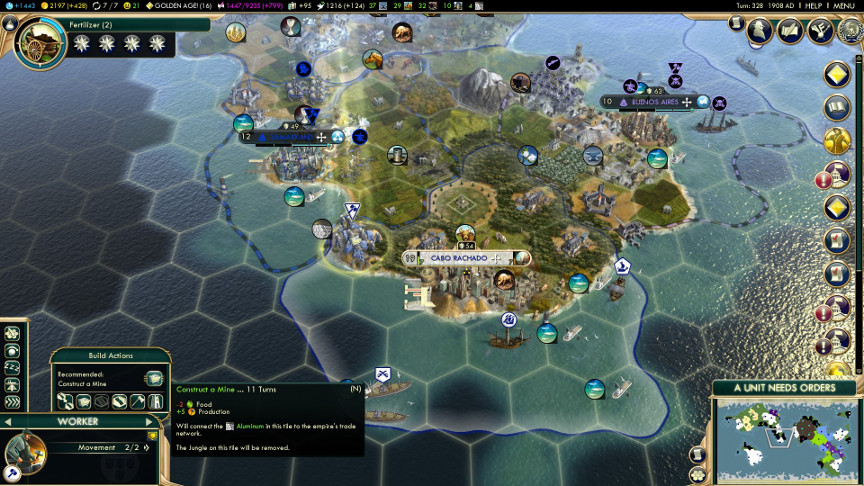 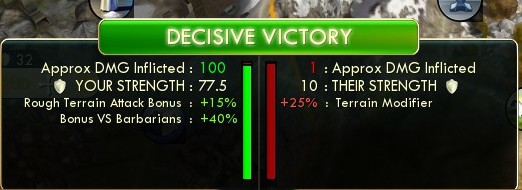 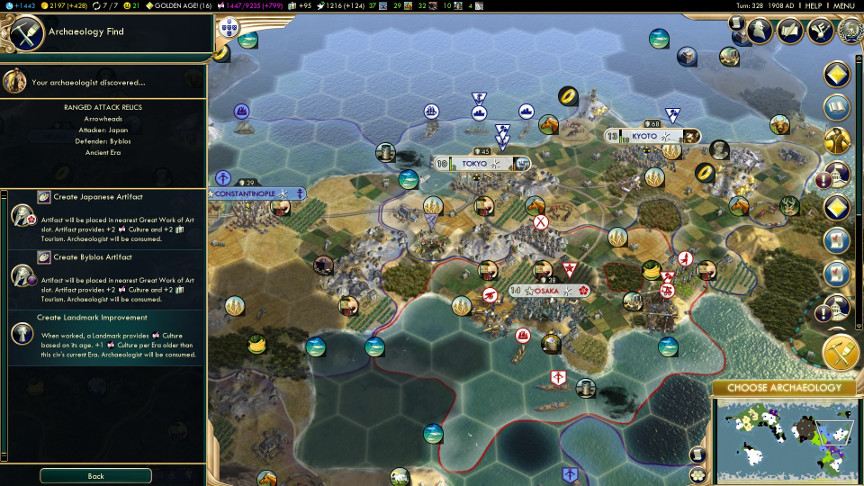  We can mourn these people and what they left behind, while also celebrating their accomplishments and lives with the same breath. We can work, fight, learn and debate with impunity because our nature as humans compels us, and our understanding of ourselves will draw our weakest and strongest moments into sharper relief every day. 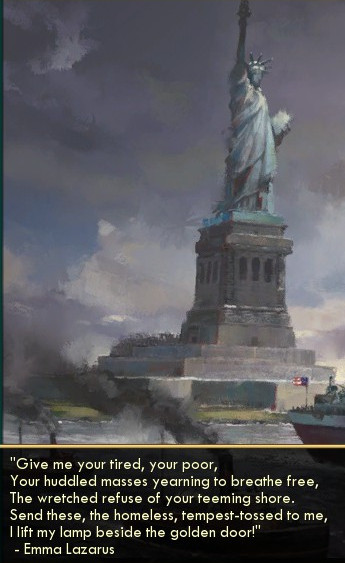 We are strong not only because we are devout, or wise, or even moral. We are strong because we can move forward despite fear and loss. 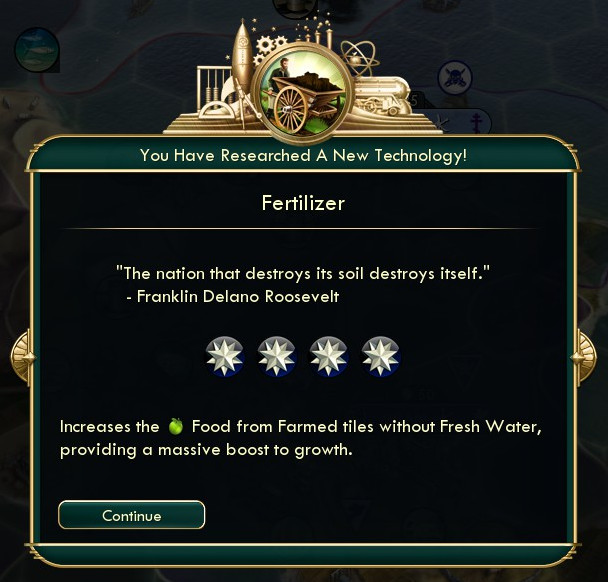 We can accomplish what was thought to be impossible only years prior.  We can do so because those who have come before have helped make it so. Our accomplishments are as much theirs as they are ours.  Yet, with that independence, we will remember that we will eventually need to rely on others. 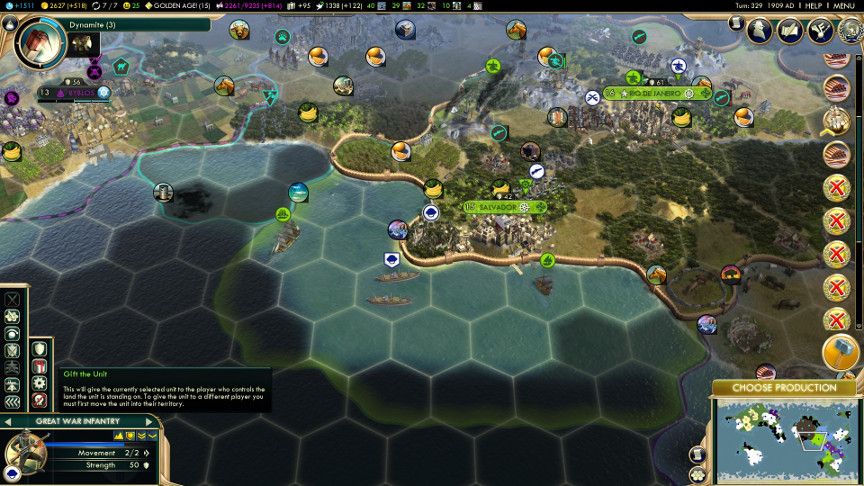 We will fall, and fail, and make mistakes, some of them severe. 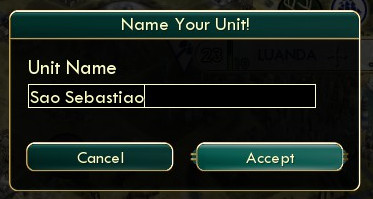 We will be forced to abandon things that we once held near and dear to us, as we slowly realize that they are no longer important to us as they once were. 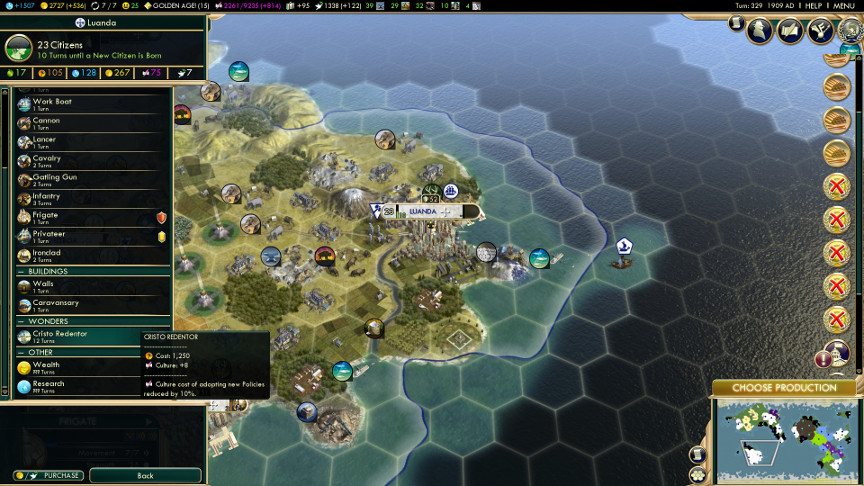 We will still be given to petty rivalries and mistakes, and waste our efforts on things that are not worth our time.  And we will occasionally be the targets of envy and scorn, despite the fact that we mean well and hope that we can contribute meaningfully to the lives of others. 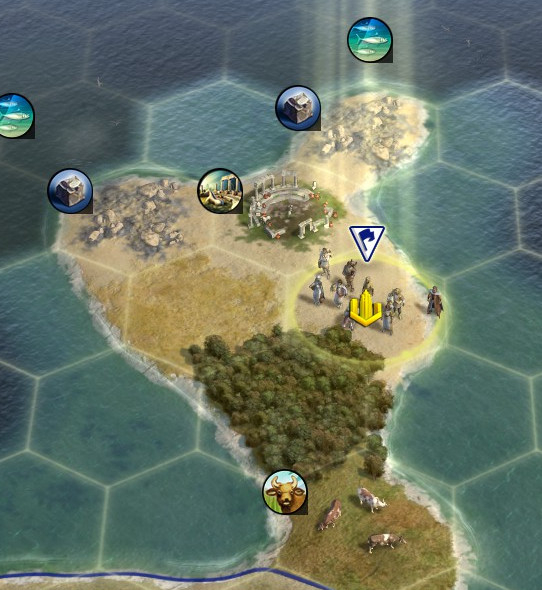 Yet, it is as I look at the beaches near my homeland, that I can begin to feel some pride at what I have helped to create. The expedition leader asked me for what might be an appropriate name for this new city. I am not gifted with names, but decided to consider something related to the bay as its most prominent feature. 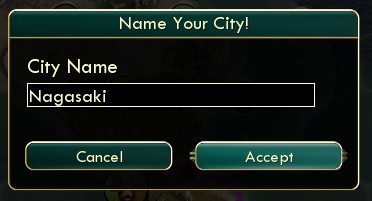 I was told that the city would be a testament to the wondrous union of Portuguee Nihon. It would be used to enrich the lives of my fellows in the faith, and give people in both Japan and Portugal an opportunity to study and live side by side as equals. My optimism is tempered with the idea that I have sacrificed the heritage of my ancestors with my actions.  Yet, I think of my fellow travelers, and understand that they must have left part of themselves behind as well. 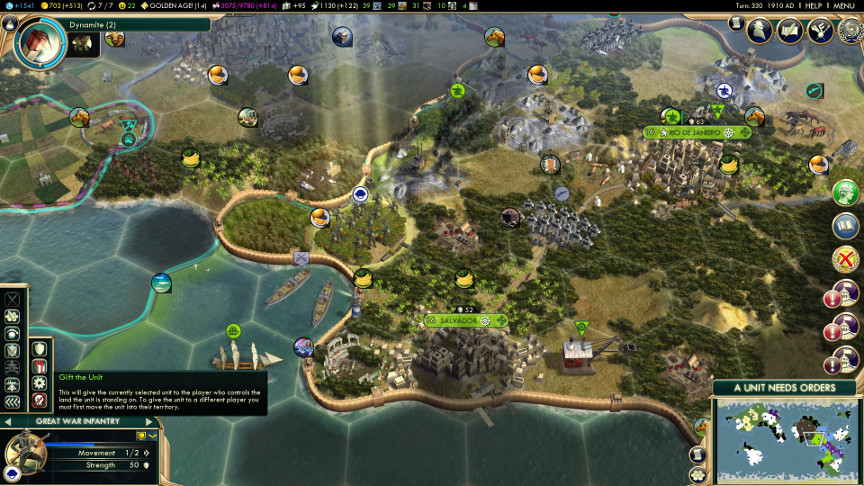 I think that if my actions are the results of freedom that have been granted to me by my fellow man, then my own belief that there is merit to them cannot be entirely mistaken.  Even if it must be disagreed with at times, I will do what is necessary to learn and improve the lives of others through my learning, as doing so can only enrich me as well. 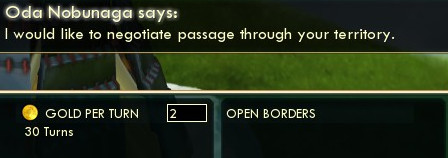 It is with a hopeful heart, weighted though it may be with sorrows, that I begin to welcome the people of Osaka to Portugal, the land of my birth." 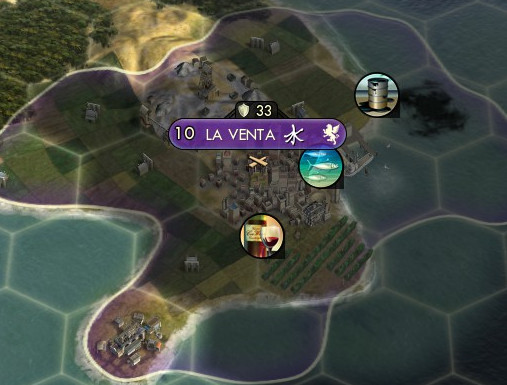 The text, whose title translated to "The Rebirth of Sumitada Oomura," was said to chronicle the turbulent times of the early twentieth century with a strange nostalgia, given that it used saudade as part of its central theme. 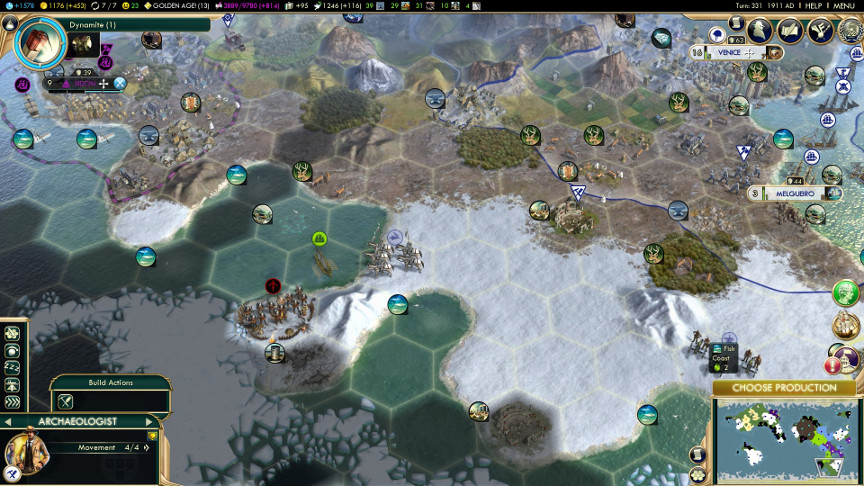 It was very well received for a brief period of time, and Japanese cultural history saw some resurgent popularity shortly following its publication.  However, its popularity coincided with an understanding that historical Japanese culture was in steady decline, and Oomura himself acknowledged this with a distinct sobriety in his interviews. 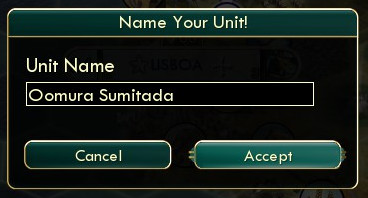 He passed away in the year 1911, and the Portuguese Navy offered to conduct his funeral in Nagasaki with one of the highest honours ever offered to Japanese Sebastianists: The posthumous naming of a vessel. 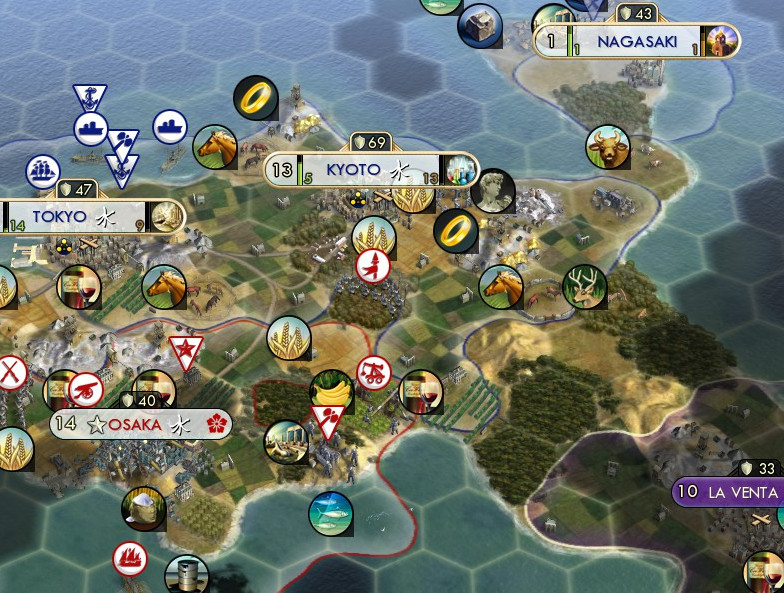 Portuguese Nihon has since begun its rise to global prominence, though not without some speculation as to what the increased closeness of their relationship could mean for their immediate neighbours... So, it has been some time since our last thread vote, and in the absence of any other pressing recommendations concerning the state of the world, I would like to address the teal elephant in the room: Should we escalate conflict with the Shoshone? It would seem that Pedro's failure to learn from prior mismanaging of the volunteer armies means that he will be content feeding any soldiers we offer him into the Shoshone meat grinder forever. It is also apparent at this point that no other global army is capable of handling the Shoshone threat, and no other leader willing to march into battle against them over the fate of Brazil. Therefore, if anything is to be done to stop the current conflict, direct action may be necessary. However, this does clash with our newfound Portuguese Humanist tendency of desiring peace with our fellow man around the world, and our every military engagement with other humans is a direct contradiction of a Sebastianist tenet now approaching 4,000 years of age. Alternatively, we could pursue a different objective altogether as we are well on our way to accomplishing our prior goal of Sebastianist primacy. Please note, however, that I would not want to go for International Games victory this playthrough, as my concern with that is that it gives a 100% bonus to Tourism, which means that we may end up winning a Culture Victory before we are actually able to vote for the Diplomatic Victory. We are already taking enough risks on that front trying to get the World Religion. Ultimately though, the decision is yours, and as we continue to make obvious, that is what matters. Voting will close on Monday evening. Boa sorte...
|
|
|
|
ModeWondershot posted:Should we escalate conflict with the Shoshone? Not for free. If Pedro is willing to swallow his pride and let the Portugese hit him in the purse and the personal dignity, we will intervene. Otherwise, we remain neutral. We have done waht we can. ModeWondershot posted:Alternatively, we could pursue a different objective altogether as we are well on our way to accomplishing our prior goal of Sebastianist primacy. Also, may I recommend cropping down the tech-tree pictures to only what we've gotten and maybe a tier beyond? They're hard to read at that size.
|
|
|
|
We should probably make good on the promise of mutual defense we weren't properly able to before. Let's bloody the Shoshone's noses a bit, shave off a city or two. Other than that, I'd suggest that it's about time that we just go for our victory condition. Get Railroad, then rush to the Information Era to found the United Nations. The most beneficial path looks like it would be Flight->Refrigeration->Electronics->Penicillin->Atomic Theory->Ecology->Telecommunications->Globalization. However, it's not the fastest one. By my reckoning, that's Flight->Electronics->Ballistics->Radar->Rocketry->Satellites. Except that does almost nothing to help us actually win. No, the Telecom path is definitely better. Also, holy crap, your science output nearly doubled over the course of that update.
|
|
|
|
The Portugese people needs to take the next step out into the stars
|
|
|
|
Sylphosaurus posted:The Portugese people needs to take the next step out into the stars Let's Go Beyond Earth shall we?
|
|
|
|
No to warfare. If Pedro starts losing his cities and is at risk of being overrun, only then step in and merely liberate the cities and try to force peace by killing most of the Shoshone armies. Whichever victory is fine, but start trying to rush for UN anyways after getting Sebastianism in charge of everything.
|
|
|
|
While I can appreciate the desire to look at alternate victory conditions, Diplomatic victory won by a significant enough margin in the original vote that I am disinclined to change it at this point. If a Culture victory happens first, so be it, but otherwise I will most likely follow the thread's guidance regarding the tech path to Globalization and maybe explain a bit of how a Diplomatic victory might be pursued under less one-sided circumstances.Montegoraon posted:Also, holy crap, your science output nearly doubled over the course of that update. That is the final boon of Sebastianist Education, as we spent nearly all our remaining Faith buying up Research Labs in every available city upon the completion of Plastics. Update to follow, and thanks again for reading.
|
|
|
|
I have to say, when reading your updates I sometimes have to backtrack a little bit to see what's actually happening, because I get so enamored by the text that I forget to look at the pictures.  You ought to write a book or something.
|
|
|
|
ModeWondershot posted:While I can appreciate the desire to look at alternate victory conditions, Diplomatic victory won by a significant enough margin in the original vote that I am disinclined to change it at this point. If a Culture victory happens first, so be it, but otherwise I will most likely follow the thread's guidance regarding the tech path to Globalization and maybe explain a bit of how a Diplomatic victory might be pursued under less one-sided circumstances. This is why I said 'there is nothing wrong with it' and not 'actively seek it out'. If that is what the world winds up giving us, we'll take it. If that isn't what's meant to be, it's not what's meant to be.
|
|
|
|
 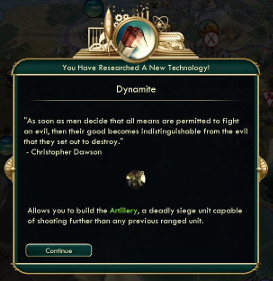 Ever wary of the threat posed by Shoshone raiders, the armies of Portugal prepare for greater conflicts.   However, the likes of Pedro and Ashurbanipal staking claims on the remaining territories of Oda weren't what they had in mind. 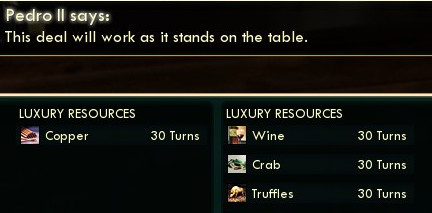 The Portuguese affinity for copper craft is well-documented, and Pedro's near-exclusive control over the resource meant that he could continue to wrest advantageous trade deals from the Portuguese for it. 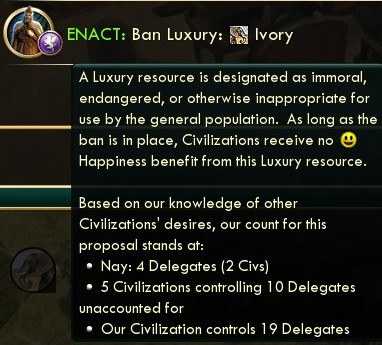 The newly-savvy politician in Enrico Dandolo also took an interesting step in attempting to break the Portuguese monopoly over ivory craft. 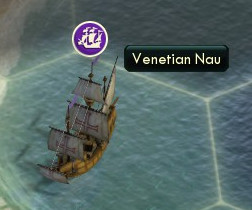 Apparently, the ship once belonging to La Venta in a previous conflict was now being captained by a Venetian Confucianist, who claimed that the ivory products still stocked aboard were the product of cruelty to Portuguese wildlife. 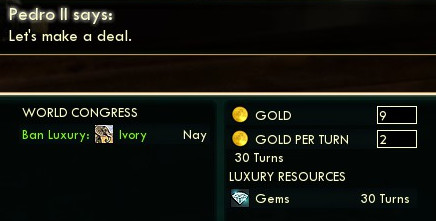 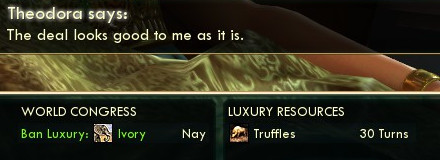 In response to this, the President launched an awareness campaign extolling the virtues of sustainable and humane Portuguese hunting practices, as well as the rich historical and religious traditions associated with ivory craft. The donations offered to friendly world leaders in order to promote these ideas were an exceptional incentive. 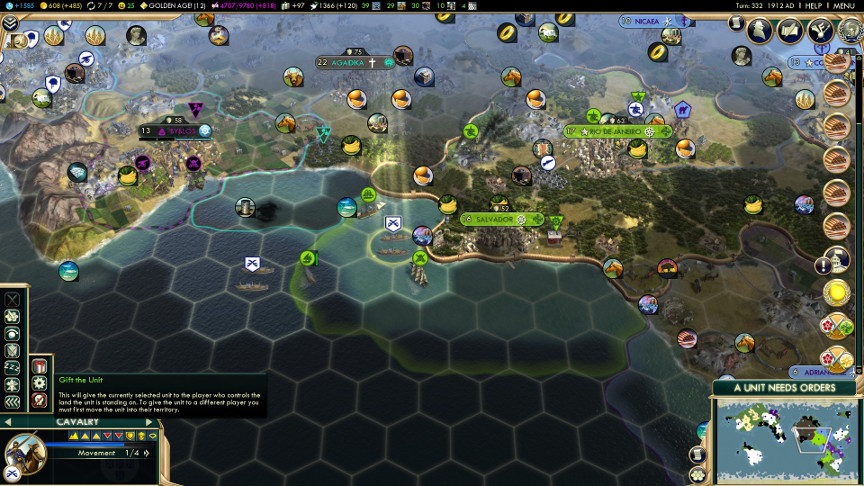 Reports from volunteer forces in Brazil seemed to indicate that Pedro was learning not to continue pressing against Shoshone borders, but rather keep a stable force on defense. This would not be the first shocking development of the current era. 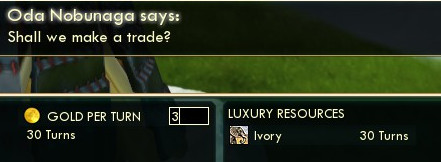 Oda, feeling immense pressure from being the target of Brazil and Assyria, resumed diplomatic overtures with Portuguese Nihon, offering a pittance in exchange for ivory goods. Though the price was less than fair, the President authorized the trade, citing a willingness to present an amicable face to the significant numbers of Japanese citizens within the Republic.  What was even more shocking was the declaration of a ceasefire between the Shoshone and Brazil, apparently the result of sheer exhaustion on both parties. Pedro recognized that he would be a poor military ruler, and Pocatello recognized that he could not fight the Portuguese by proxy forever. 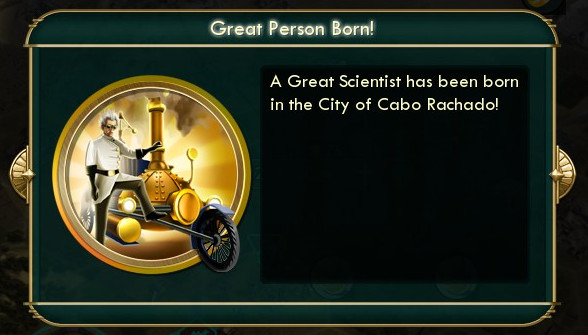 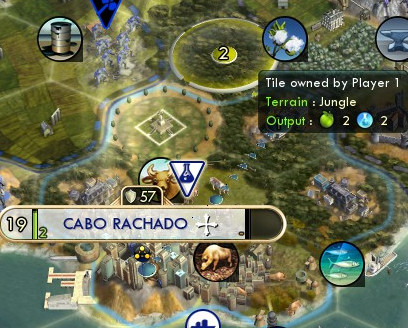 Cabo Rachado, formerly a city of farmers and fishermen, continues its urbanization through the creation of a famous research academy dedicated to agriculture. 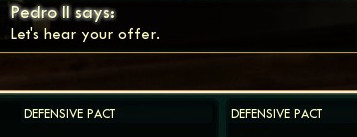 In the interest of preventing further travesty with the Shoshone, Pedro also makes a move to renew mutual defence terms. Largely to his own benefit, of course. 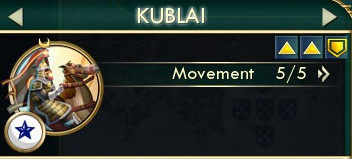 In Lisboa, the President and Almeida receive a strange radio message from the research outpost in Melgueiro. "The Sidon volunteer forces have sent us one of their generals. He's wearing ceremonial armour and riding a horce, he's..." A booming voice issues from the background: "Tell your President Khatun that I, Kublai Khan, grandson of Genghis, shall forevermore dedicate myself to the righteousness and glory of your empire!" (lol holy poo poo we got a khan.) (Khan are normally Mongolian unique Great Person units, but completing the Patronage tree means Sidon gave us this one. Khan give Great General benefits, but have 5 base movement instead of 2, and also allows adjacent units to heal an additional 15 HP per turn.) 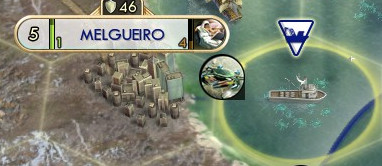 The strange Buddhist general observed Portuguese industry at work in Melgueiro before his reassignment to Bissau. 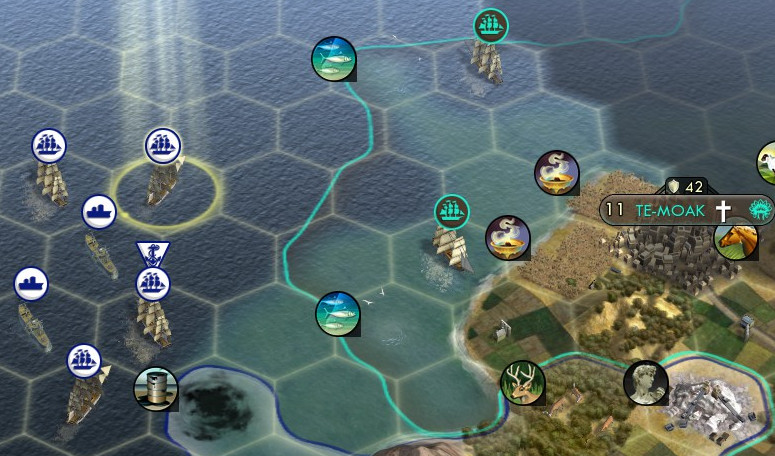 Upon his arrival, he would see the Portuguese armada positioned off the coast, and lament the fact that he was not trained as an admiral. 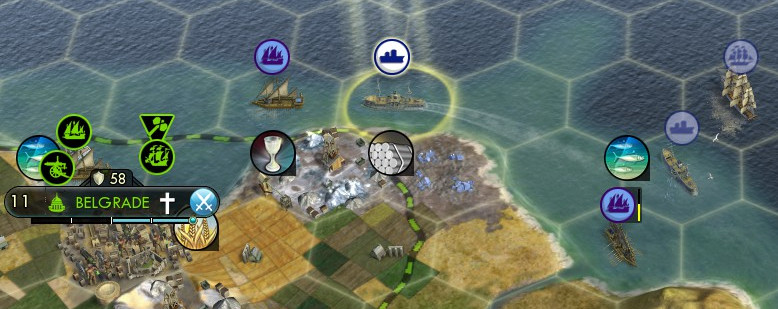 The northern coast of Belgrade also plays host to a number of other Portuguese vessels. 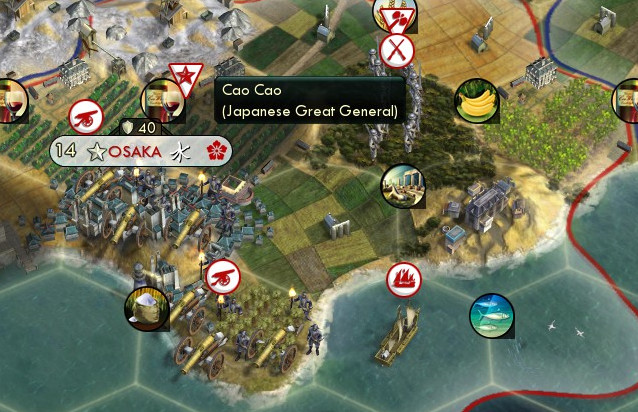 Meanwhile, the Japanese seek military talent from abroad, employing a reportedly scheming opportunist to guard their borders. 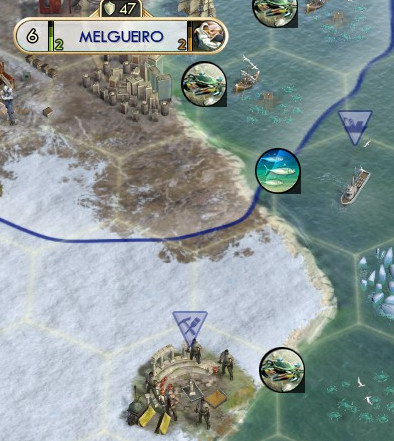 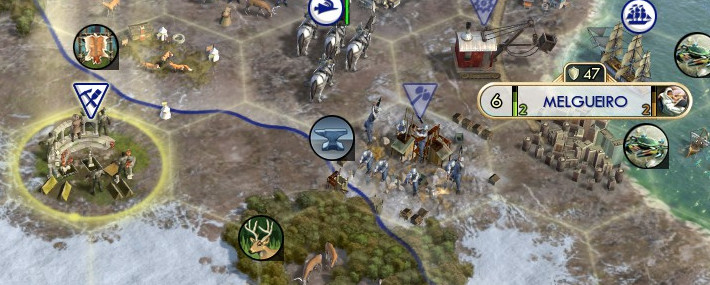 The Melgueiro expedition reports fantastic successes in unearthing Venetian artifacts of ages past, creating long-term research sites at their location. 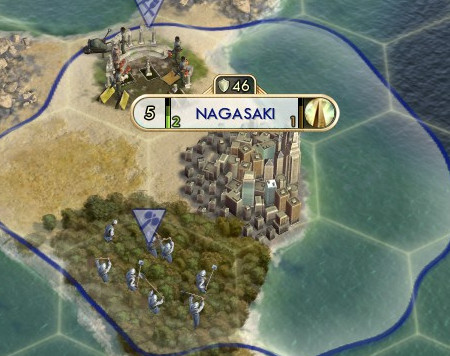 Nagasaki also begins to grow in size quite quickly, as workers and academics flock to the city to see Portuguese Nihon firsthand.  Theodora makes a request for a renewal of the treaty of mutual defence, which the President was only too happy to oblige. 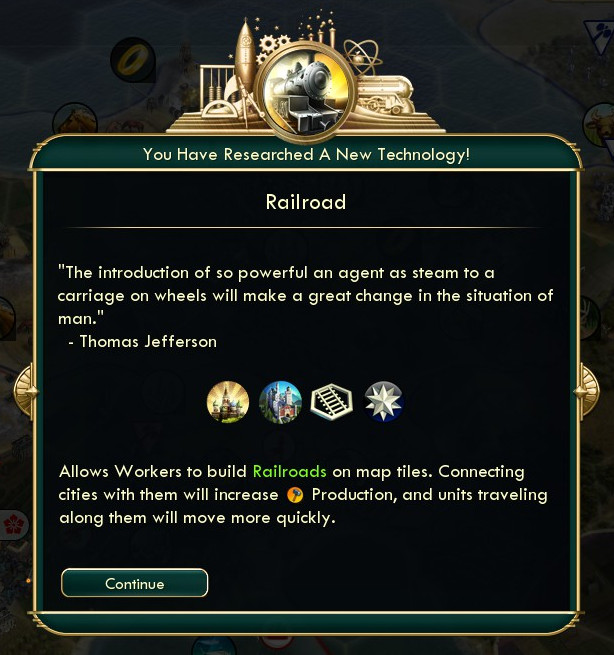 Whether by wire or rail, connections between branches of the Republic grow stronger and faster as time goes on.  To the rest of the world, however, history merely goes around in circles. 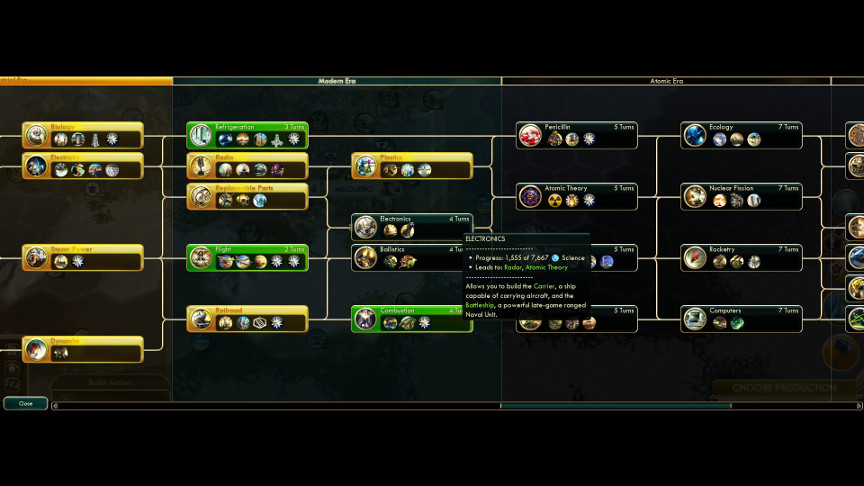 Still, rather than worry about events outside their control, the various Universidades around the nation continue their work of bringing the future ever closer. 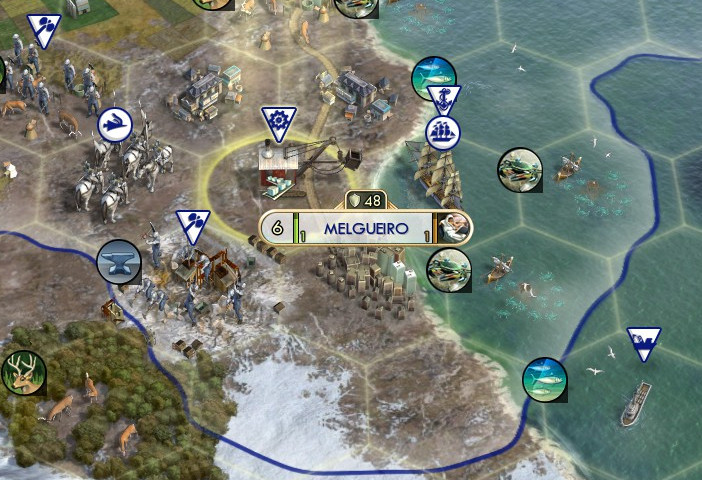 The reclusive engineer of Cabo Rachado finally arrives in Melgueiro, and provides a significant contribution to the research station. 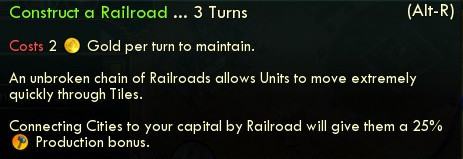 The turmoil of his journey inspires the migrant workers of Portuguese Rome to add to the restoration effort through modernization of infrastructure. 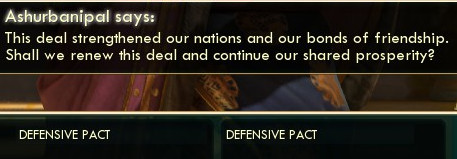 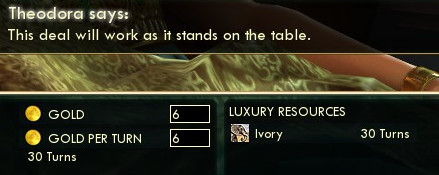 As ever they must, diplomatic relations and deals are renewed. 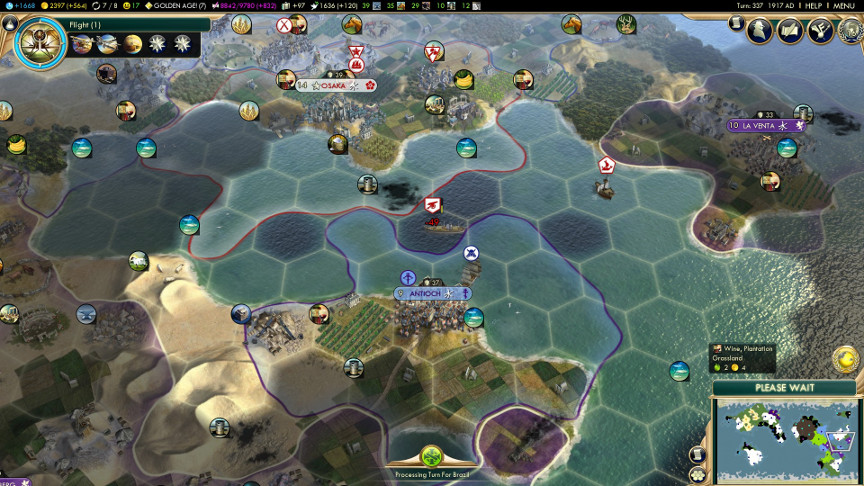 Oda would have done well to remember the lessons of diplomacy, without which he remains isolated by enemies and indifferent neighbours. 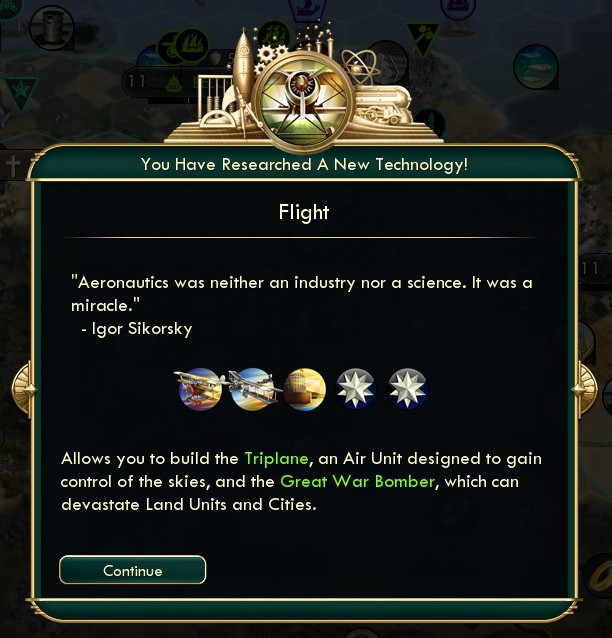 A Faroan inventor, acting on as much faith as utter lunacy, drives the latest of his self-propelled gliding machines off the top of the the mountains of Ponta Delgada, with himself acting as pilot. Onlookers watch in shock as his craft slices gracefully through the air, accompanied by the intimidating and bestial roar of its engine. 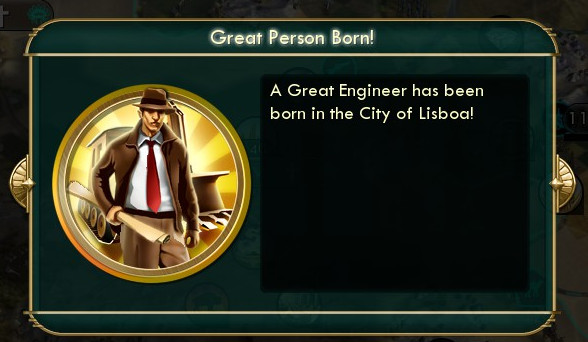 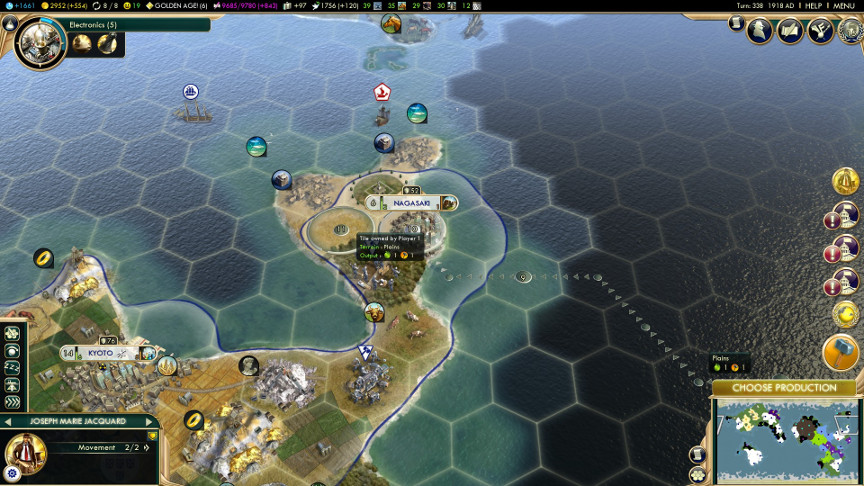 His example inspires other men of talent to travel abroad in search of opportunity. 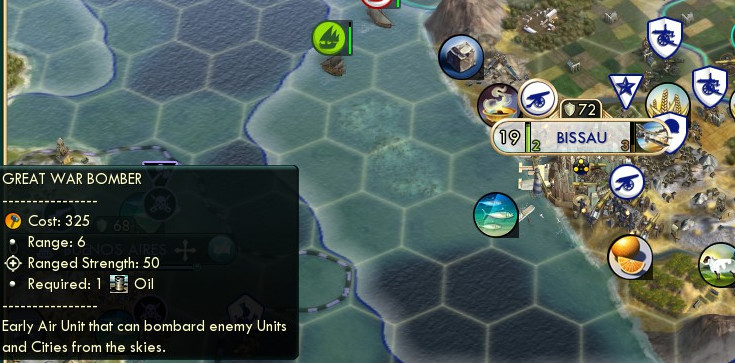 While at the same time, he must lament the fact that his talents find their greatest applications in the field of battle. 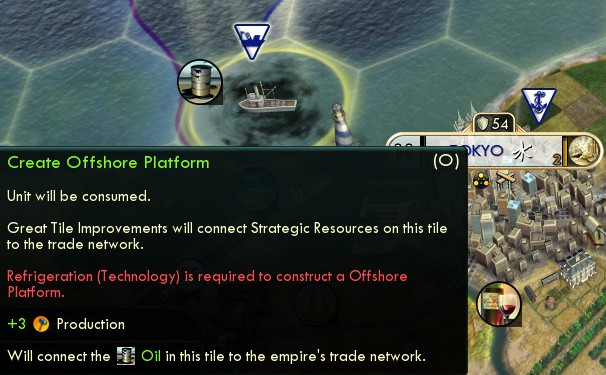 An oil source is discovered in Portuguese Nihon, but its isolated position at sea prevents easy access to its source.  However, the Portuguese have at this point made a habit of turning impossibility into reality. 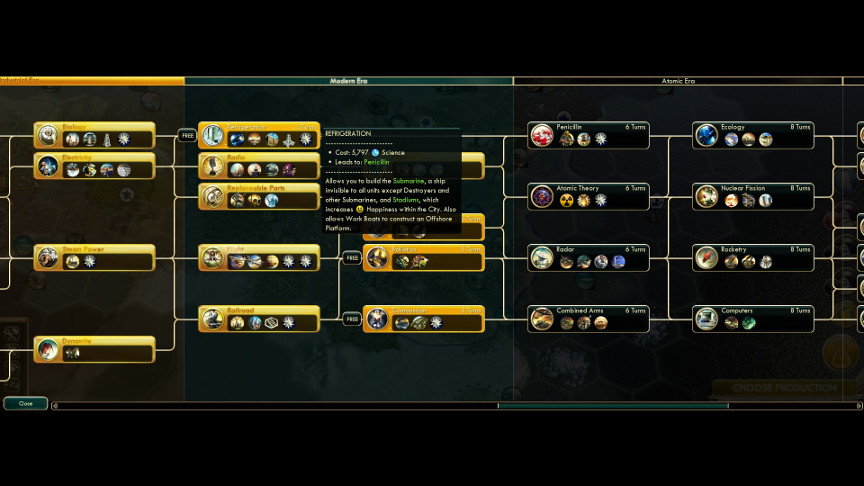 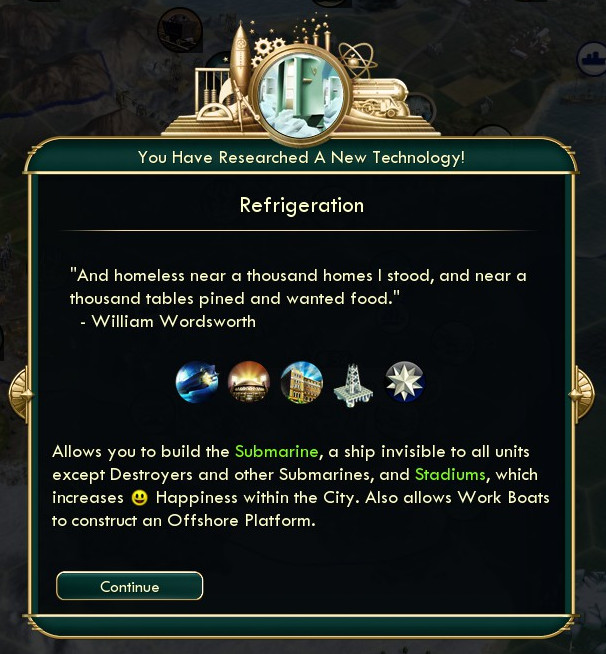 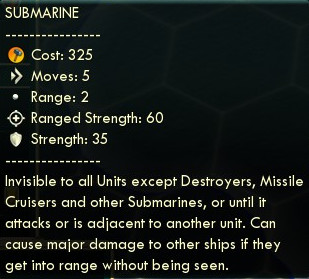 Thanks to revolutionary new practices in food preservation, another wave of invention overtakes the nation. A fever sweeps through the nation, as every man and woman fancies themselves capable of bringing another revolutionary invention to the fore. 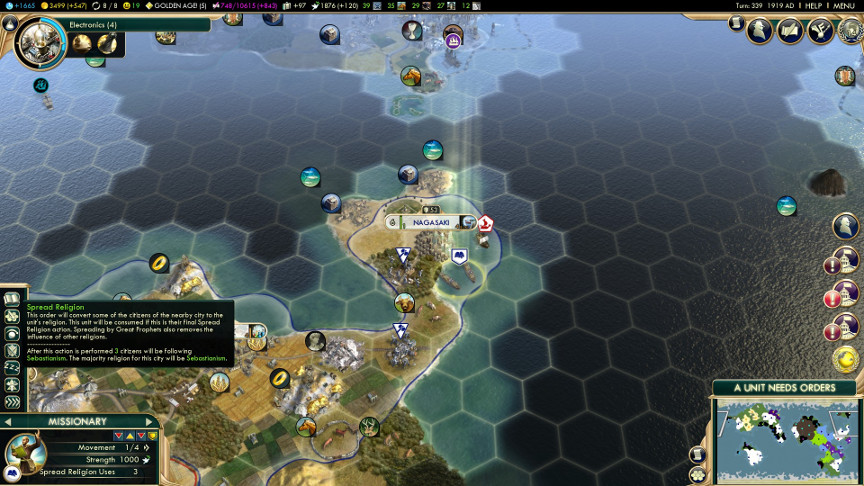  Yet, as always, learning in Portugal is first predicated on faith. 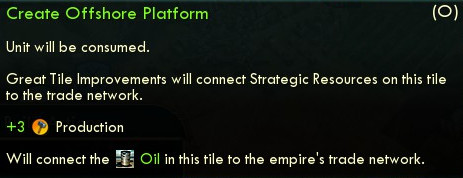 Riding on a wave of creative energy, the enterprising Casa de Luanda funds the creation of the world's first offshore oil well in Portuguese Nihon. 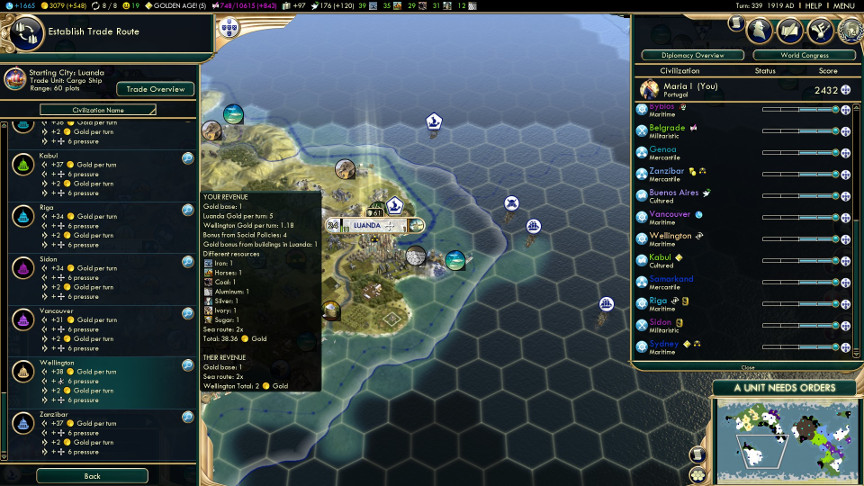 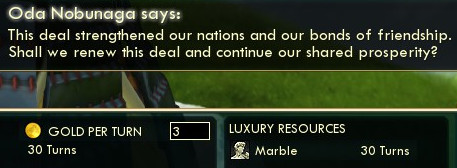 After all, the new opportunities for trade presented by invention and diplomacy have given them the world's wealth. 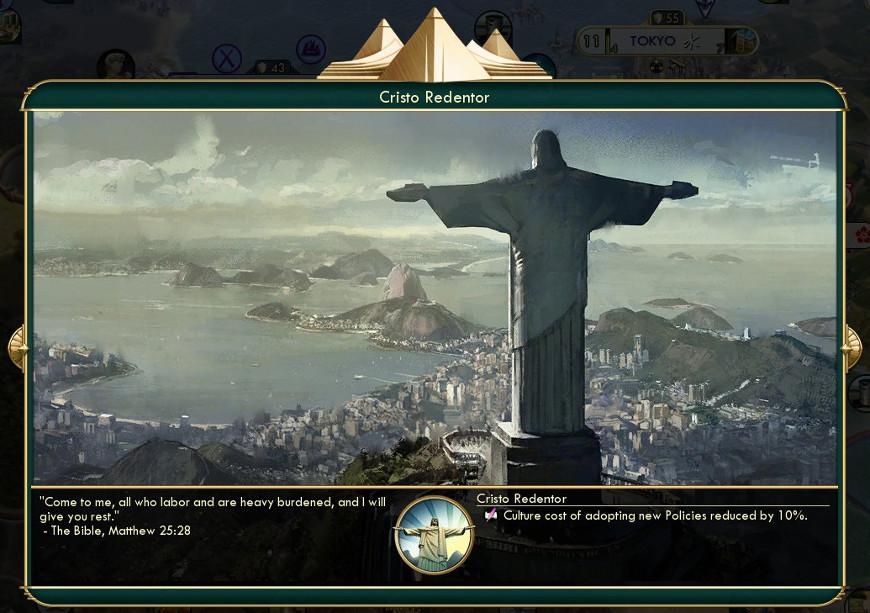 Luanda and Lisboa continue to maintain their competitive rivalry, as Luanda completes its own piece of epic statuary. 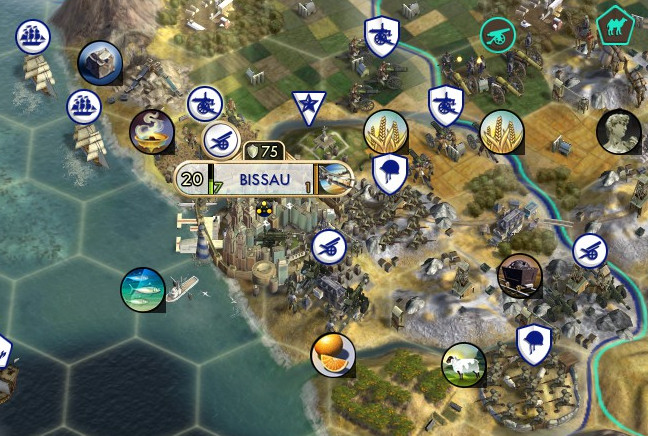 Volunteer forces and national troops intermingle and train side by side in Bissau, preparing for the seeming inevitability of conflict. 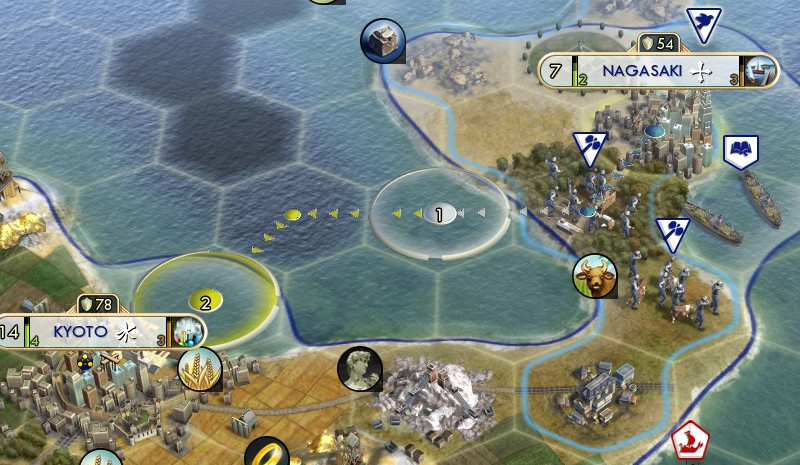 Portuguese Nihon awaits a coming enlightenment. 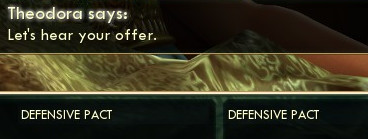 Theodora requests another renewal of the treaty, and while she may be growing weary of the constant radio messages, the President agrees as always. 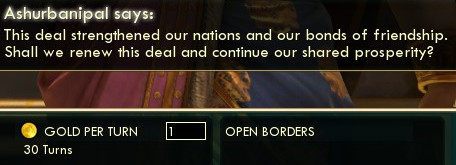 Ashurbanipal, meanwhile, seems content as ever despite ostensibly being engaged in international conflict.  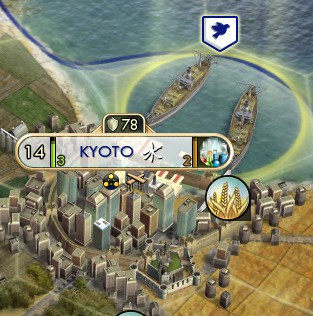 Both Portuguese Nihon and the Daimyo's territories take on a distinctly Portuguese character, flush with cash and ivory goods alike. 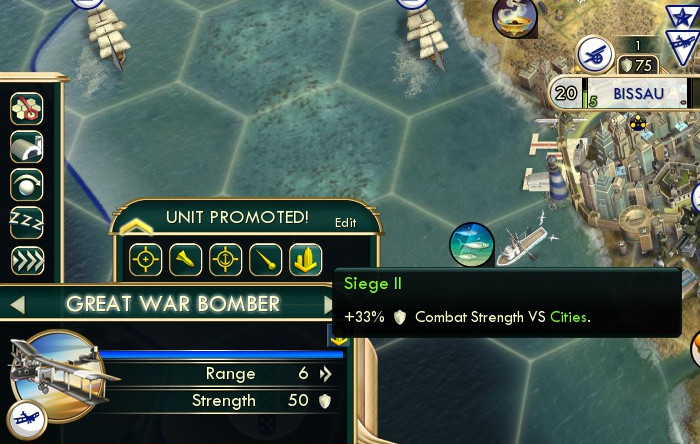 The aircraft being developed in secret in a Bissau arsenal rolls out onto the runway, and Geronimo inspects its payload carefully. He is unsure whether to rejoice in the creation of such a new engineering marvel in his lifetime, or instinctively recoil at the notion of another weapon being developed to eliminate his fellow man. 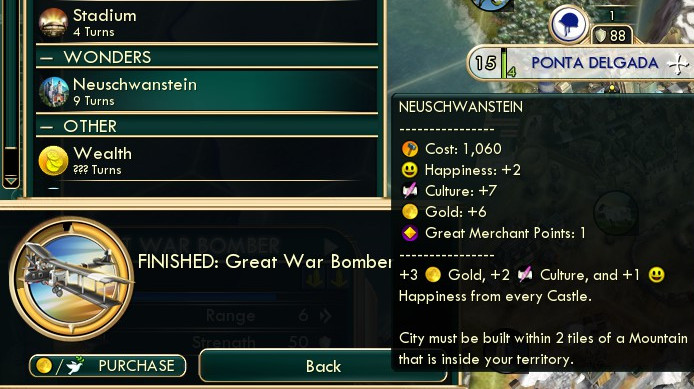 The Azoreans are far less conflicted, as they decide to celebrate the creation of their invention by engaging in yet another harebrained building project in the mountains. Rumours begin to spread that the Azorean propensity for impractical building projects in mountainous regions is a symptom of altitude sickness. 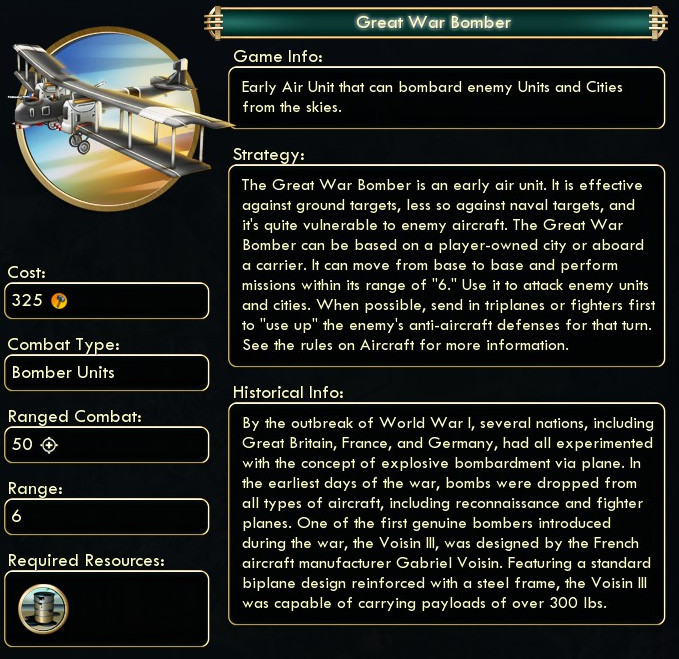 As to the particulars of the new aircraft design, they are the stuff of the utmost military secrecy. (Aircraft do not occupy tiles the way other Military units do. They are "based" on a city tile and you can initially stack up to 3 aircraft on a single city tile. They can attack any unit or transfer to any other city under your control within their effective range, but for early aircraft that range is very short. They are also divided into fighters and bombers, each with their own mechanics, but we will get into that later.)  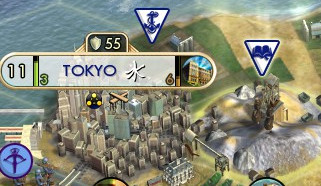 The Portuguese intertwining of faith, science and commerce continues to please its allies. 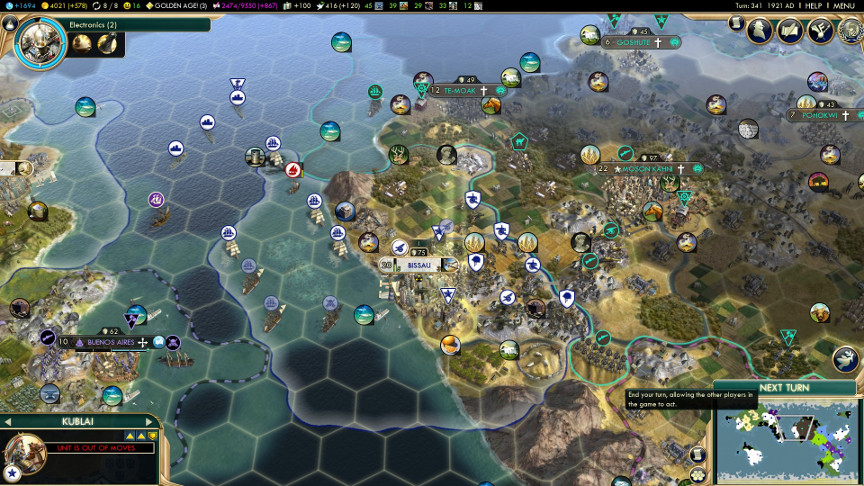 However, the sense of impending crisis is almost palpable.    Diplomacy seems a pleasing distraction in comparison, even if the President complains about the seemingly routine nature of it all. 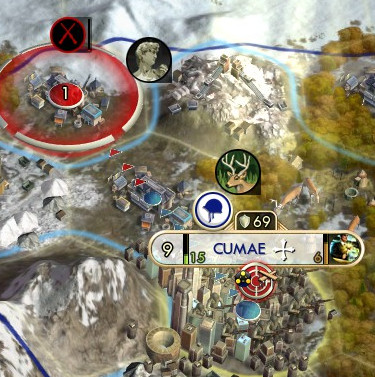 The Roman Anarchist movement is similarly impossible to be rid of. 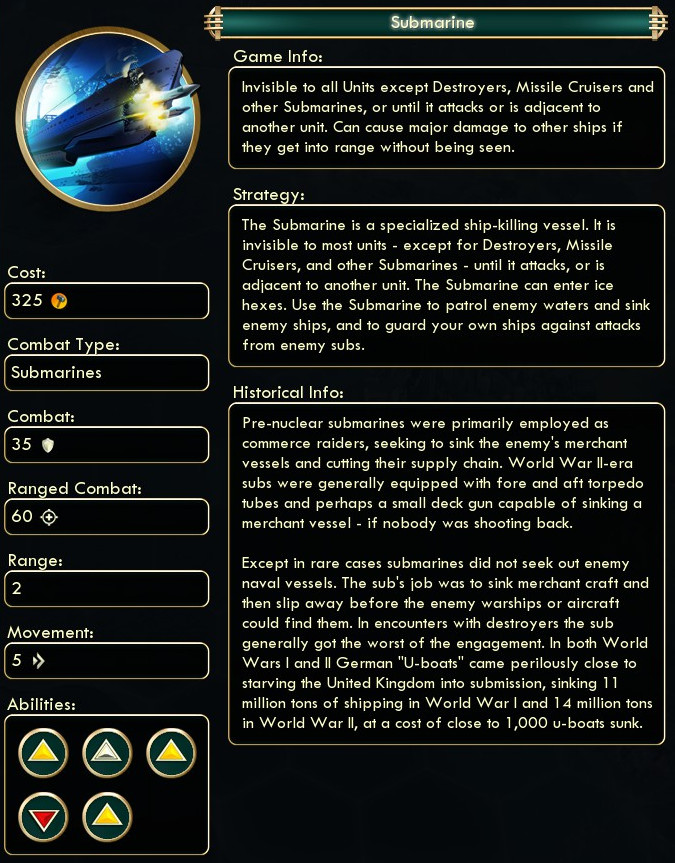 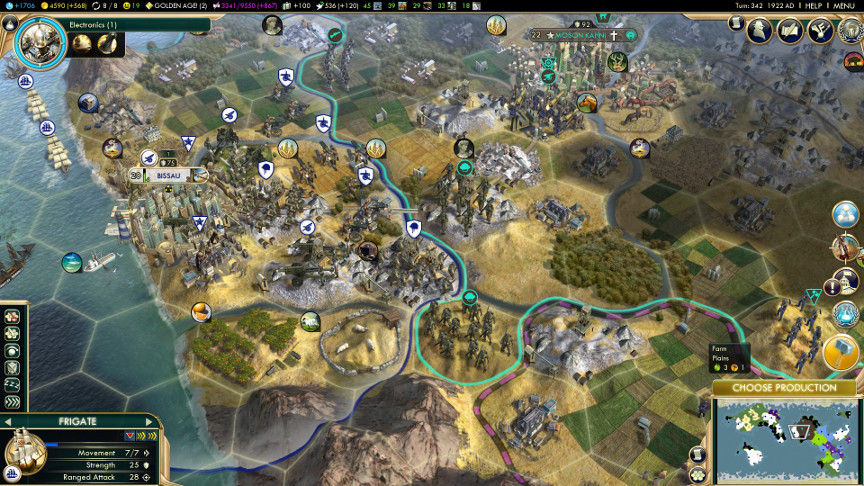 Military innovation and buildup continues on both sides.  At which point the Shoshone deliver an ultimatum. "We are a united front, each individual human in our land is a brother and sister to every other." 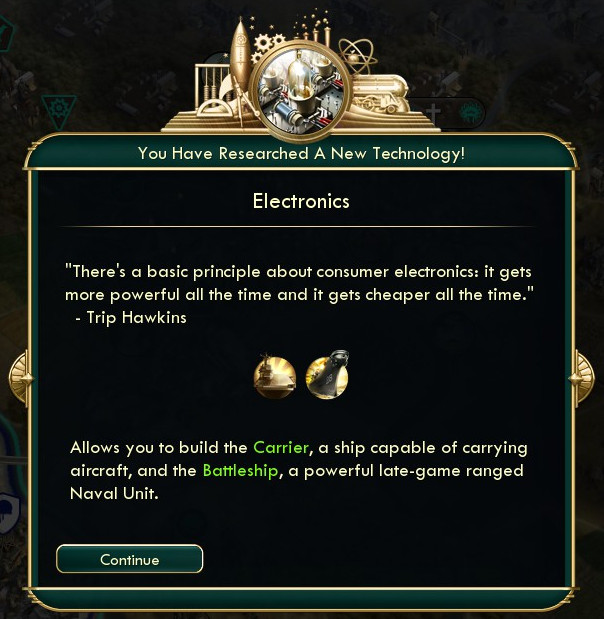 "We reject the governorship of other nations, as their creations and wealth are signs of their aberration." 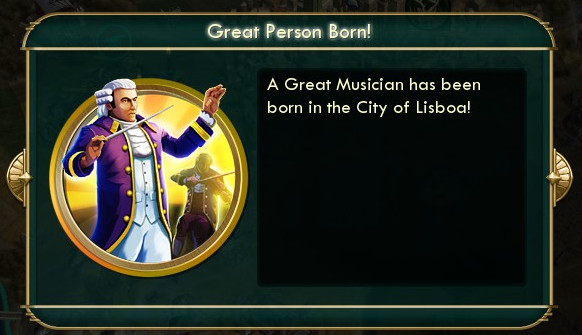 "We reject their culture, which is an affront to our cultural traditions and those of our neighbours." 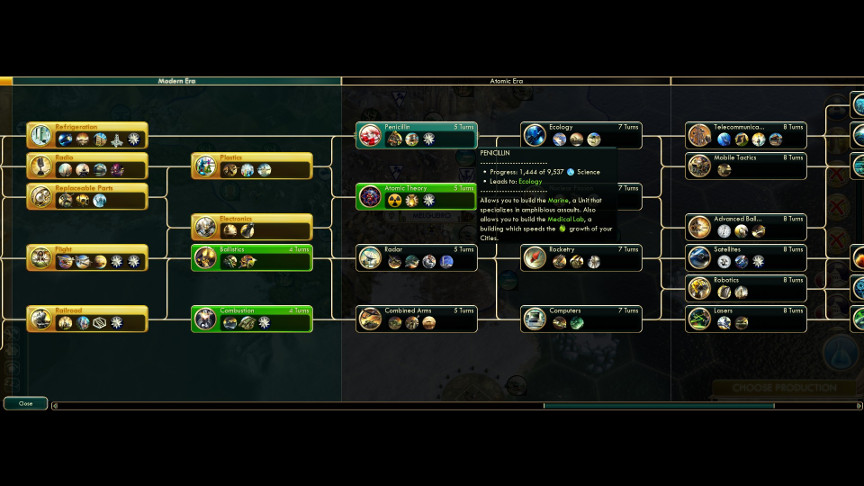 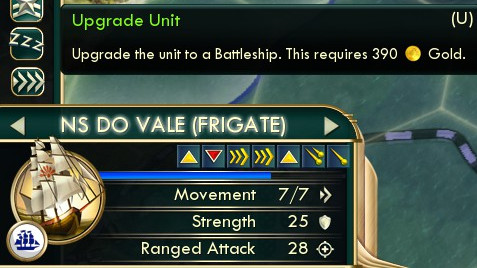 "We reject their sciences and teachings, as they are the tools that have wrought only destruction and misery upon other nations."  "We reject their music, for it speaks of sadness and longing when they know no such thing." 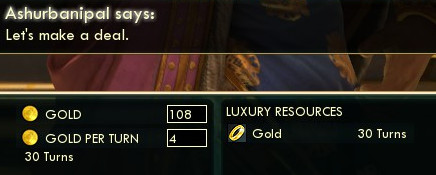 "We reject their diplomacy, as it is the means by which they exercise their tyranny." 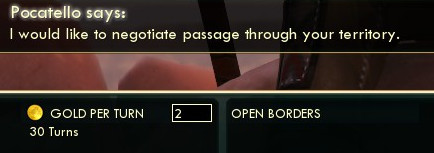 Salazar, who was listening to the broadcast, snorts audibly.  "We will not be another victim of their machinations. We will show strength and independence on our own terms."  "We will not be their lap dogs, they are not our masters to whom we beg for scraps." "Our mark on the world will not be an artifact in a Portuguese museum." "We are Shoshone, we are Order, and our voice will carry through into eternity."  "Well, it looks as though the Byzantines will be their next target." Salazar says suddenly. Almeida merely shakes his head.  "How can he claim to be the voice of all Shoshone, when he is the only one speaking? The 'we' is positively monarchical by comparison." Almeida adds. 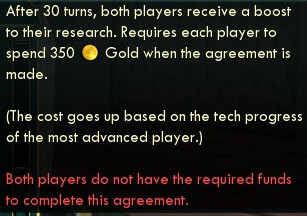  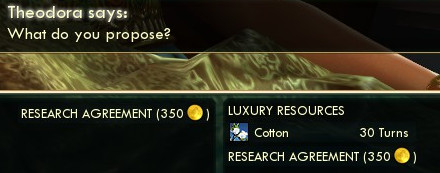 The President merely shakes her head as Almeida hands her a missive from Theodora, she had accepted the proposed exchange of finances for another open research exchange, though her typed reply betrayed her nerves. 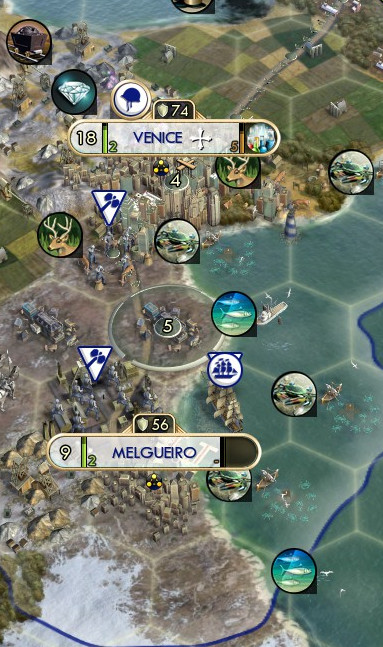 "I am pleased as ever that you are willing to continue displaying such generosity throughout the years." The printout reads. 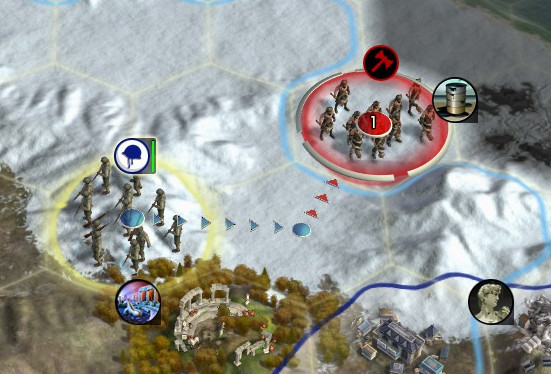 "My people understand that we owe much to the Portuguese, being our historical liberators and lifelong friends." 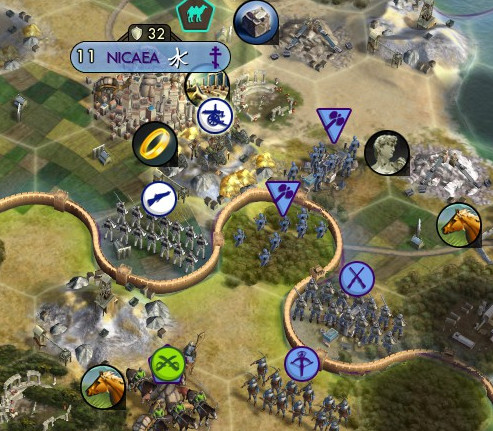 "That we can speak and act on common terms is a blessing the likes of which I would have never thought possible." 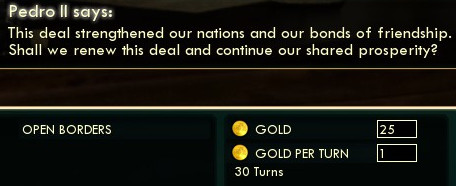 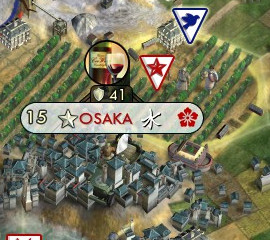 "Your generosity, faith, and wisdom is a blessing to us all, and we hope that you will continue to grant it to us." 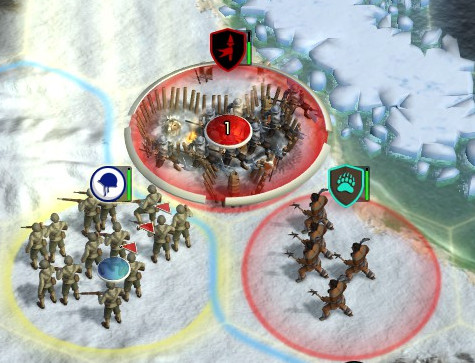 In Rome, a group of Shoshone beset by an anarchist faction is rescued by a defence force emplacement tasked with chasing them down. They thank the Portuguese individually, even if they cannot do so as part of their government. 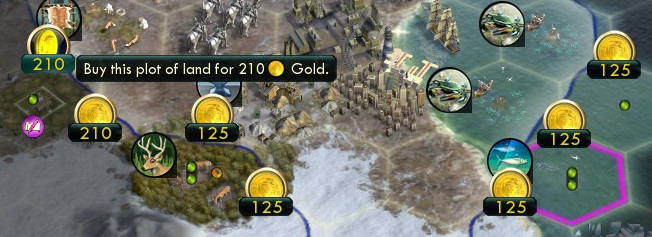 The Melgueiro Expedition claims the Venetian Antarctic, and begins drafting up plans to welcome more scholars and even tourists to the snow-filled wastes. 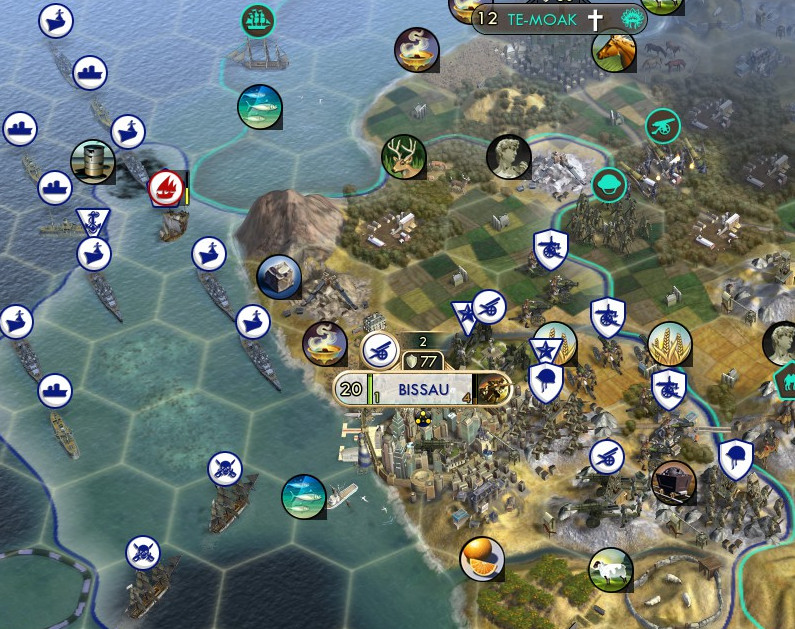 The buildup at Bissau hits a breaking point, and Kublai smiles at the sight of an army and navy to be feared. 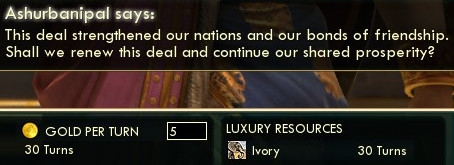 With so much support for the ivory trade, its ban at the World Congress seems an impossibility.  Theodora asks again to renew the terms of mutual defence, fearing for the future.  Her fears are well-founded. 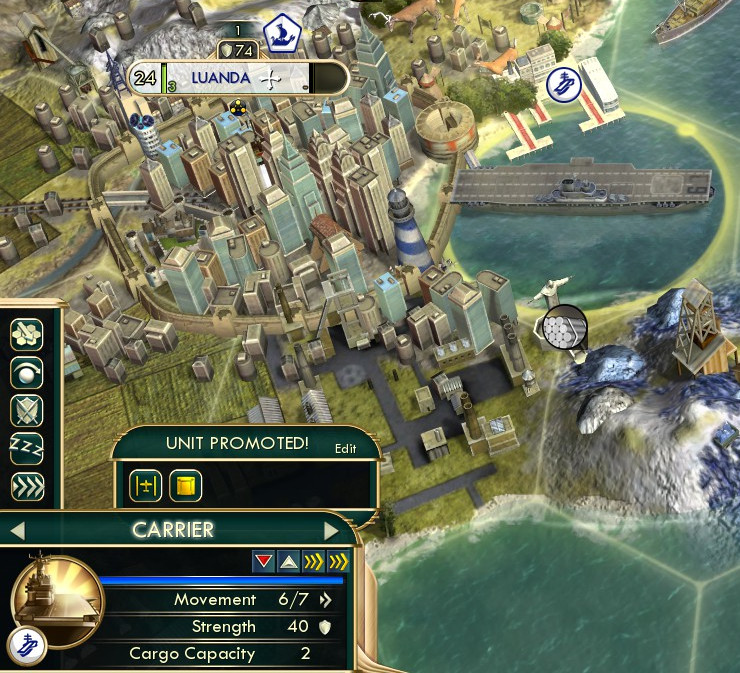 The Portuguese, however, are prepared for just about anything. (The Carrier is a unit that holds Air units, starting with 2, and its promotions apply mostly to the benefit of its own defences or carrying capacity.)  Bissau continues to build up, as supplies are fed to the ever-increasing garrison of forces. 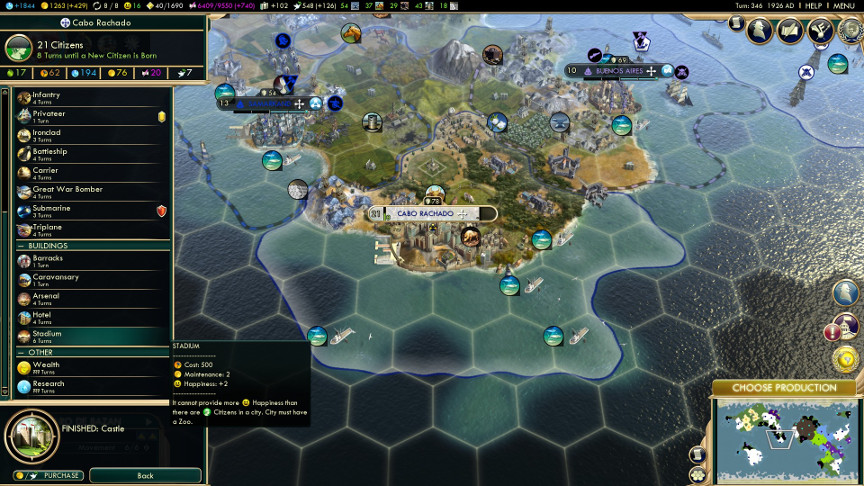 Cabo Rachado quickly becomes a famous vacation spot for civilians hoping to escape the chaos in the East.   There seems to be peace in solidarity between Byzantines and Assyrians.  Even Pedro takes the time to beautify his formerly war-torn capital. 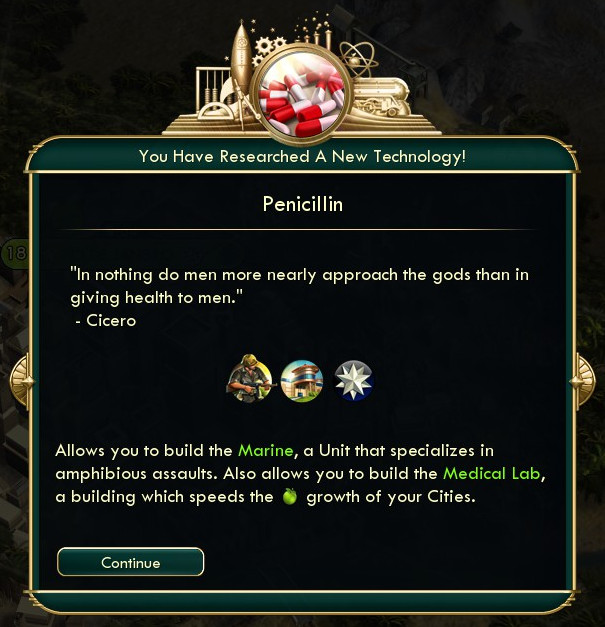 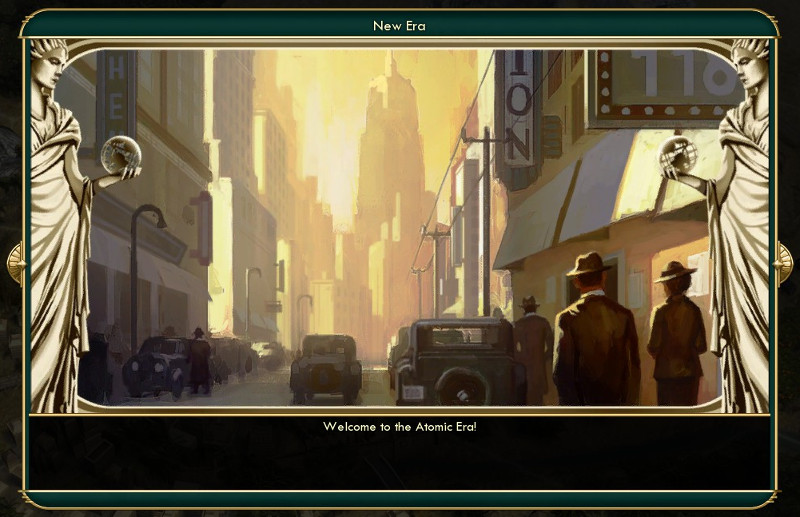 Hope lives on that the new age brings peace and stability. Even if the cost of that stability is great. 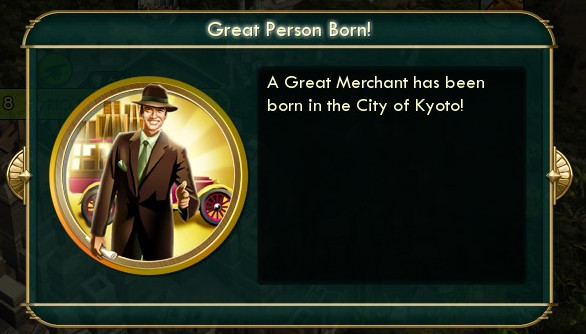 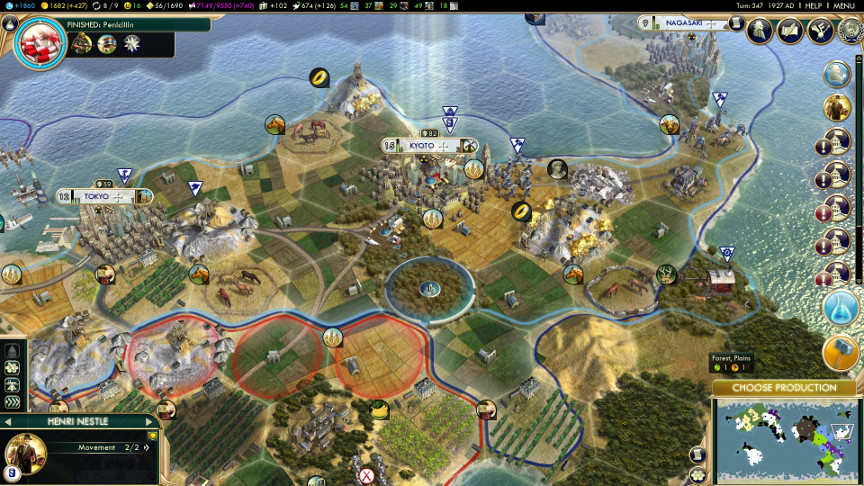 Portuguese Nihon flourishes in a time of innovation, and a famous local confectioner-turned-entrepreneur creates an equally famous chocolatier and public park, creating a significant source of revenue for the locals. (The Customs House built by Great Merchants provides a per-turn cashflow boost, or they can be sent to a City State to get a large one-time bonus to Influence and money.) 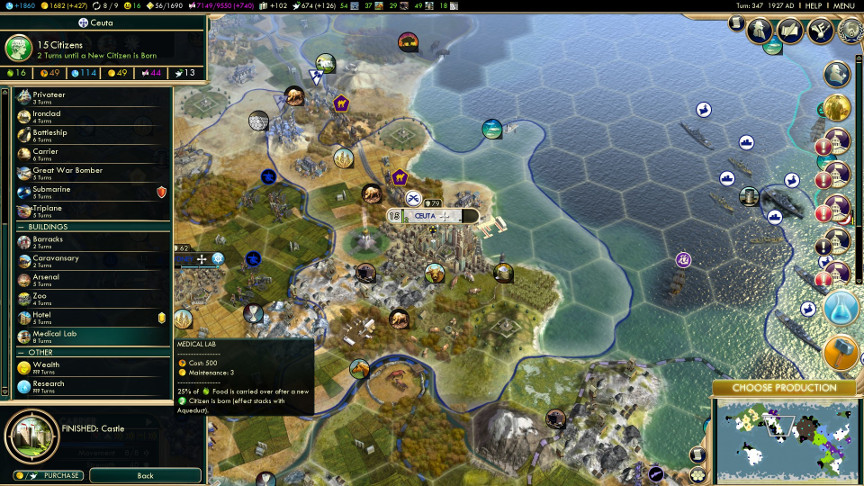 Ceuta begins construction of the world's first dedicated hospital, which may be increasingly necessary in the near future. 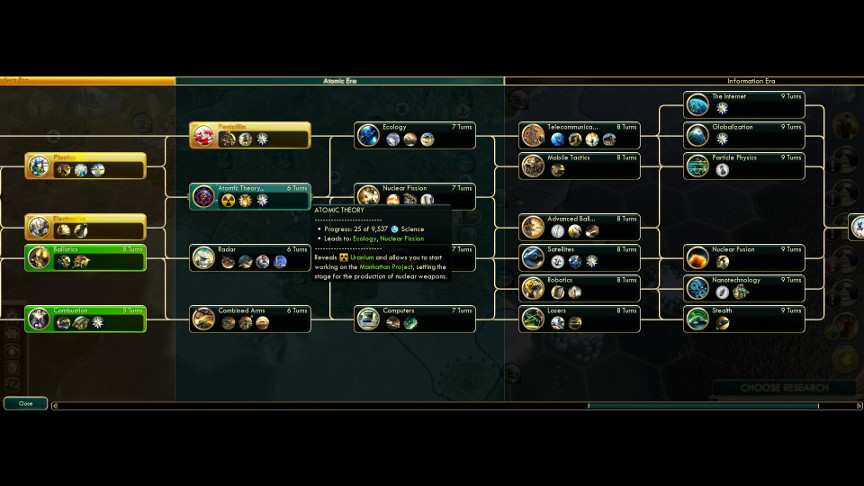 Under Salazar's supervision, however, the Universidades begin a project that they say will have a much greater impact on the opponents of freedom. 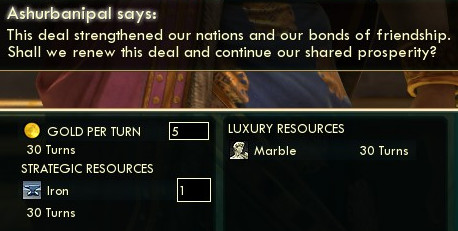 During a short discussion with Ashurbanipal over the radio, Almeida bursts into the office. 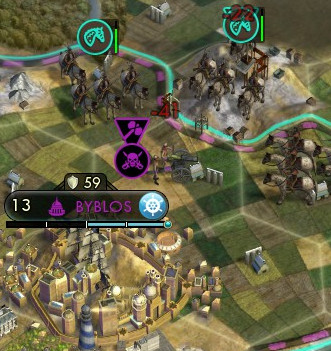 "Byblos troops have just opened fire on a Shoshone cavalry unit."  "So they've done it then, the fools." Salazar speaks tersely. "Fine then, we will be rid of them in short order." 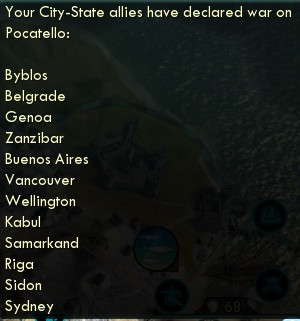 A secretary follows Almeida into the room, arms full of a flurry of diplomatic missives. The massive multinational coalition created by the Portuguese has pledged their full support in the conflict against Pocatello.  "We must not forget why we are doing this, Antonio." The President reprimands him carefully. "Our aim is to protect our allies first and foremost."  The subsequent message that Dandolo was also declaring support for the invasion of Byzantine lands went entirely ignored. 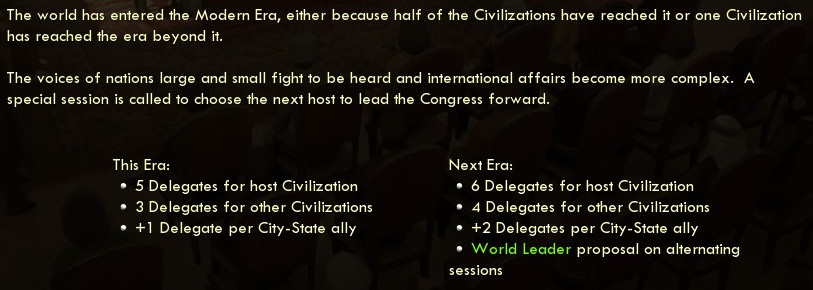 "I'm going to the emergency convention of the Congress tomorrow, gentlemen. What do I tell them the battle plan is?" 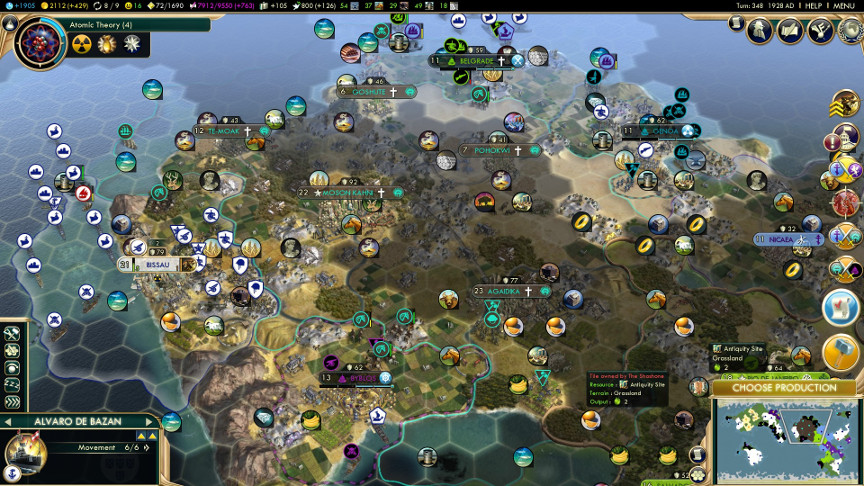 Almeida speaks first. "Our policy of passive aggression has not withstood repeated incursions on the part of the Shoshone, I will admit this. However, there is no cause for us to invade their territories in a defensive war. We can bring this conflict to a close without targeting their cities or infrastructure. This I can guarantee will bring lasting peace, given our relative advantages at both land and sea." "And just what makes these Shoshone barbarians deserving of that fate, Almeida?" Salazar retorts. "Are we so merciless as to let them languish under a despot who calls himself the manifestation of his peoples' voices under no pretext but the continuity of leadership? No, his ideals are an affront to everything we stand for, and we will not abide by them any longer. We will liberate every city under his command, and suffer the indignity of his presence in the East no longer. Only then can we guarantee peace." The President looks over her two aides with some consternation as she feels a headache begin to build. "I'm appreciative as always of your commitment to your causes, senhores." the President says tersely. "However a compromise of some sort may be in order, and I see that once again I must defer to the will of the people on that matter." Taking a few steps out of the office, the President clutches her head as the migraine begins to set in, and thoughts on what course of action must come next flood into her mind... For tonight's vote, we will determine the fate of the Shoshone. Strike at their armies only, leaving their cities alone. Wiping all of them out, through city capture and destruction. A compromise of some sort. ...oh also venice declared on the byzantines too but we didn't counter-declare because of a peace treaty, maybe we should beat them up too i guess i dunno... Please vote before Sunday evening, and thank you as always for waiting for this post. Boa noite...
|
|
|
|
Capture their cities, instill puppet governments. The Shoshone have been warmongers for too long, and the constant aggression and backstabbing are the only things stopping the Pax Portugale from lasting. We must overthrow the government and show the people how to run a country without constant warfare.
|
|
|
|
I'll stick with basically what I said before. Let's puppet any coastal cities they have, and their capital. Then offer peace, but only take it if it's a good deal. Defend our allies from incursions. Punch the Venetians in the face and take a city or two when you can get around to it, but don't destroy them either. I'd like to see this game finished with as many extant nations as possible. Montegoraon fucked around with this message at 14:54 on Aug 7, 2016 |
|
|
|
Take Moson Kahni, but spend the rest of the war attacking only military units. Cut off the head of the serpent and the rest will bother you no more.
|
|
|
|
Glidergun posted:Take Moson Kahni, but spend the rest of the war attacking only military units. Cut off the head of the serpent and the rest will bother you no more. This seems wise. Also, I will admit to having some trouble visualizing the map, and where everything is, in this brave, widened world we have created. Could we perhaps get an overall world map, or a 'tour' of the major cities of the world at this point?
|
|
|
|
ModeWondershot posted:
But that's not Liu Bei.  Thirding taking Moson Kahni.
|
|
|
|
Take Te-Moak and Moson Kahni Without their capital and only port, their capacity to do evil will be greatly diminished. As for the Venetians, they pose no threat.Montegoraon posted:[b]Let's puppet their coastal cities, Te-Moak and Goshute, and their capital. Goshute is one tile off the coast, it looks like.
|
|
|
|
Strike at their armies only, leaving their cities alone, the Shoshone need some humbling.
|
|
|
|
Right. Due to my double-booking, I won't be able to play and address the vote tonight, so it looks like voting will be extended until Monday afternoon. Currently, the dominant trend is to Puppet New Te-Moak and Moson Kahni, and then see if peace can be sought. Let's see if an alternative presents itself. Also, thanks everyone for the comments! Nordick posted:You ought to write a book or something. I'm really glad that you and a couple others are liking the narrative side of the LP! There is a lot of great work here on the forum so I'm happy to be living up the the standards  Valgaav posted:Could we perhaps get an overall world map, or a 'tour' of the major cities of the world at this point? Yeah, it has been a little while, so I'll do up another one after the next chapter. If you go back to around when we first did world exploration (before the first war with Japan over Constantinople) then there are thumbnail images of the overall world geography at the time. Zanna posted:But that's not Liu Bei. Calling him "a hero of chaos" seemed a little too on the nose, is all.
|
|
|
|
Contain them by taking their port and capital.
|
|
|
|
An alternative, you say? This isn't really mutually exclusive with any of the current votes, I guess it's more of a suggestion, but you could trade any cities you do capture to either the Byzantines or Brazil, to make them less tempting targets for the Shoshone in the future. Portugal is big enough already, especially from a narrative perspective.
|
|
|
|
AlphaKretin posted:An alternative, you say? This isn't really mutually exclusive with any of the current votes, I guess it's more of a suggestion, but you could trade any cities you do capture to either the Byzantines or Brazil, to make them less tempting targets for the Shoshone in the future. Portugal is big enough already, especially from a narrative perspective. I'm going to vote for this as well - keep the capital to yourself but give any other cities you capture to whoever would be in the best position to receive them. Furthermore, I believe the time for mercy has passed. Destroy the Shoshone and Venetians until they beg for you to stop.
|
|
|
|
I think I can see what has to be done...Thanks to everyone for your guidance. Update to follow.
|
|
|
|
My vote is that you should send me a copy of an early game save file and we have some fun with an alternative timeline. Well. Fun for us. Not so much for those adorably unthreatening little Prince level AI's...
|
|
|
|
Captain Fargle posted:My vote is that you should send me a copy of an early game save file and we have some fun with an alternative timeline. Well. Fun for us. Not so much for those adorably unthreatening little Prince level AI's... Agreed, but only if you post what you do to them as a narrative to fit the style of the LP.
|
|
|
|
Valgaav posted:Agreed, but only if you post what you do to them as a narrative to fit the style of the LP. Well, we actually have something a little different in mind, but I'll do my best to add some narrative flair to it... In the meantime, please accept my apologies for the slow update. I'll do my best to make it worth everyone's while. E: And thank you to the kind soul who paid money to give me an avatar and comment. It reinvigorates and inspires me to keep writing! ModeWondershot fucked around with this message at 04:29 on Aug 26, 2016 |
|
|
|
 In attempting to conquer the fledgling Byzantine empire, the Shoshone wanted to prove that their nation, governed by the absolute rule of Order, presented a strong and capable nation wholly independent from the Portuguese ideal.  The Shoshone attempted to prove themselves independent of and superior to the political machinations of the rest of the world. 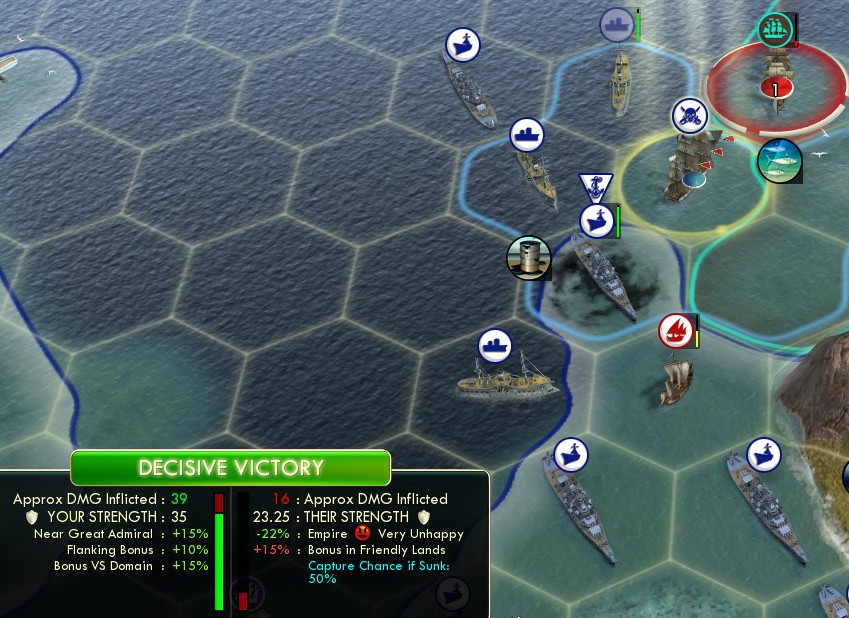 The Shoshone unleashed a monster. 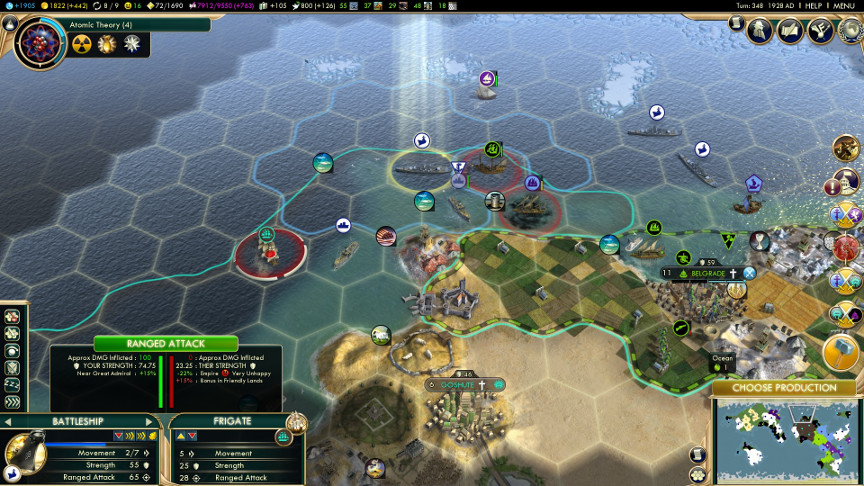 The Portuguese state-of-the-art ships report on their work, noting that their Shoshone counterparts are disorganized and their troops drained of morale. 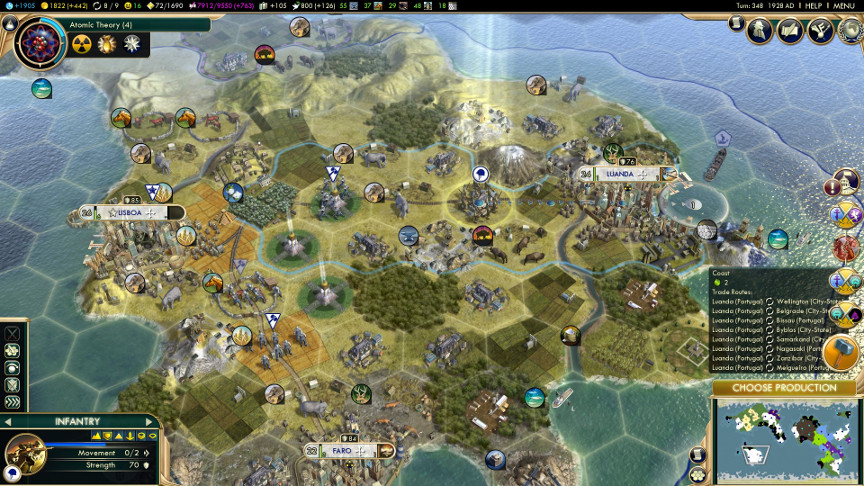 International trade embargoes robbing them of pleasure, and the knowledge that they were facing a technologically and numerically superior foe, were quickly becoming apparent to them. 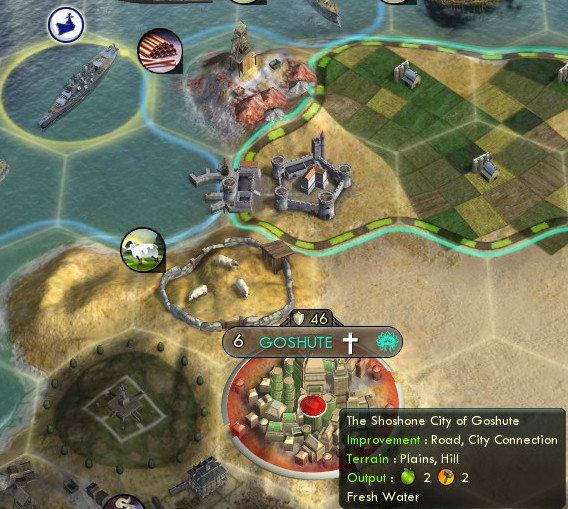 The Portuguese battleships notably proved their ability by bombarding targets at seemingly impossible distances, regardless of terrain or climate. 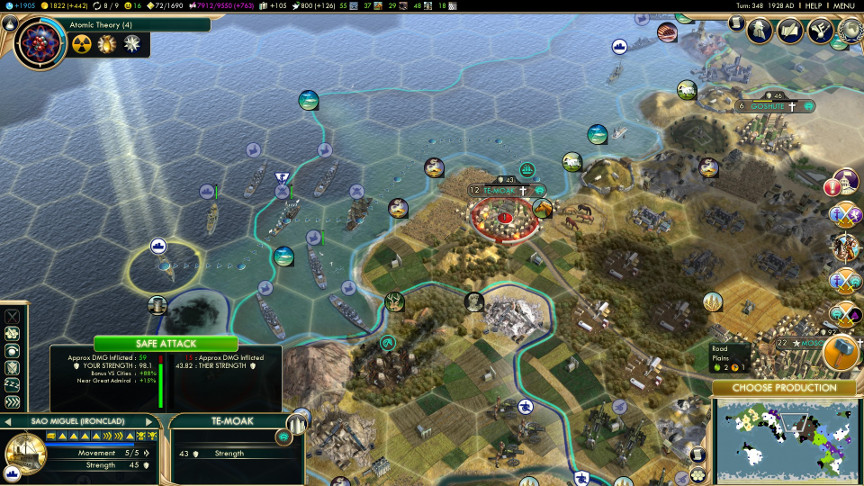 Under such withering assault, Novo Te-Moak fell nearly instantly. 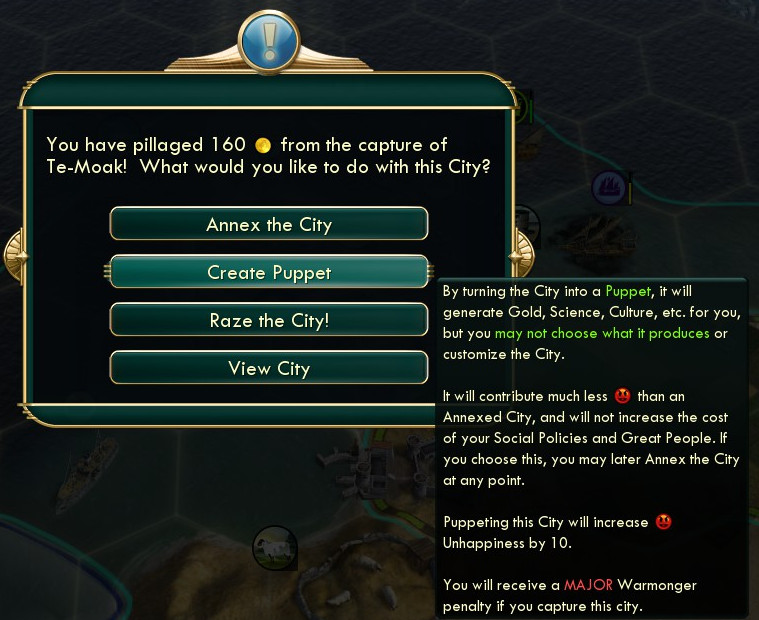 In that moment, watching Portuguese marines wielding automatic rifles racing through their ruined streets, the Shoshone realized what was at stake. 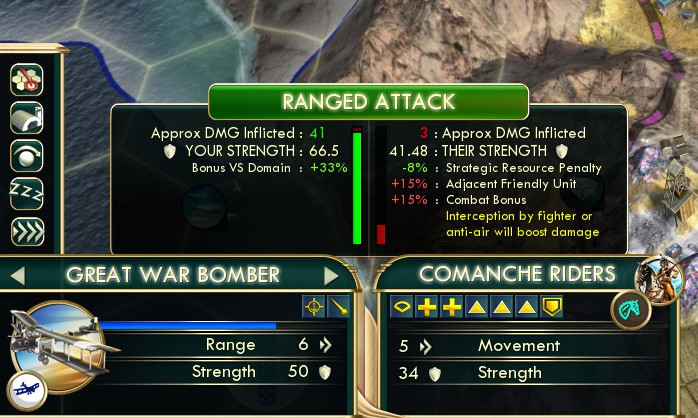 Though their defence became organized from sheer desperation, they found themselves unable to strike back against assault from the skies. 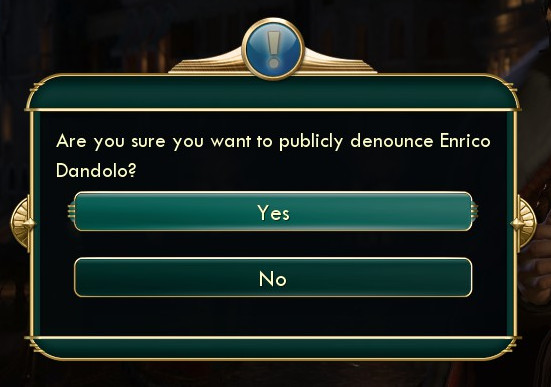 Venice, a shadow of its former self, would also soon find itself within striking range of Portuguese retribution. 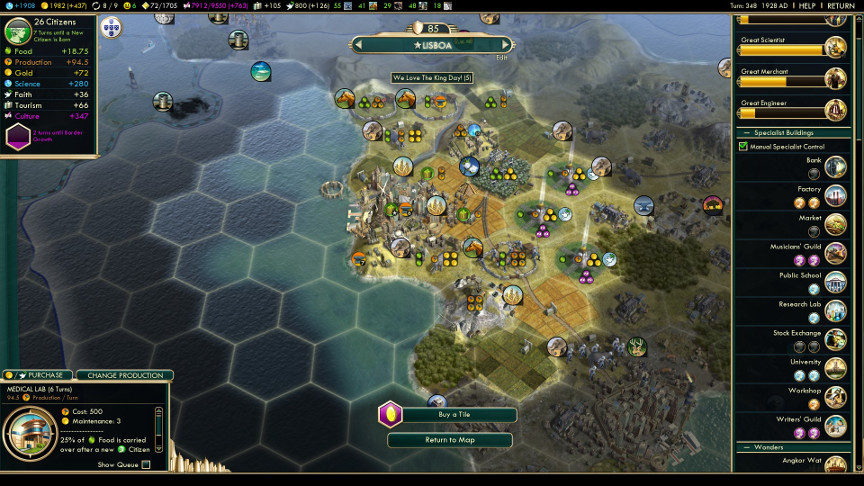 Yet, for the Portuguese in the homeland, life in general seemed unchanged, and the President enjoyed continued support for continuing to develop the city of Lisboa.   Response to the diplomatic overtures against Venice is mixed, though the population of Portuguese Nihon finds itself at odds with the shogun.  The Byzantine population, meanwhile, finds itself rallying behind the Portuguese, and Theodora, despite herself, betrays some distress at the idea that a foreign ruler enjoys a greater level of popularity than she does.  Word in Brazil, meanwhile, shows that Pedro continues to fancy himself a schemer, though his court's propensity to gossip makes information gathering simple, especially given the shared language. 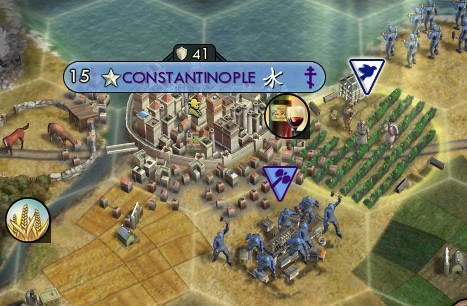 Constantinople is inducted into the faith of the Portuguese, at long last, though Theodora herself is an uncertain convert. 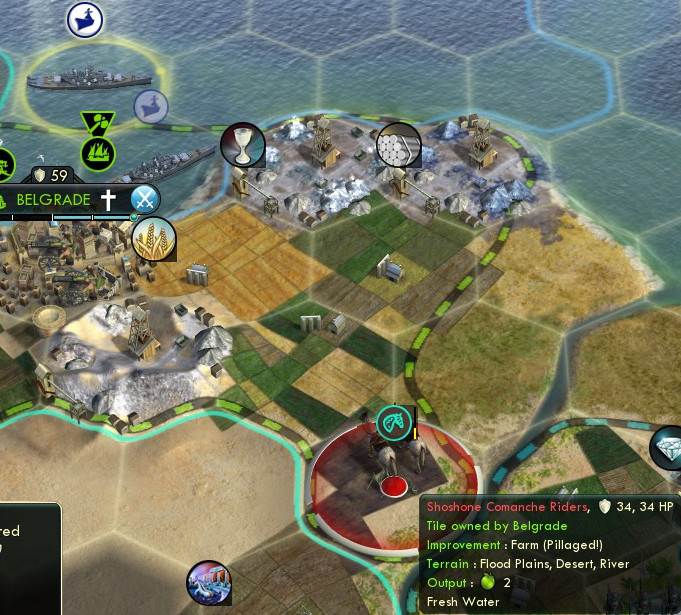 Especially capable battleships, like the Oomura Sumitada, are capable of operating at impossible distances, and secure far inland battlefields from the coast. 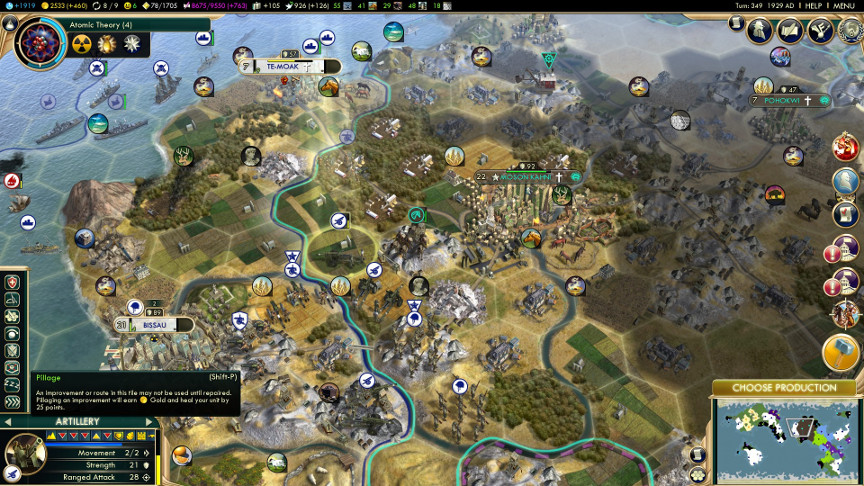 Meanwhile, the front moves to the Shoshone capital, and reports that Shoshone cavalry forces use their knowledge of their own territory. 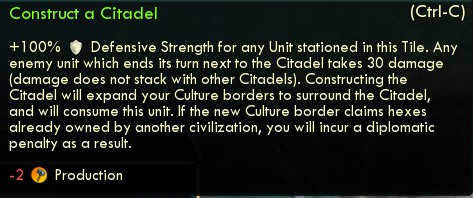 To that end, Almeida recommends that Gen. Geronimo develop a forward base, in the interest of claiming part of the front from the Shoshone to better set the stage for the final invasion. 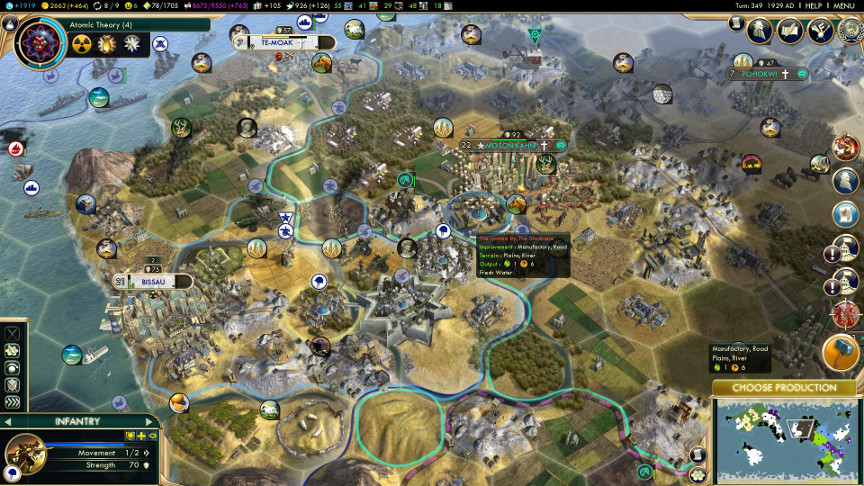 The new operating zone affords the Portuguese an opportunity to advance to the city proper. 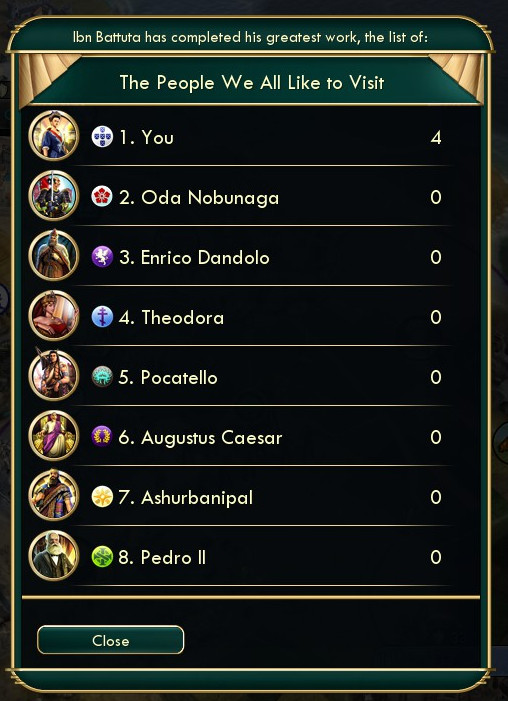 All the while, tourists, refugees, and scholars find themselves flocking to Portugal. Their diseases are treated, their minds enriched, their pockets filled, their woes allayed. 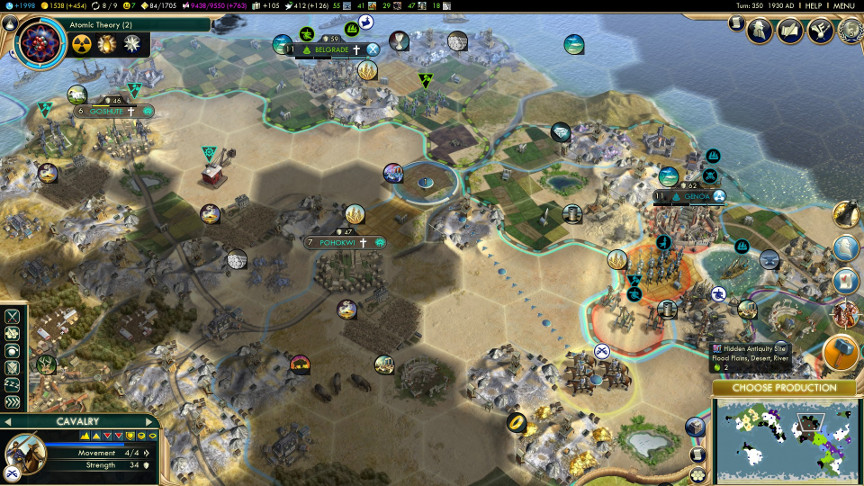 Even as war rages abroad, the home territories think little of the matter of war, as it simply does not concern them. 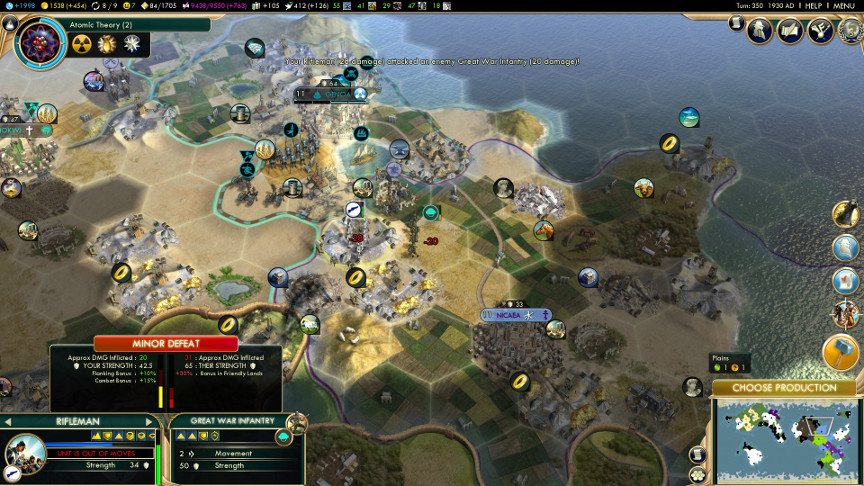 Their desire, instead, is left to their President, to whom they owe their wealth and greatness. 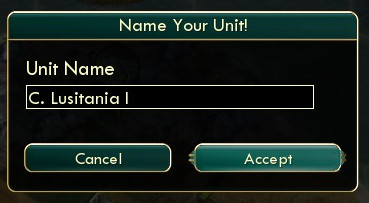 The name of a formerly Roman warship, the Classis Lusitania I, is but a portion of knowledge that the Portuguese find a source of amusement and joy, regardless of what purpose the warship ultimately fulfills. 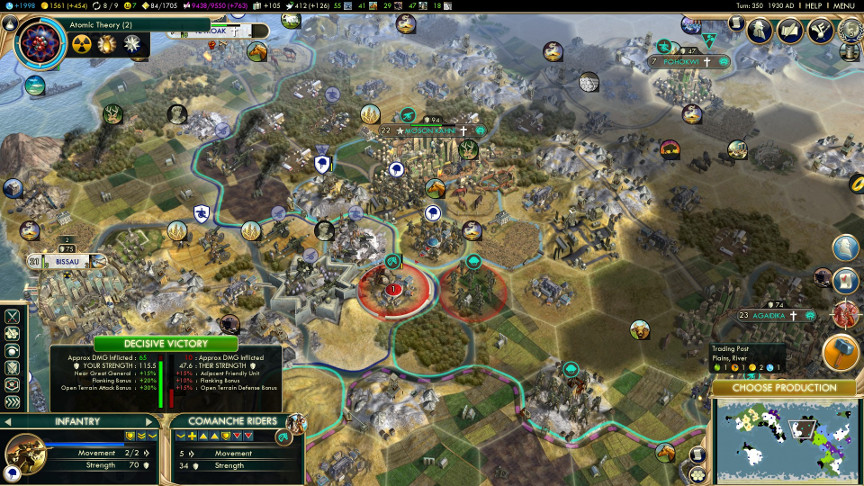 As trained soldiers begin to break the back of Shoshone forces, their families at home are fully occupied with the goings-on of day to day life. 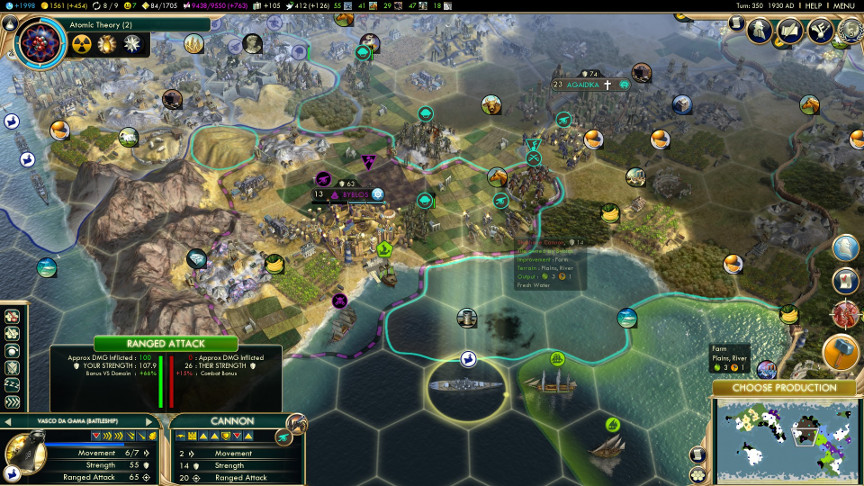 The battleships of the Portuguese need only languish off the Shoshone coast and press a few buttons, and an obstacle to Portuguese supremacy is removed within an instant. 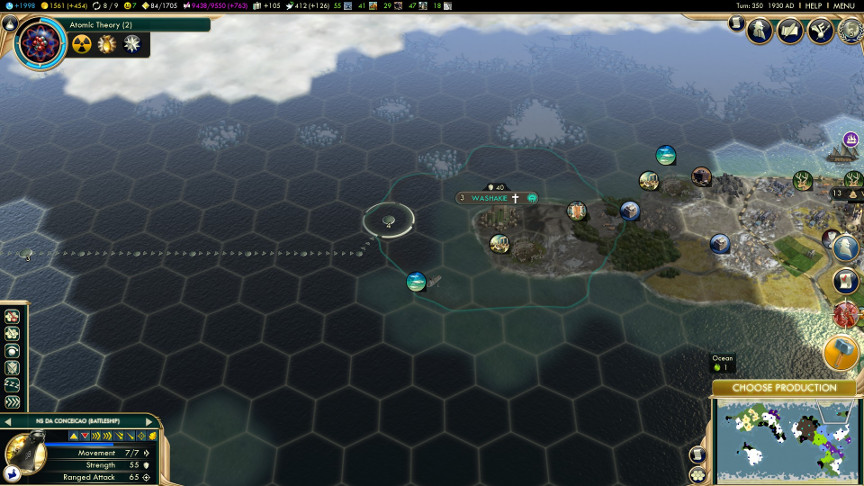 No opponent is below Portuguese attention, or above receiving its wrath.  No secret or plan beyond understanding. 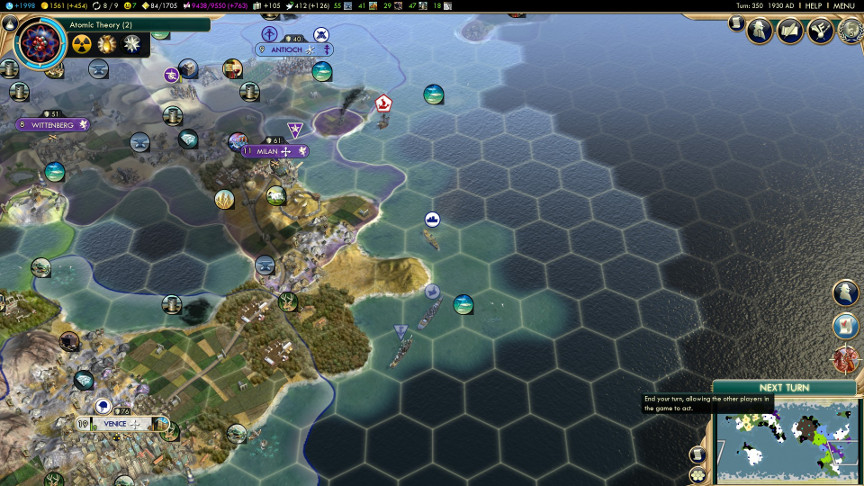 As a sliver of the Armada begins its approach to Milan, Salazar asks the President a question: 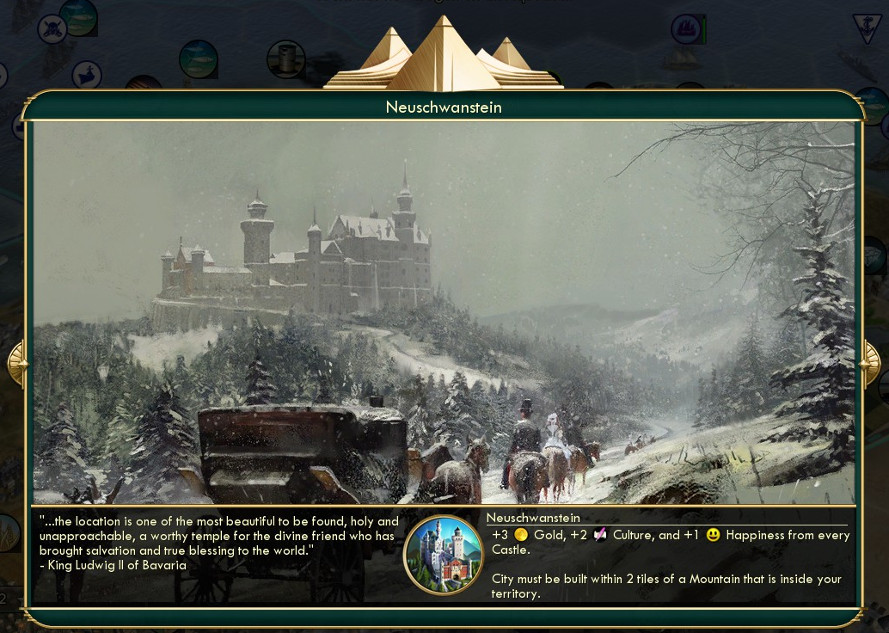  "Why is it that Sebastião feared war and men fighting amongst themselves? If we did not do so, we would not be where we are today." 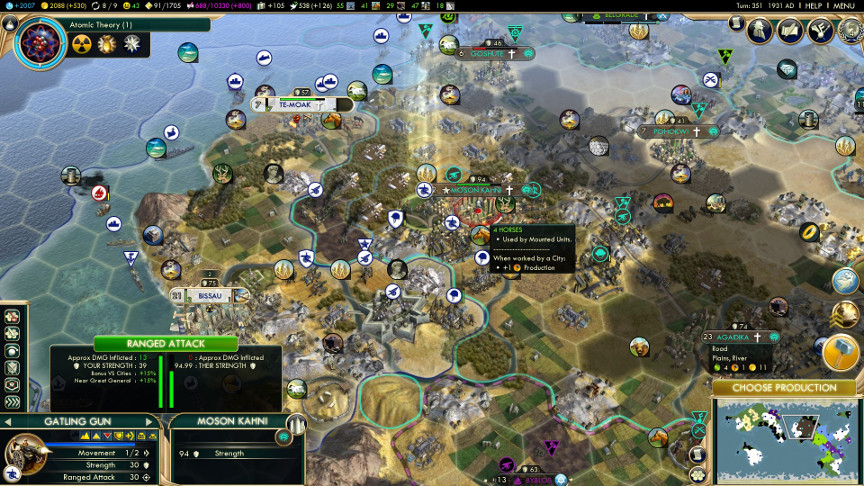 "What he feared, senhora, was that people ignorant of the power they held rule the world." 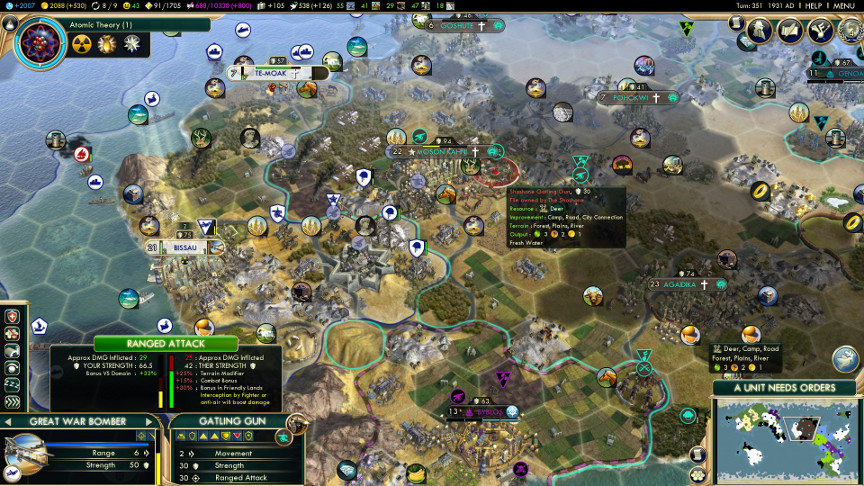 "We are an enlightened people, and we demonstrate it with each battle and diplomatic move. We are not like them. Every day we only grow wiser and more rational." 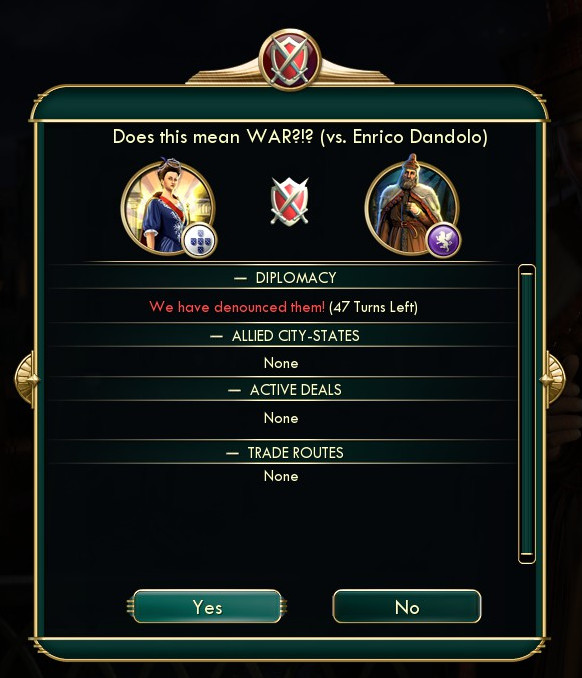 "Our fight against Dandolo is merely more proof of the same. We will crush him swiftly and prevent him from posing a threat to our more civilized brethren overseas."  "His words of admonition are as empty and baseless as his faith." 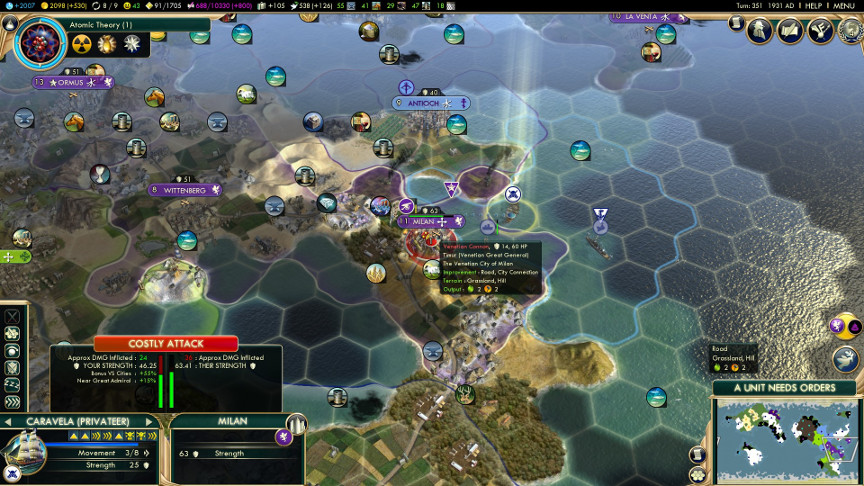 The President puts down the diplomatic cable and stares coldly at her aide. "That is quite enough, Salazar. I wanted to talk to you about this finance report the Casa sent to your office." 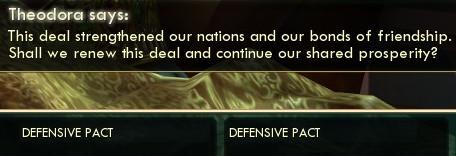 "This research...it is fascinating, and presents opportunities beyond any that we have witnessed in human history." Salazar is quiet. 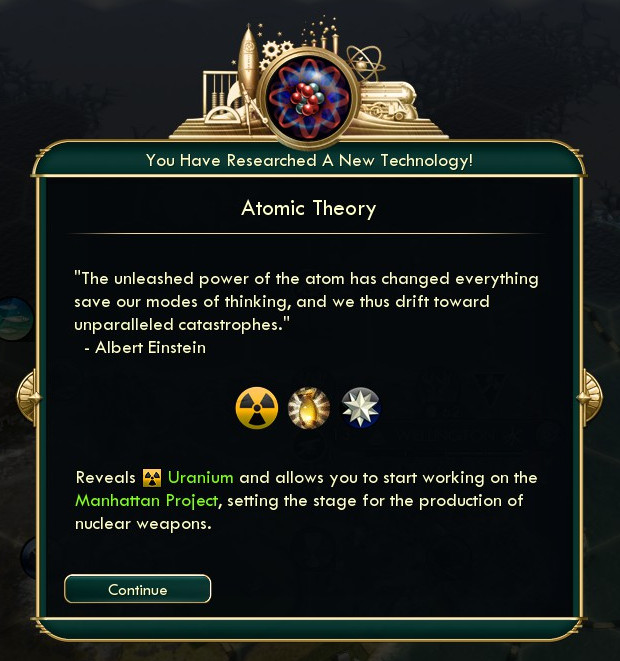 "I know you've been authorizing the provision of grants for researchers and professors from the Universidades to support this." 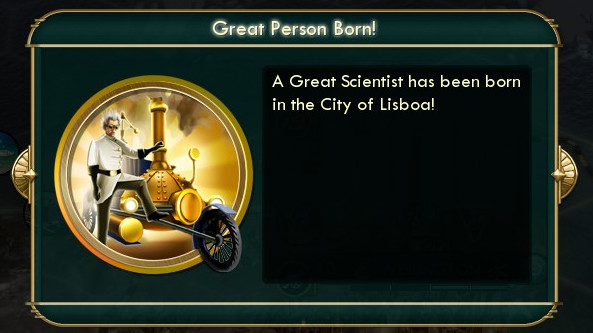 "I also know that in times of war, we have always used our knowledge and intelligence to gain the upper hand." 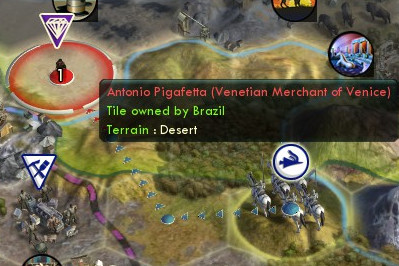 "If I understand what it is you are trying to do, I am telling you that it is dangerous, and the Casa alone cannot determine the path forward that our country will take." 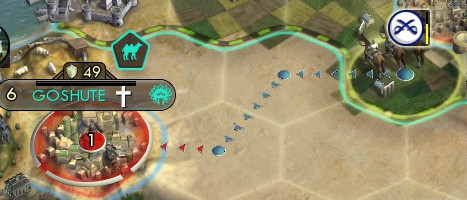 "In some ways you are right, we have to be better than the rest of the world in order to ensure peace, but that does not mean that we allow ourselves to become monsters to fight them." 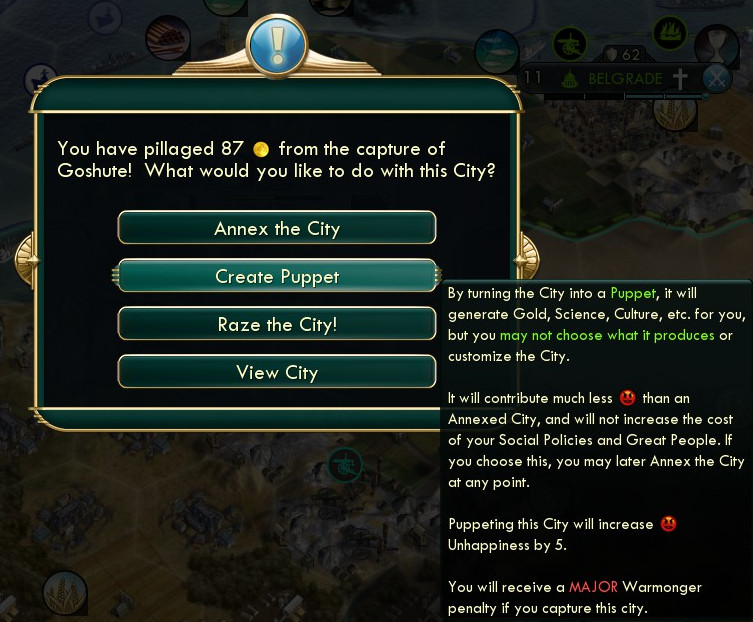 "I want you to remember that. I won't allow our nation to be remembered as one that enabled the release of a monster." 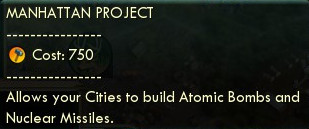 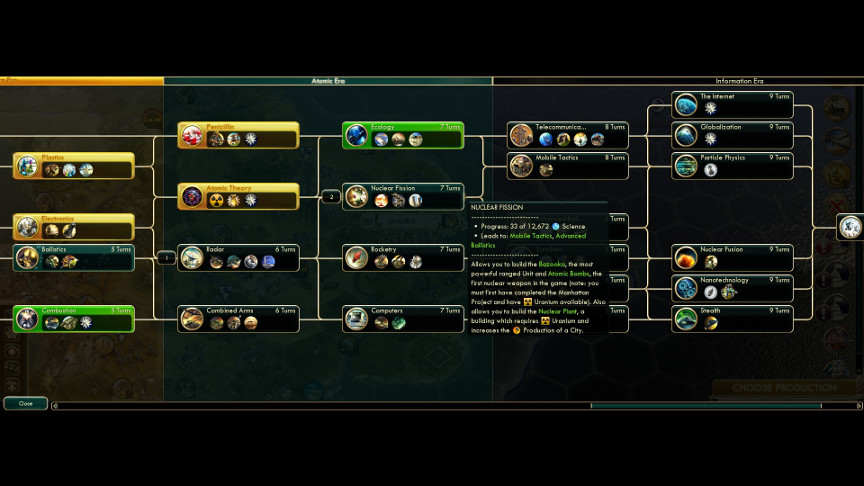  Salazar responds with a low voice. 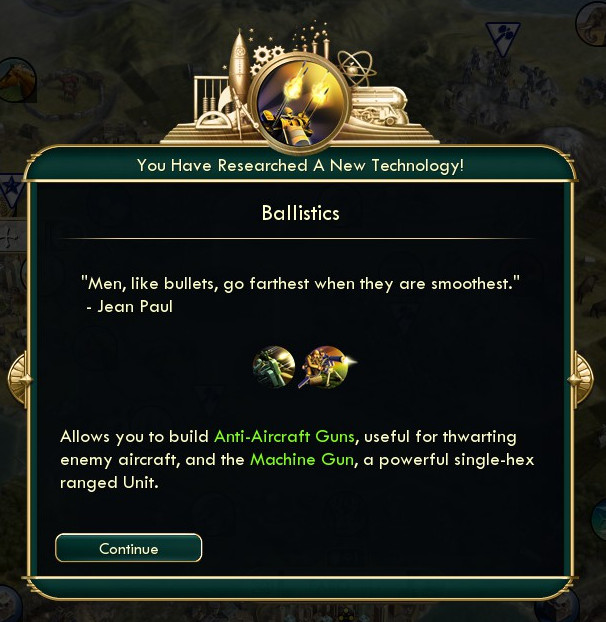 "Senhora, we are beyond the days of believing in monsters. There is only ignorance, and we will see it destroyed." 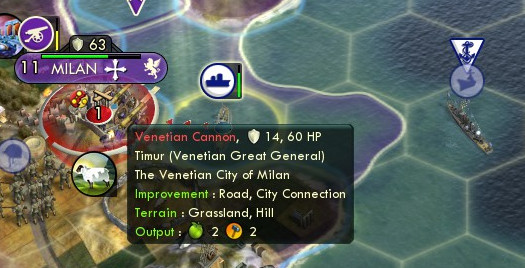 Milanese defences along the coast prove themselves remarkably hardy, and the São Rafael finds itself in need of emergency repairs. Battleship support is lacklustre, and backup is called for. 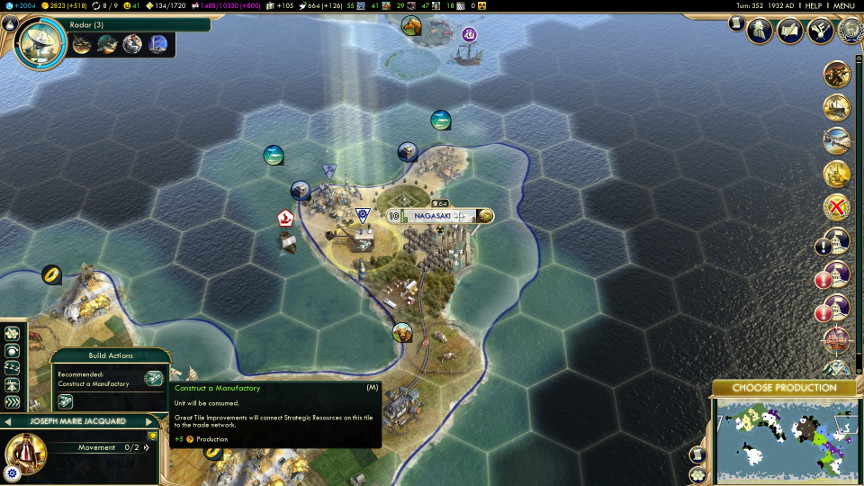 On the other side of the world, Nagasaki continues its meteoric rise to fame as the product of Portuguese and Japanese collaboration. Its industrial base becomes more famous by the day. 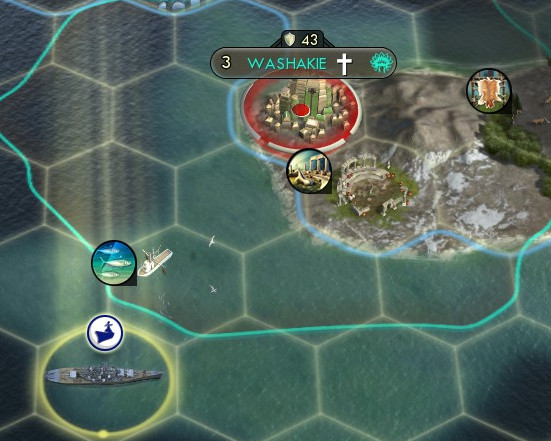 The same cannot be said of similar outlying settlements for the Shoshone. 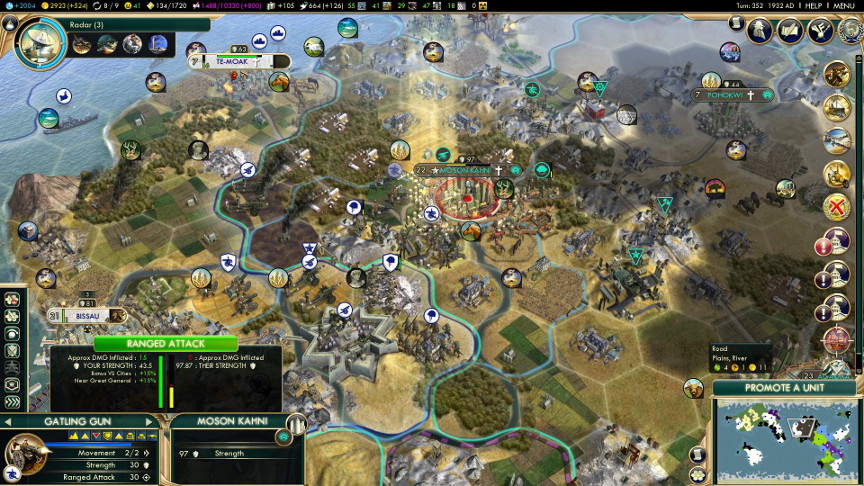 Despite everything, Moson Kahni holds fast, though the withering assault of Kublai Khan's combined volunteer and professional forces has depleted all hope of reinforcement for the isolated Shoshone. 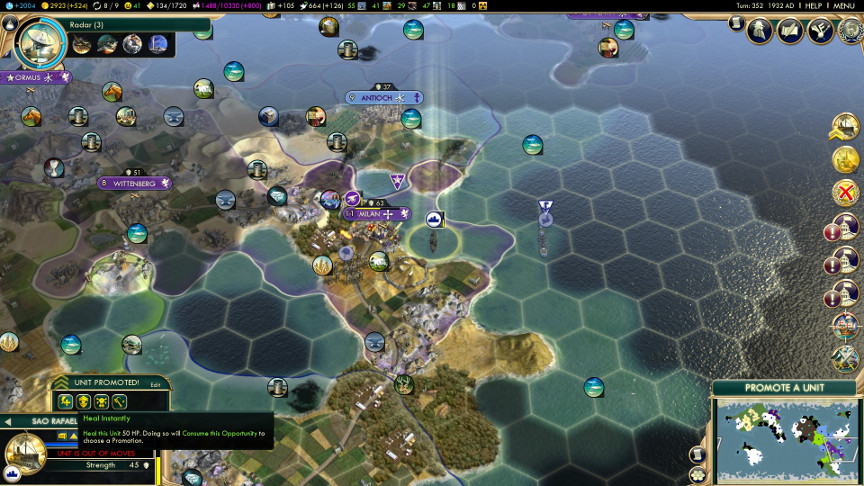 Milan, remarkably, seems an unbreakable behemoth by comparison. 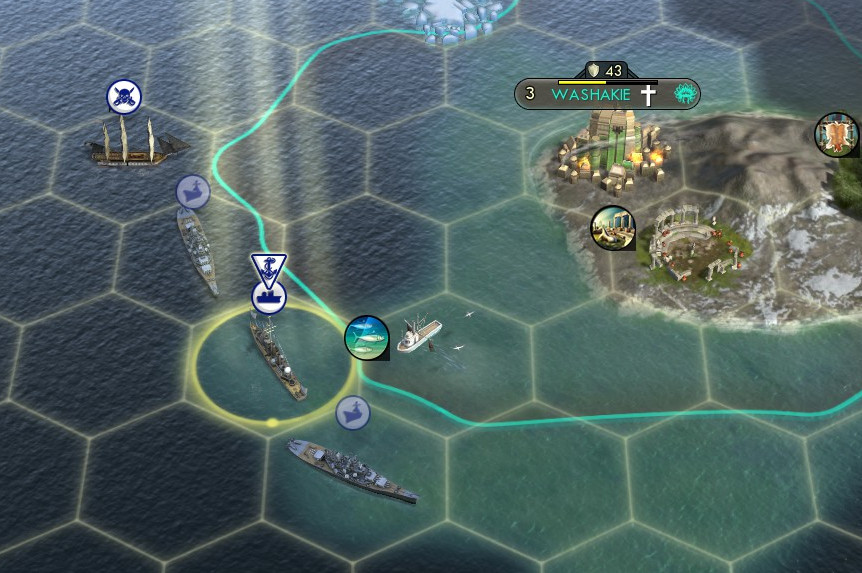 Though, Washakie's fate seems in little doubt. 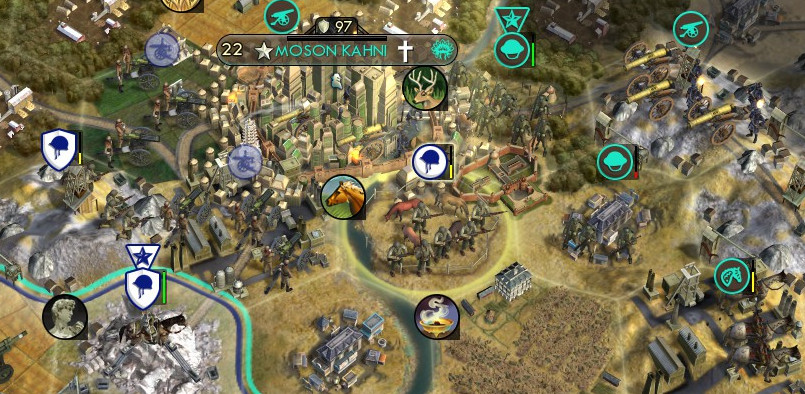 Reinforcements arrive after a small eternity in transit, but it is too late. 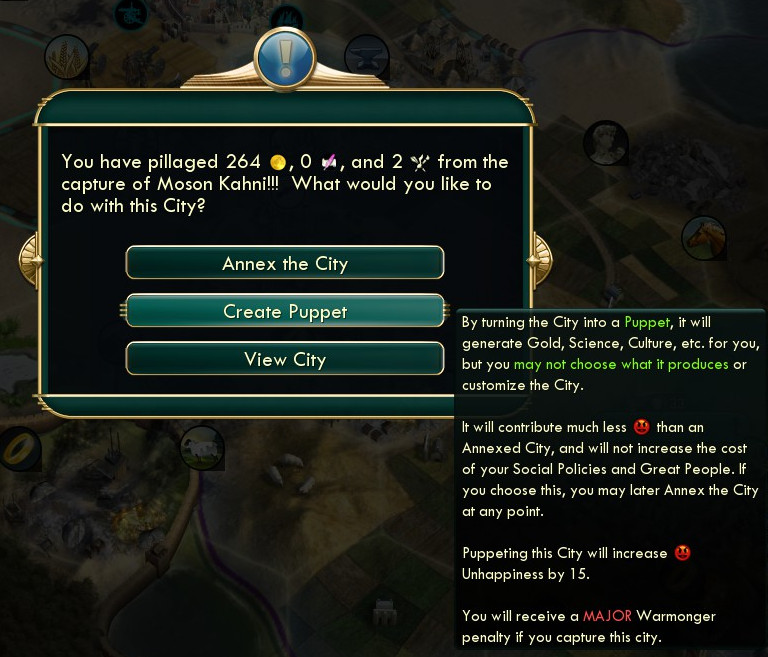 The Portuguese have once again bested the Shoshone in warfare. 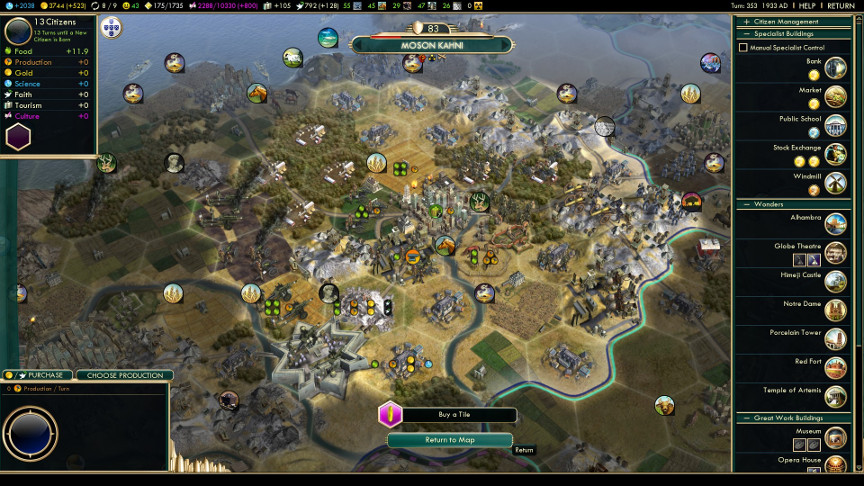 Yet, it did not stop there. 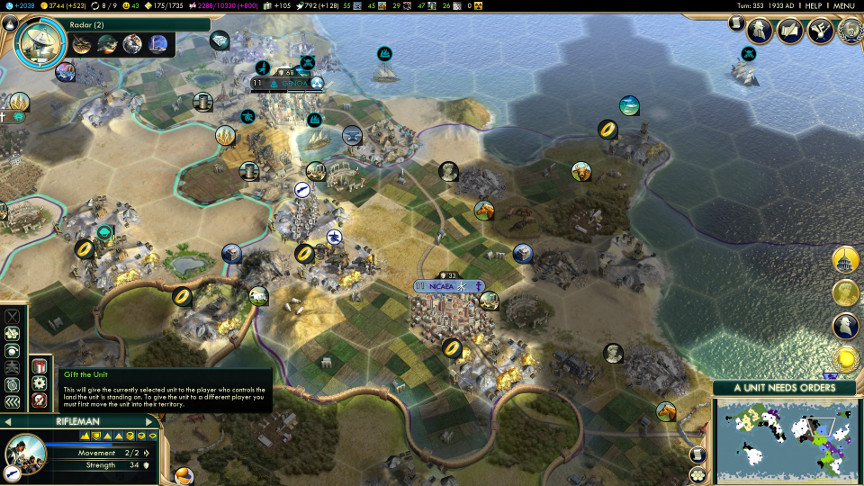 There were celebrations in Byzantium and the Portuguese homeland over another victory, and national pride was at an all-time high. 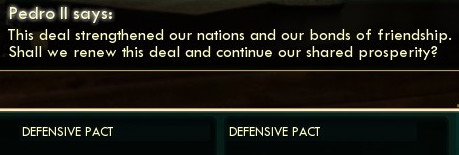 Allies abroad were proud of their union, they had recognized that together, they were capable of defeating any adversary. 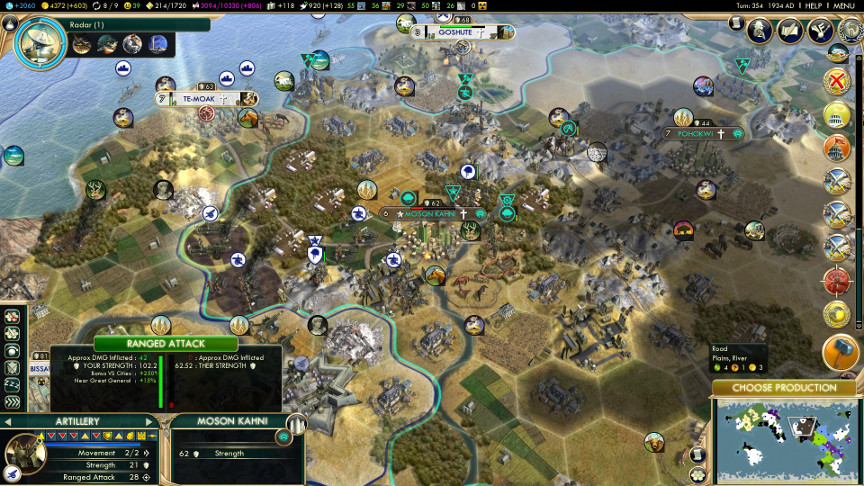 They recognized that the Shoshone were still capable of posing a threat, desperate as they were. 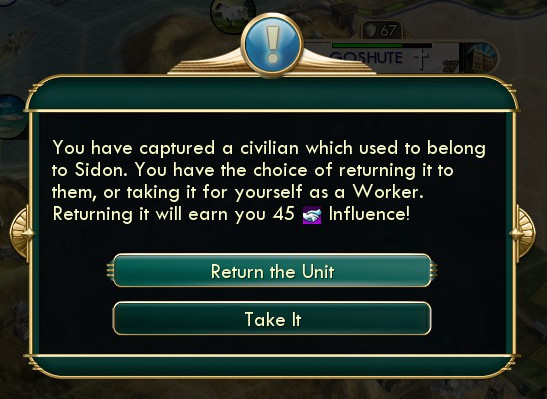 They wanted to right wrongs, and set the long moral arc of history back on its way towards justice. 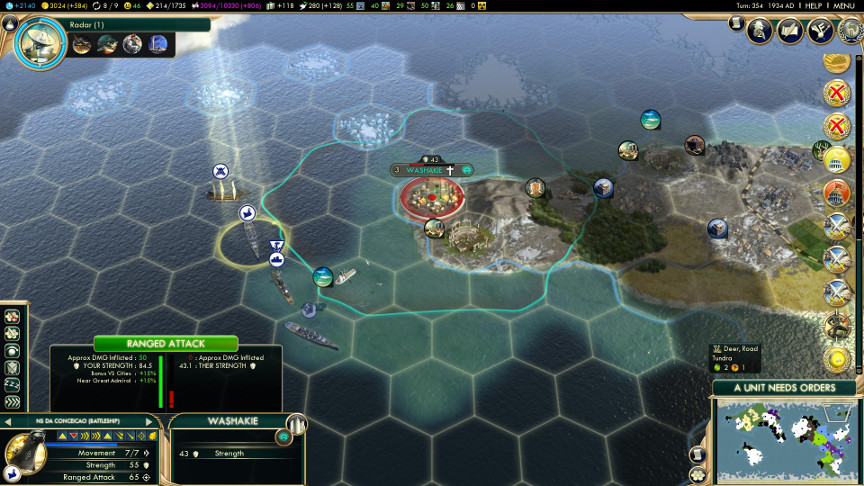 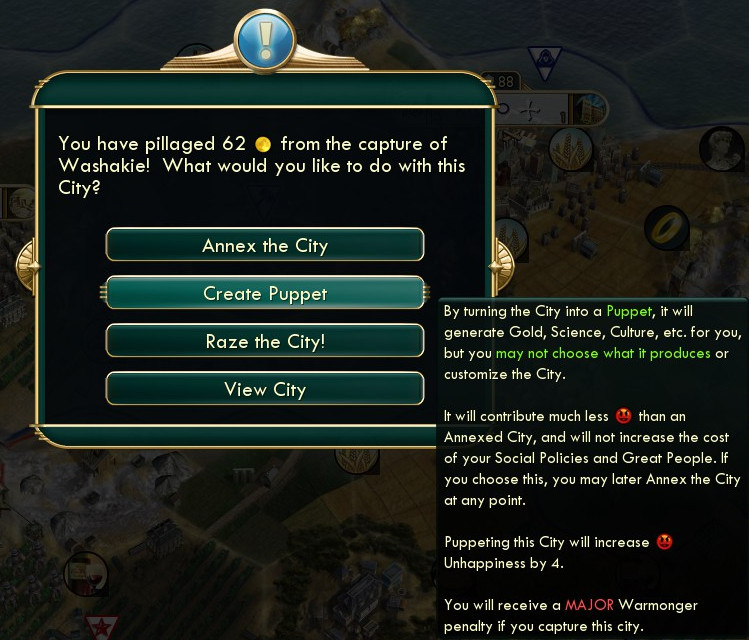 They did not want to stop fighting.  Though tormented by the demons born of her better nature, the President deferred to the will of her people.  There had to be something good and right about what they were doing. 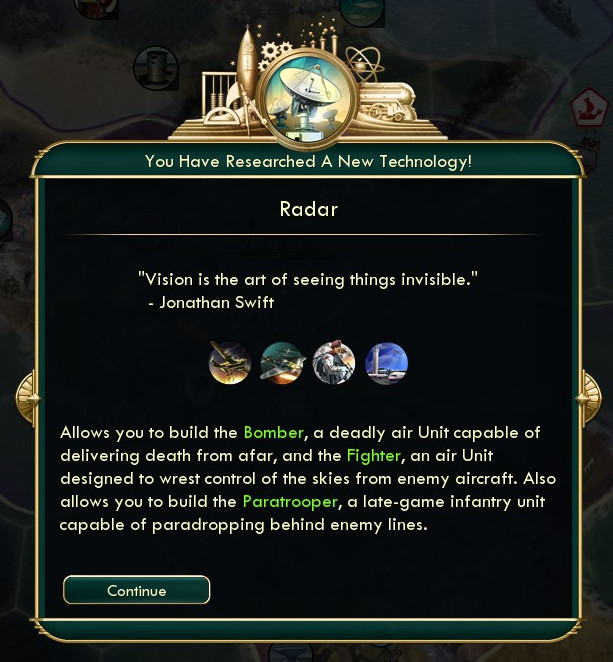 Perhaps she did not see it, and simply needed to look at it differently. 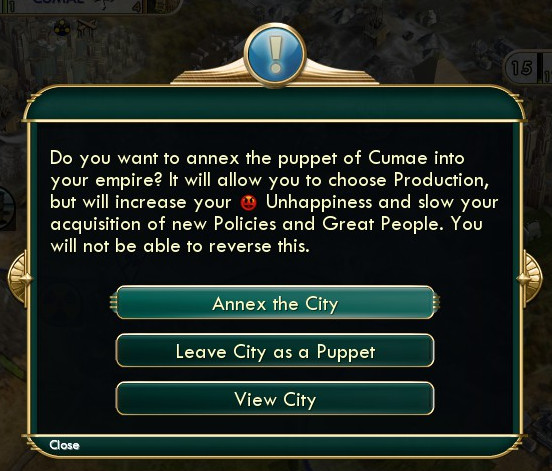 A piece of paper crosses her desk, requesting authorization to place a Roman exclave under martial law, citing a national security concern. 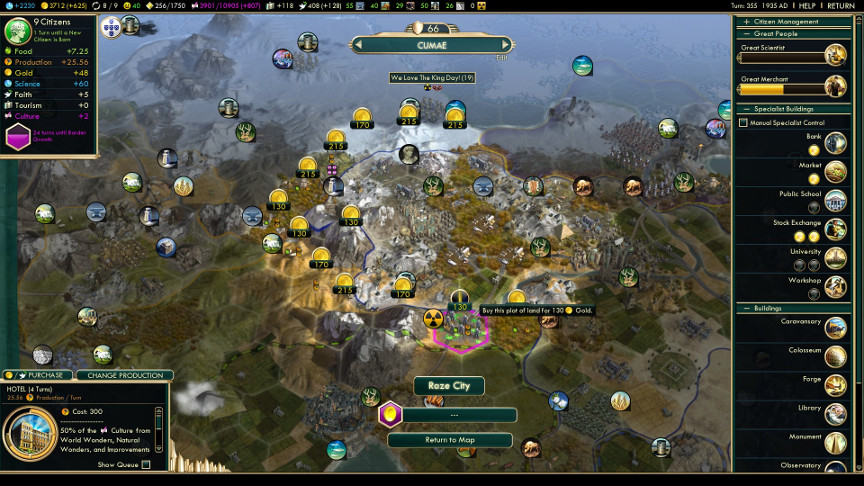 She signed it, and turned her eyes towards an overcast sky outside her window.  The fado music from the theatres across the road seemed quieter than usual. 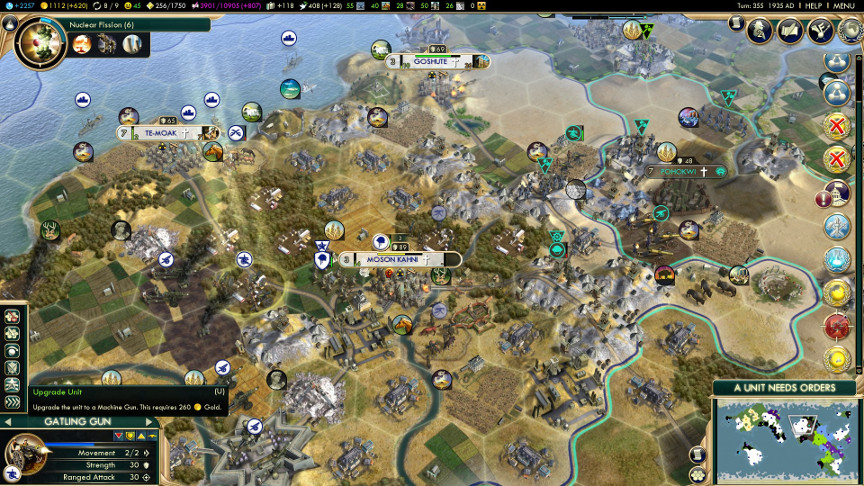 Moson Kahni was retaken, though the bomber squadrons previously posted there had been wiped out in the Shoshone recapture. 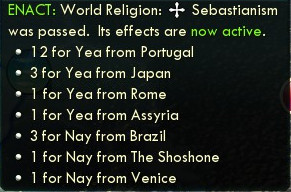 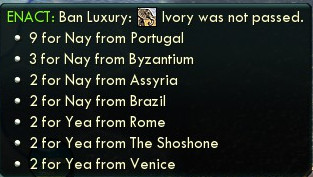 The Portuguese once again took their victories to the conference room. All is right with the world. 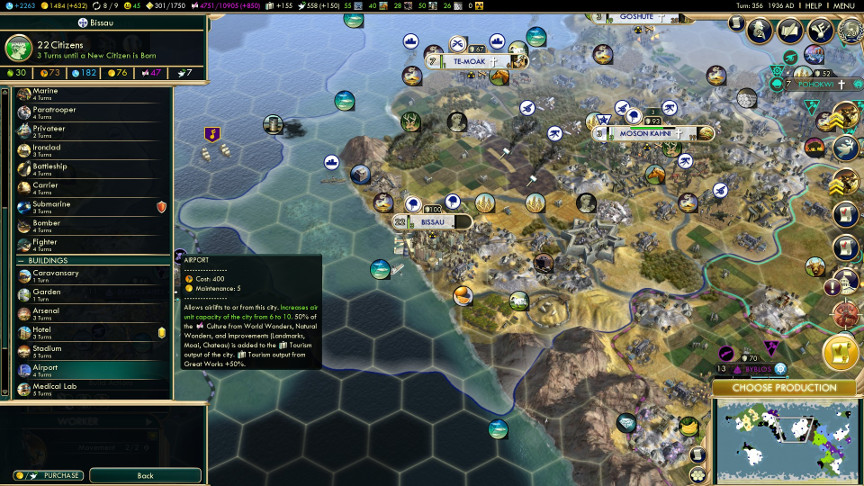 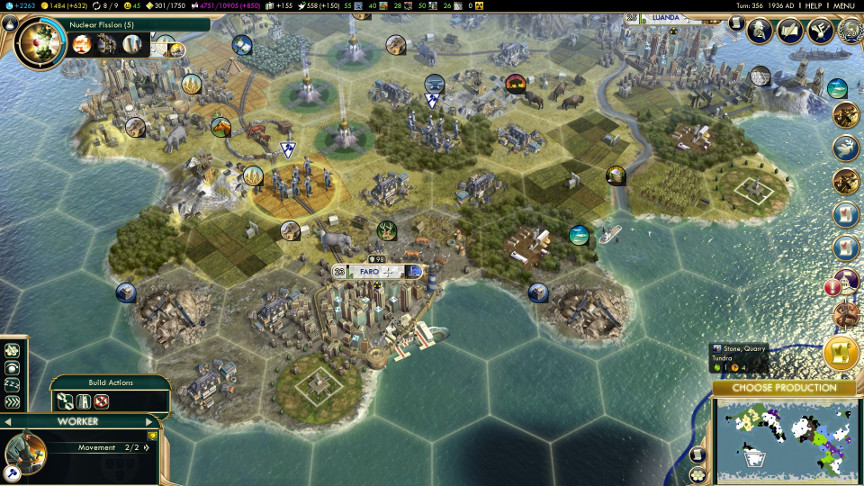 The sisters in industry, Bissau and Faro, began the development of airports in support of the war effort, with civilian transit between the homeland and overseas territories as more of a background benefit.  Venice, surprisingly resilient to the Portuguese military, would not survive the wrath of the Congress. 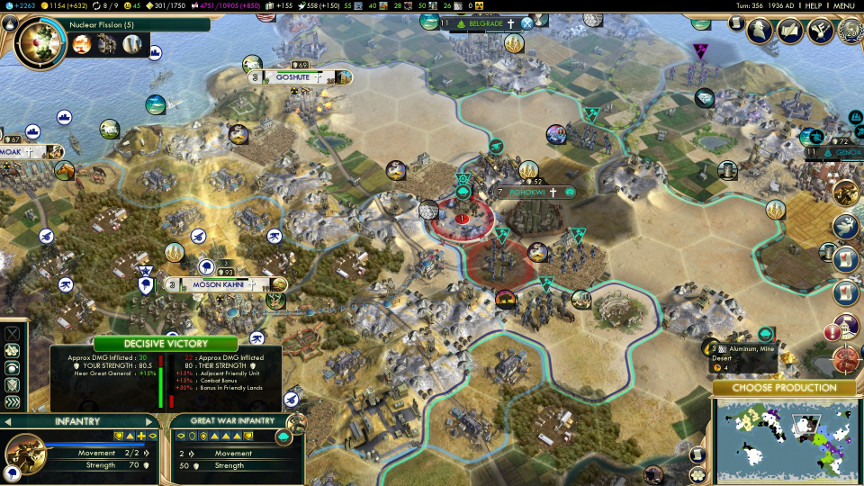 Amid the cheers and applause from home, the men and women of the Portuguese forces charge headlong into battle against the forces of oppression. 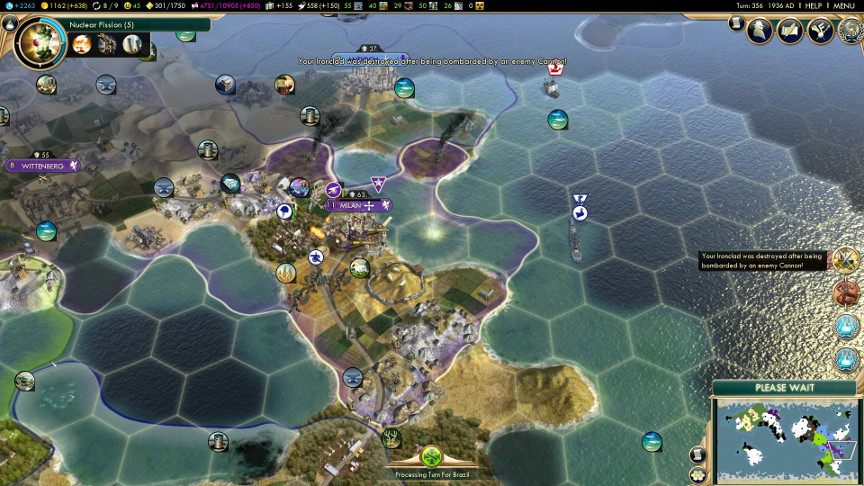 The sacrifice of the São Rafael is barely noted in the roar of the crowd.  People can only be at their greatest when they are free. 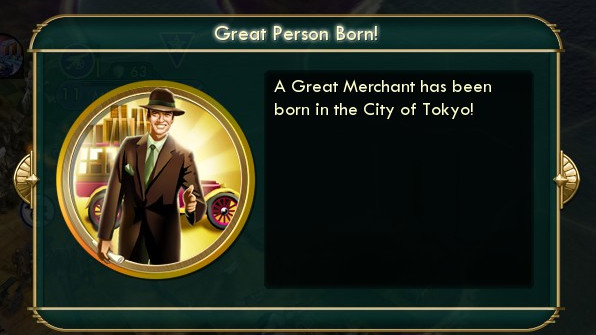 Prosperity can only follow from the path the Portuguese have taken. 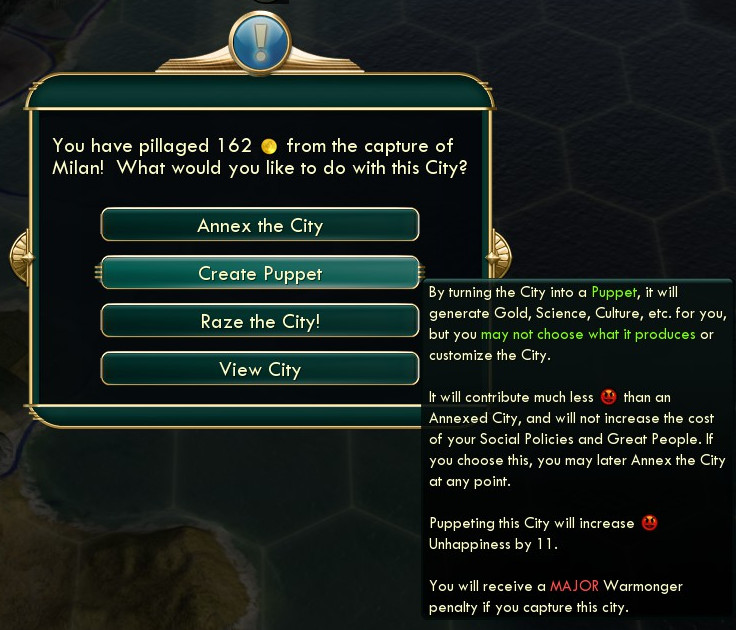 There is only just victory for Portugal. 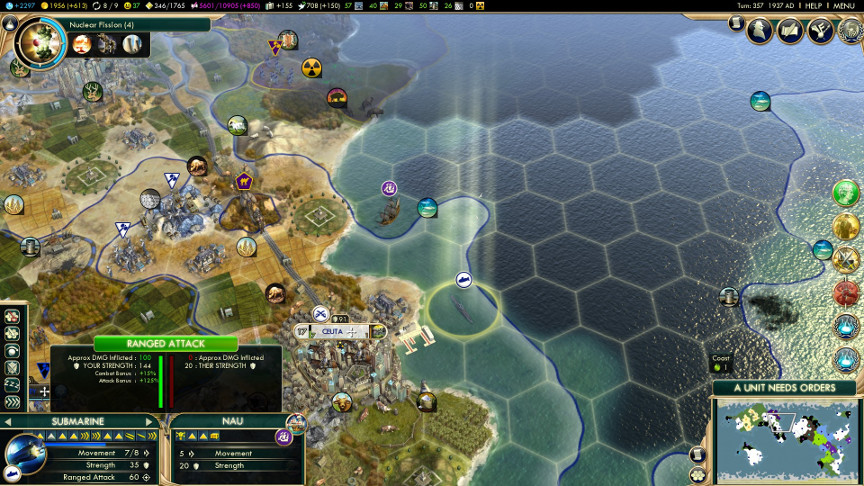 Opponents of the dominion of Freedom are simply clinging to the past, to outmoded ideas. 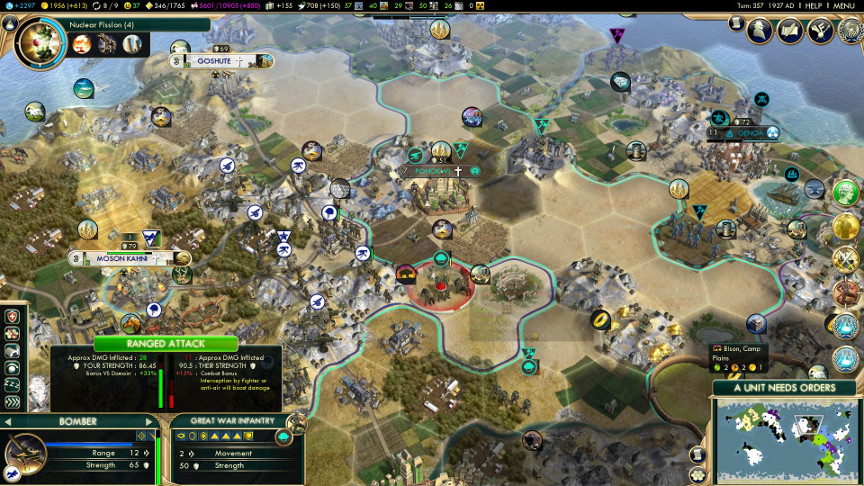 They deserve punishment for their ignorance, and will be set on the right path in time. 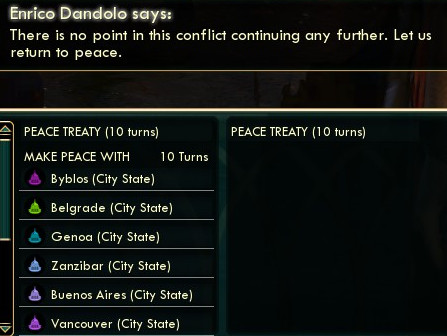 Mercy is purely discretionary.  "You have done well." Theodora says, the Byzantine language dancing through her voice. "Together, we will forevermore make this world a peaceful one." 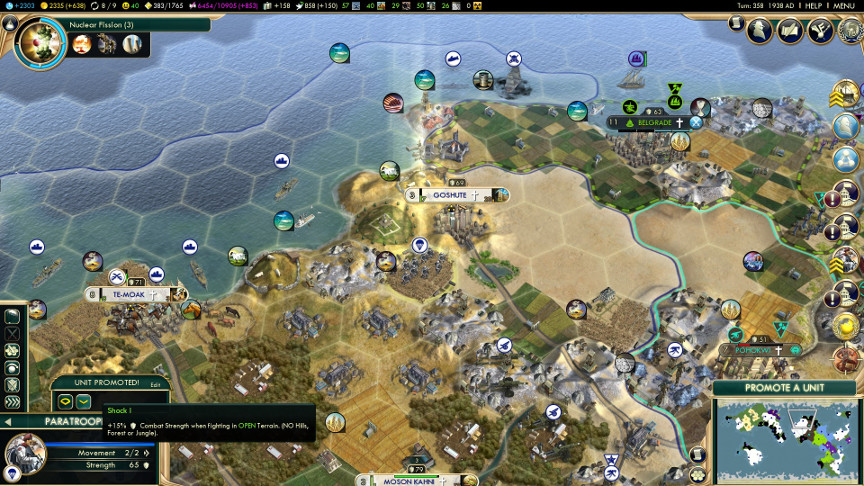 "Even angels fallen from heaven would take up arms in your name." 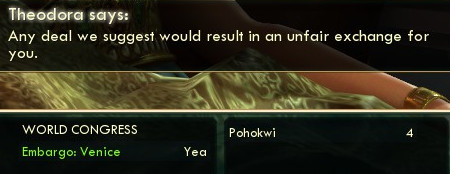  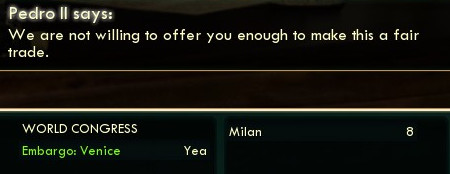 "We are overjoyed that you would entrust the people of the Shoshone to us, that we might guide them on the right path as you have guided us." 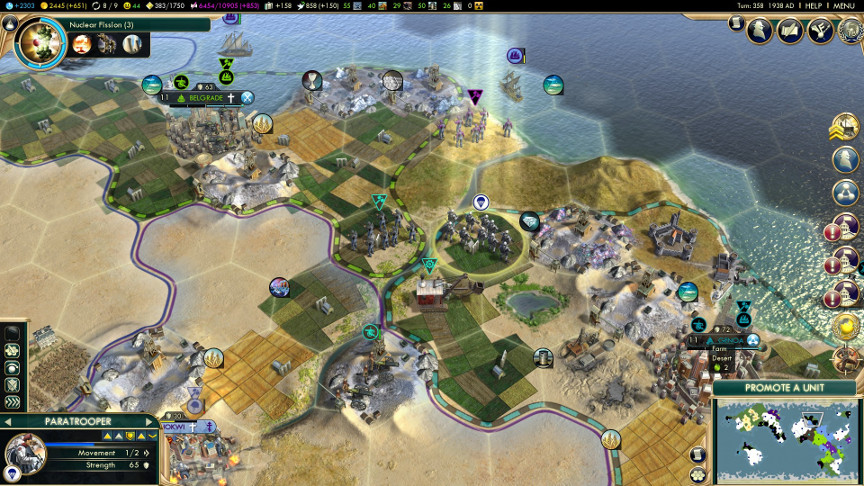 "You have left the enemies of freedom nowhere to hide." 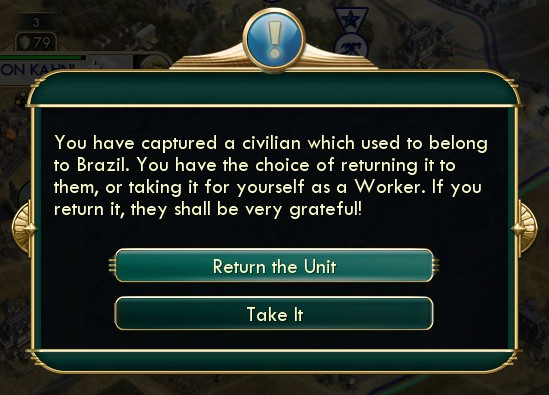 The cheers of thousands of freed Brazilians fill the ears of the President. 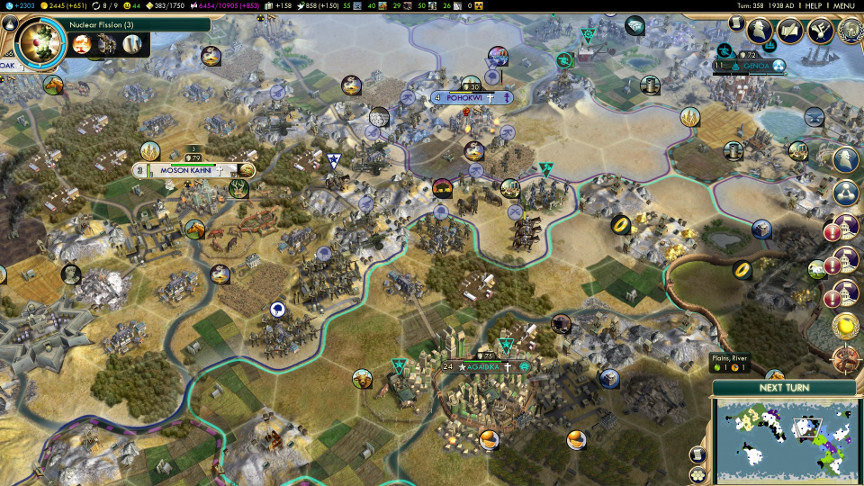 There is only one step left to take.  The world is almost ready for peace.  Not everyone will understand the means by which it was wrought. 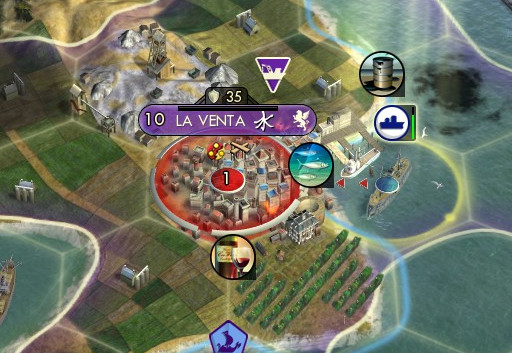 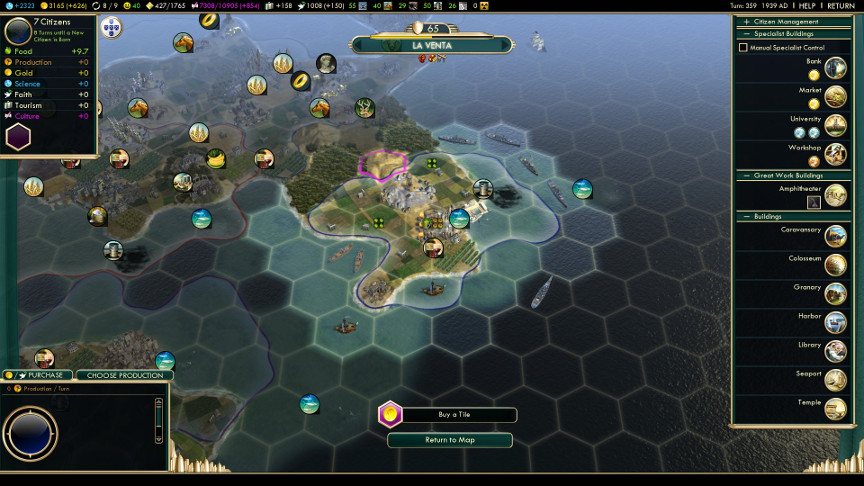 Yet, the President alone knows the price of freedom. 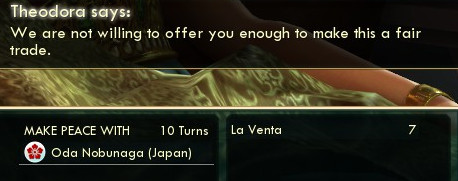 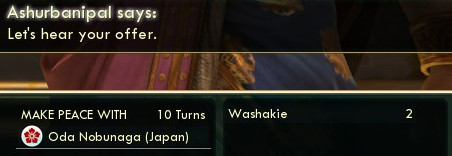 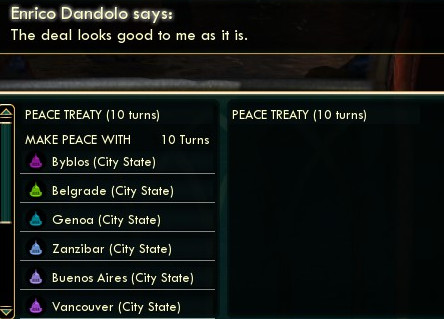 In the distance, the President hears a voice calling out to her. 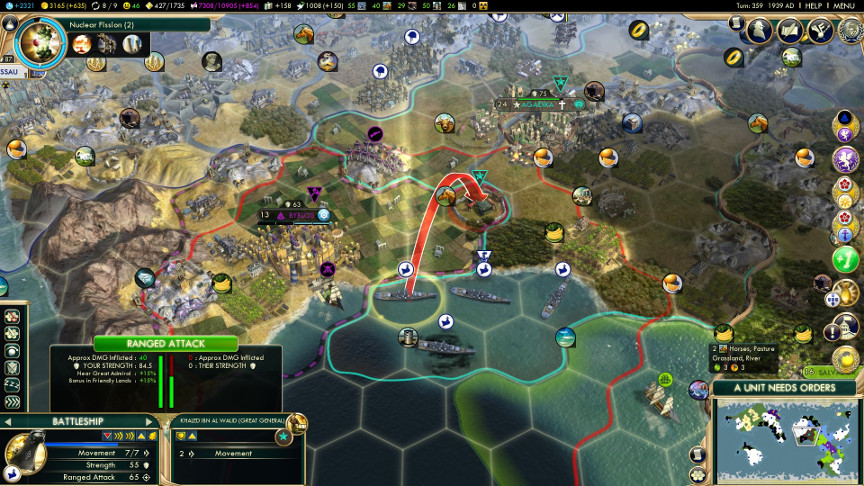 "We wish to see you hunt!"    A chorus of voices roars its approval, in all the languages of man. 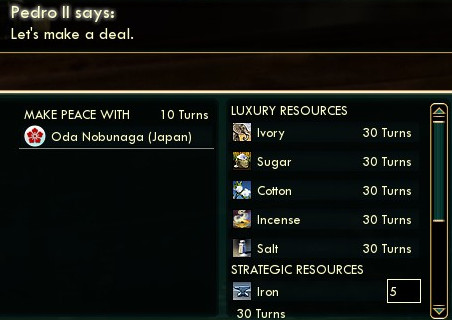 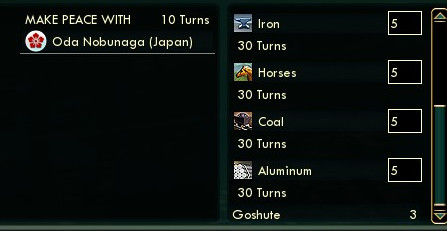 Almeida, in the midst of a friendly conversation with Pedro, nods his approval. 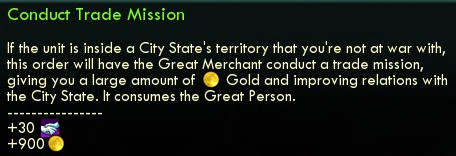 The crowd parts, and Salazar walks up to the President, a smile on his face. 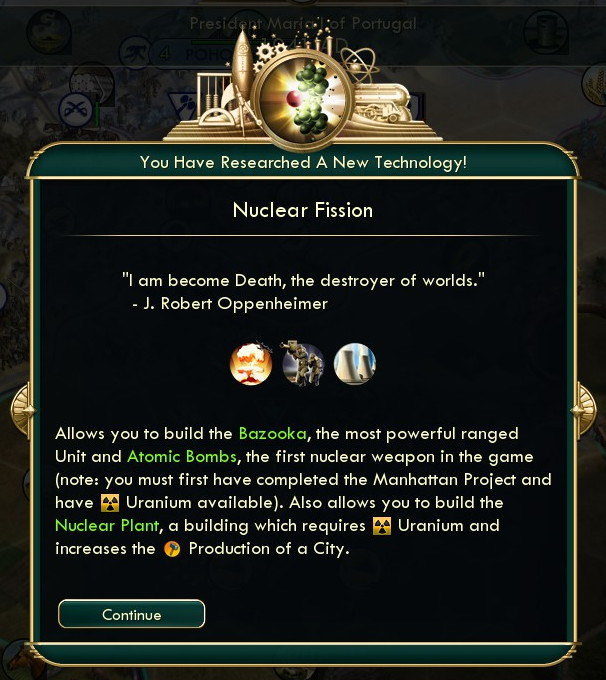 He hands her a golden bow, and an arrow shining with sunlight. 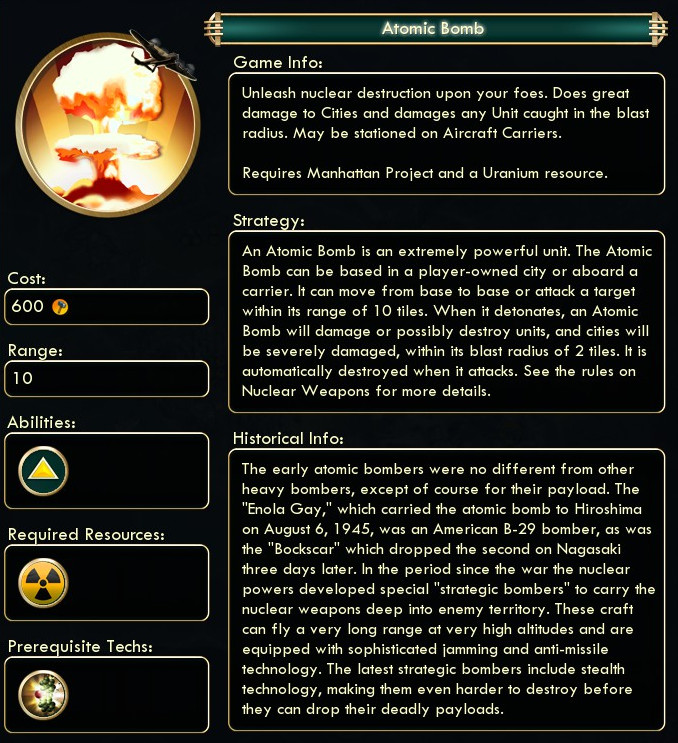 She looks around for a suitable target. 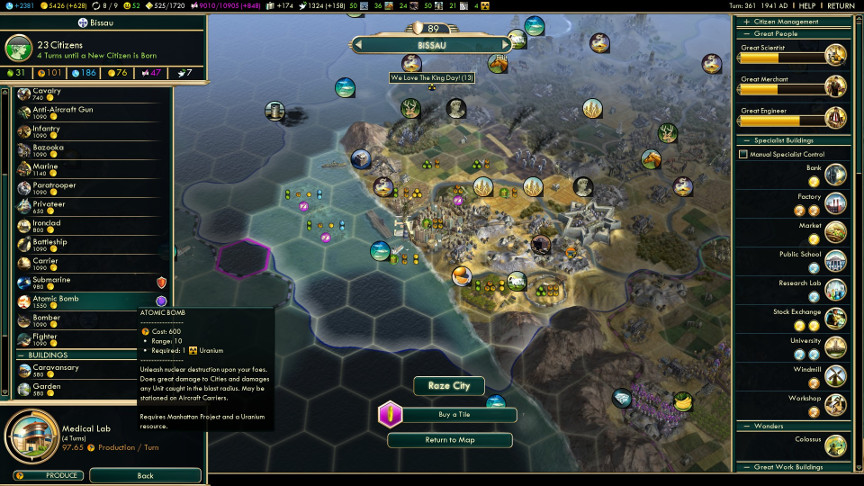 Her eyes lock on the Shoshone territory, barely visible from her vantage point among the clouds. 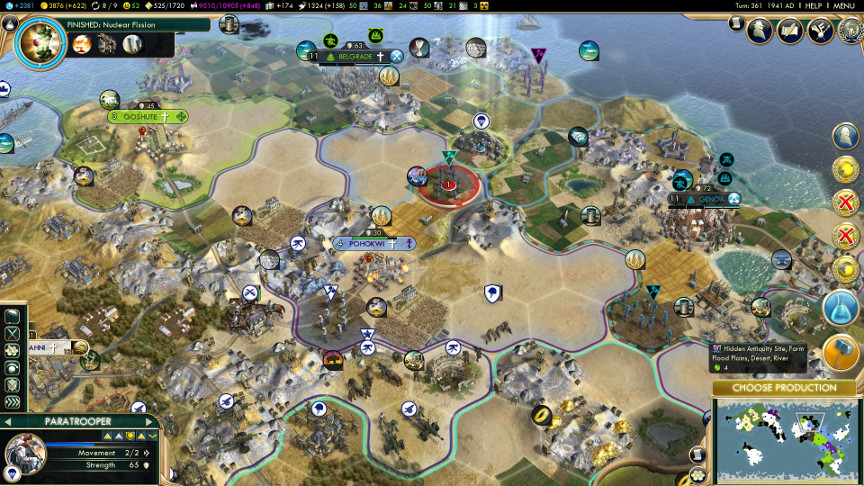 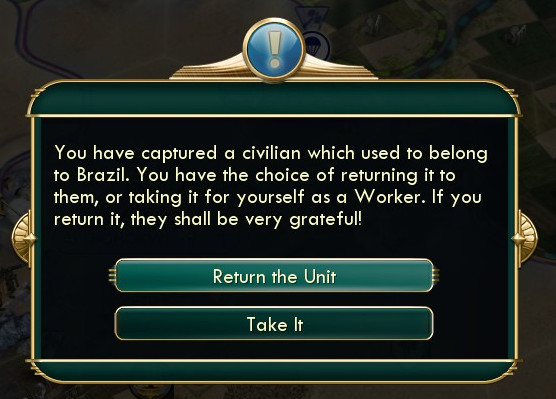  "A fine choice, Senhora Presidente." Salazar whispers gently into her ear. "They need to be shown the fruits of our enlightenment." 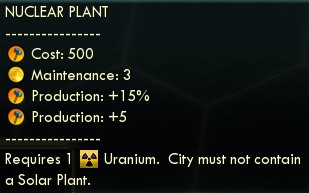 She nocks the arrow, and it grows brighter still. 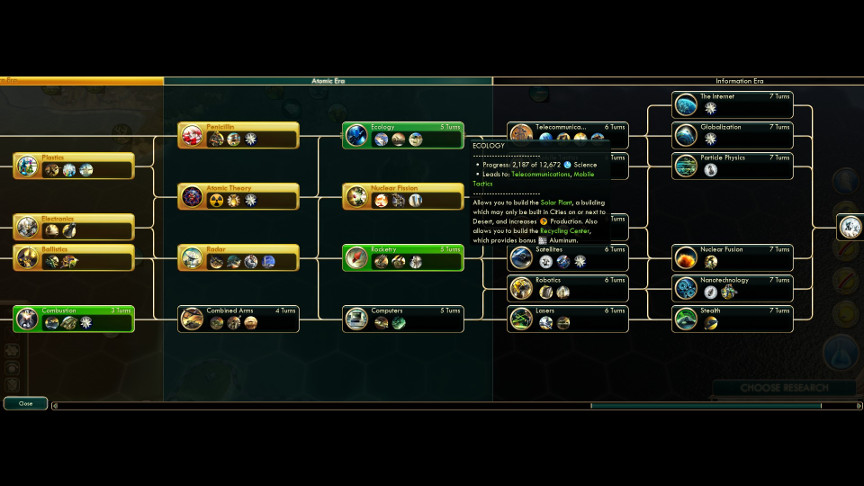 Though it hurts her eyes and starts to burn her hands, she focuses her breathing and looks to the earth below. 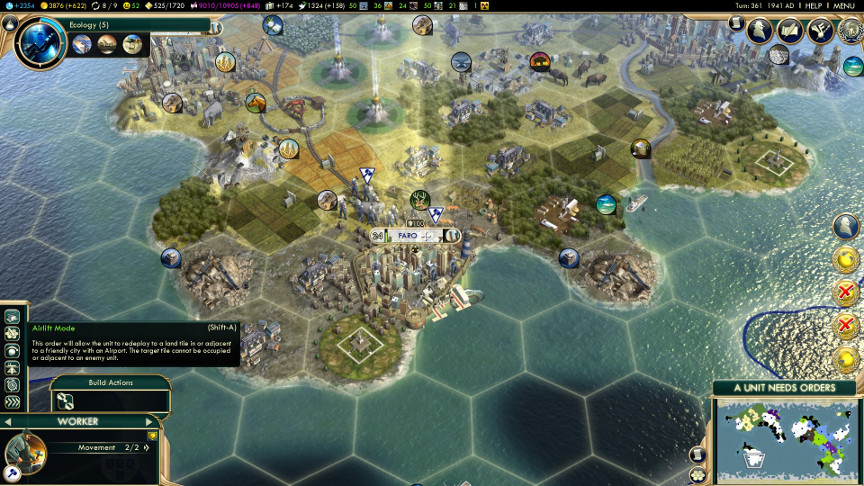 She barely hears a familiar voice calling out to her, but she ignores it. 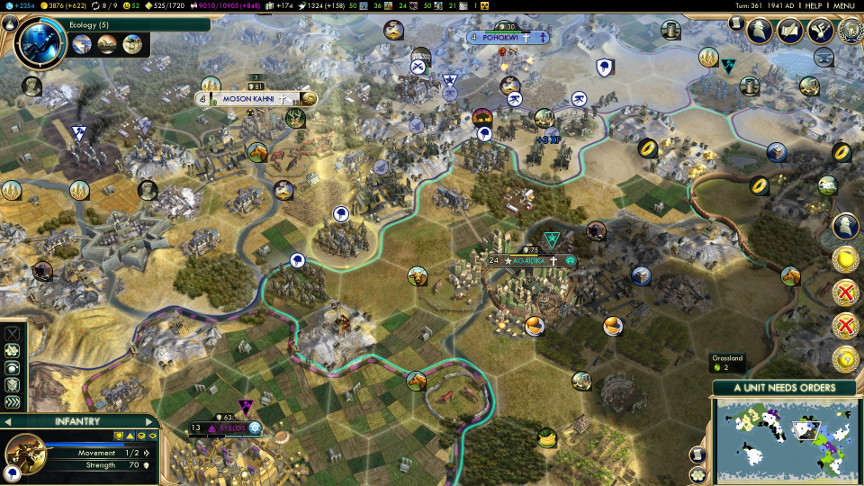  She pushes all other thoughts from her mind, and becomes one with her target. She lets loose the arrow   A crowd of cheers becomes a horrible chorus of screams, as the arrow sails through the sky. 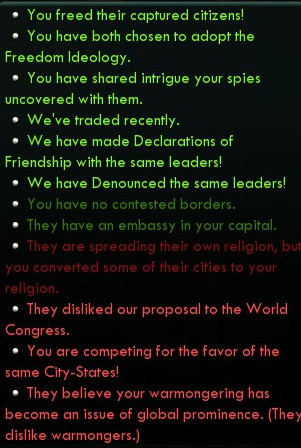 Pedro stares at her in horror. "What have you done?!" 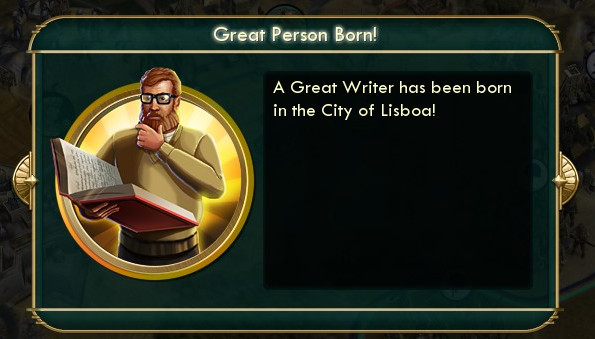 There is a banging noise in the distance, and a voice rings in her ear like a siren. "Senhora Presidente!" The President jolts awake, and finds herself in her office, surrounded by paper and confronted with a panicked Almeida. 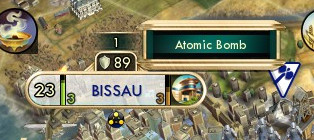 "Salazar is in Bissau. He has the weapon, and he wishes to speak with you." 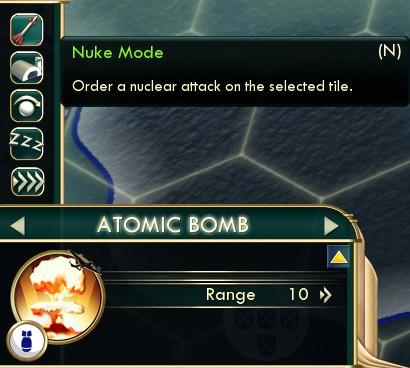 "The wealth of the Casa de Luanda has seen fit to provide you with an instrument of freedom, the likes of which the world has never seen before." Salazar begins. "With but a command, we will strike at Agaidika and carve out the heart of this evil once and for all." 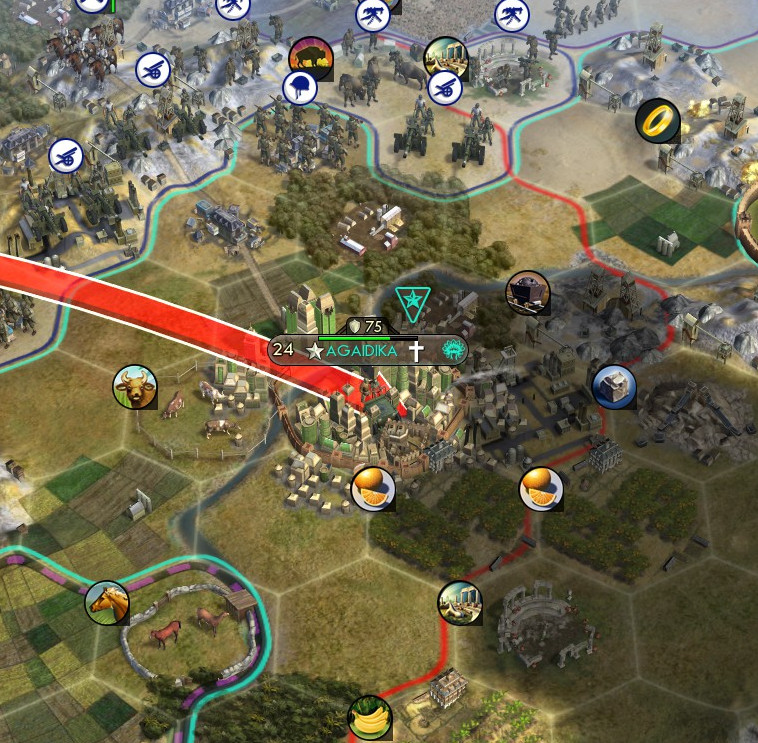 The President clears her mind of all thoughts, and opens herself to the voices of her people. "We will end this with words." "We will end this with fire."
|
|
|
|
We end this with words. (If the target had been a Venetian city, that might have been a harder question) Actually, could we do both? A sort of alternate history sort of thing? Like, what if Maria suddenly had a massive mental breakdown?
|
|
|
|
We will end this with words.
|
|
|
|
We will end this with words. Unlike actual Maria, we will not go mad.
|
|
|
|
We will end this with words. It has not been in question, but occasionally the right must be confirmed on its own.
|
|
|
|
We will end this with words.
|
|
|
|
We will end this with words. War is a means. Peace, and the freedom it brings with it, are the end.
|
|
|
|
We will end this with words! We played this LP as Paragons of freedom and peace, and by golly shall we continue to do so!
|
|
|
|
We will end this with the words: Eat nuclear fire sucker!
|
|
|
|
We will end this with words. We can still choose to be better than this.
|
|
|
|
We will end this with fire! What use is a discovery you can't use?
|
|
|
|
We will end this with words. Unleash not what you cannot contain. The Box is not to be opened.
|
|
|
|

|
| # ? May 5, 2024 09:18 |
|
The Huntress has given us her divine instrument for us to finally show the world the price that sinners must pay. Peaceful coexistence is required, and if we must smite others to show it, then it will have to do. We will end this with Fire
|
|
|





